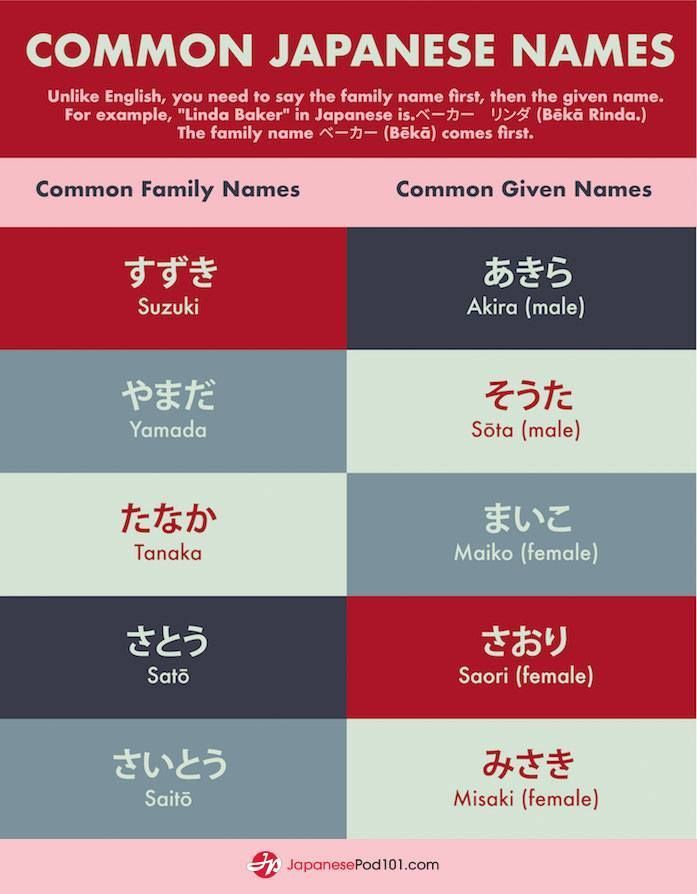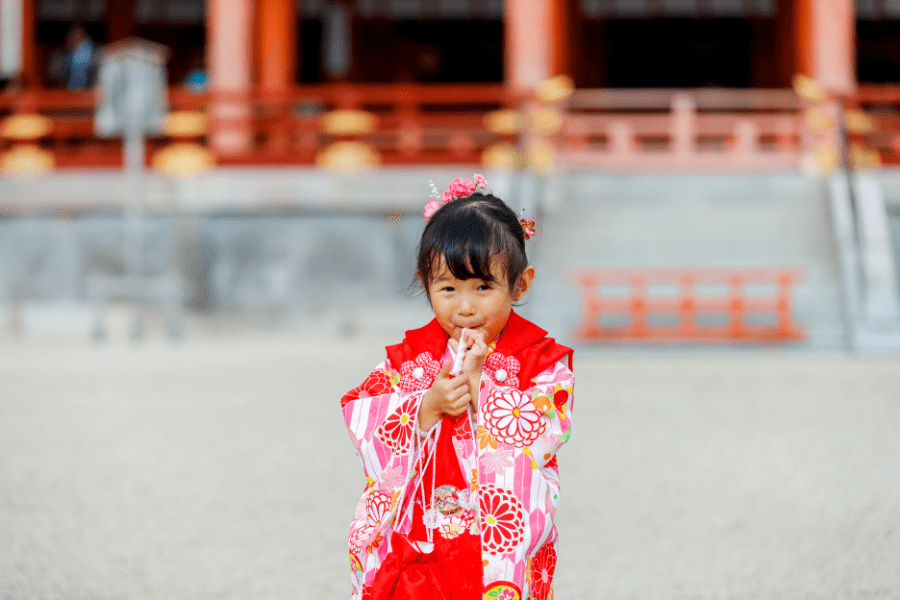Unique japanese girl names: Japanese Girl Names and Their Meanings
Posted on100 Japanese Girl Names (With Meanings)
Japanese can be written with kanji, which are characters representing syllables or words. Or they can be written with hiragana, which are similar to single letters, and katakana, which are like hiragana but used predominantly for foreign words.
Since several kanji may have the same sound, one name can be written in different ways, with various kanji. For this reason, when we give definitions in this article for Japanese girl names, we often provide several options.
100 Japanese Girl Names and Meanings
Whether you’re looking for unusual female Japanese names or a more common one, there should be something you’ll find intriguing on this list.
1. Ai
The Japanese girls’ name Ai can mean 愛 love, affection, or 藍 indigo.
When written Ái, this is a masculine name from Norse mythology, meaning great-grandfather or ancestor. We think this makes Ai an excellent choice for a family with a mix of Japanese and Norse heritage.
2. Aiko
Aiko means love, affection, and child.
Aiko was a trendy Japanese girls’ name at the beginning of the 20th century. It first entered the list of top 10 girls’ names in Japan in 1917, peaking at number four in 1924 and falling out of the top ten once more in 1932.
3. Aimi
The most commonly combined kanji for Aimi mean love, affection, and beauty.
Aimi is also an Estonian variation of Aime and an occasionally used English variant spelling of Amy, which both mean beloved, which neatly ties all three names together.
4. Aina
Aina once again uses the kanji for love and affection but this time combines it with 菜, meaning vegetables, greens.
The unique combination of meanings for the most common kanji variations for Aina makes this a possible shoo-in for a cool Japanese girls’ name with an earthy or nature vibe.
5. Airi
Airi combines love and affection with the kanji for pear.
The multi-talented Airi Suzuki is a Japanese model, actress, recording artist, and radio host who graduated from Keio University with a degree in Environmental Studies.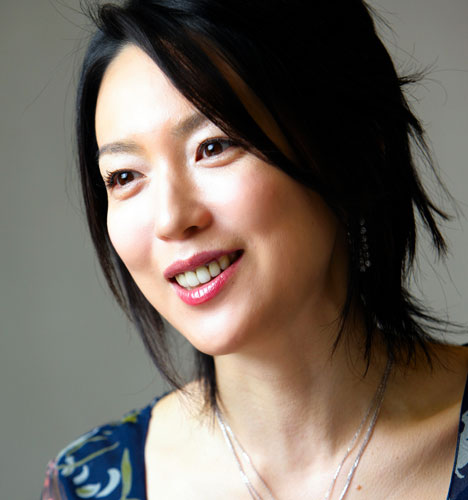
6. Akane
Akane is the Japanese word for deep red.
Akane is a game released in 2018 by Lucas Studios. Available on Steam, it is a basic but highly addictive and entertaining arena slasher game. The object is to take out as many yakuza as possible before you bite the dust.
7. Akari
Akari means bright or vermillion red combined with village or white jasmine.
ASTRO-F, otherwise known as Akari, is a multinational satellite developed through a partnership between Japan, Europe, and Korea. Its mission is to map the sky in near, mid, and far-infrared.
8. Akemi
The Japanese name Akemi means bright and beautiful.
Akemi is a gender-neutral name, and as is a tradition in Japan, the kanji used for the girls’ and boys’ versions are different. While multiple combinations are possible, the most common for a girl named Akemi is 明美, meaning bright beauty.
9. Aki
Aki means autumn, fall or clear, crystal.
Aki is also a Serbian short form of Alexander, a Norse boys’ name meaning ancestor or father, and a Finnish shortening of Jehoiakim, which means raised by god.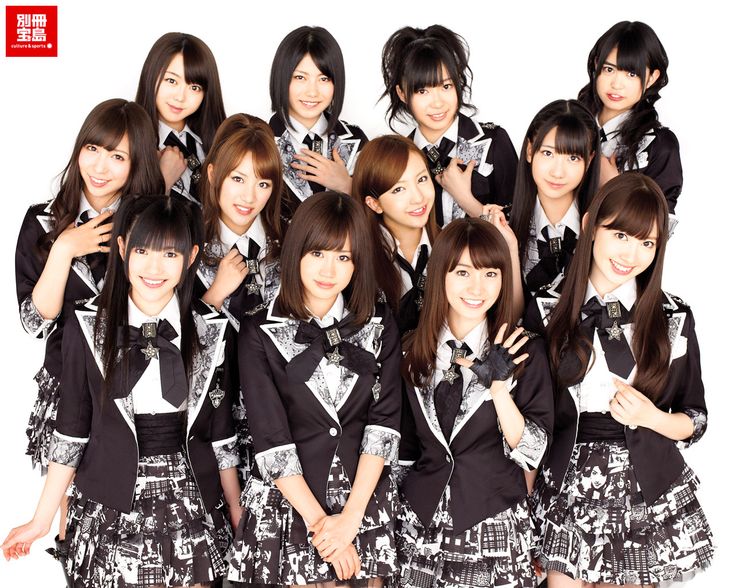
10. Akiko
Akiko is Aki combined with ko, which means child.
By using the kanji 秋子, Akiko can mean autumn child, which makes it an ideal name for a girl born in the fall.
11. Akira
Akira means clear.
Akira is a gender-neutral name and has, rather unusually, made it to the top 1,000 names in the U.S. From 2006 and 2012, there were between 270 and 424 girls given the name in the U.S. each year.
12. Ami
The Japanese girls’ name Ami means second, Asia, beautiful.
The Ami fashion label was founded in 2011 by Alexandre Mattiussi, who had previously worked for Christian Dior, Givenchy, and Marc Jacobs. The company name is French for friend.
13. Aoi
Aoi is the Japanese word for blue.
In 2020, the ninth most popular name for newborn girls was Aoi, down one place from the year before. Aoi, with the kanji 葵, was the eighth most popular girls’ name that year.
14. Asami
Asami means hemp, beauty.
Asami can be either a forename or a surname.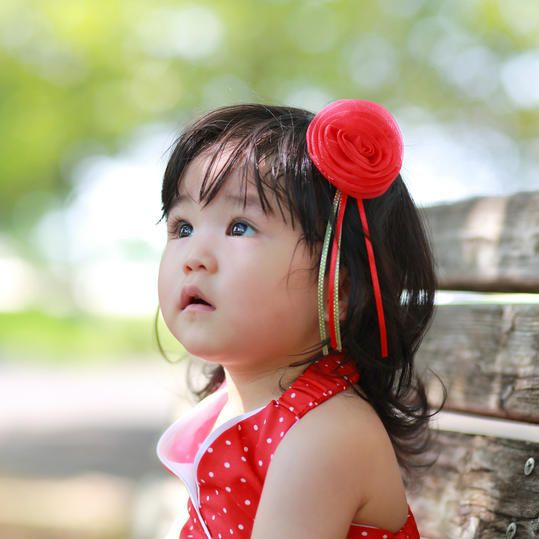
15. Asuka
Asuka means to fly, bird.
Professional wrestler Kanako Urai performs under the name Asuka. Born in Osaka, she wrestled under several ring names but adopted Asuka when she signed with the WWE in 2015.
16. Atsuko
Atsuko combines warm, honest, or sincere with child.
Named to a list of 20 Rising Women Directors You Need to Know, Japanese American film-maker Atsuko Hirayanagi’s short film, Oh Lucy!, won over 25 international awards, and Hirayanagi went on to make an award-winning feature-length version.
17. Aya
Aya means color, design.
The name Aya is found on top 100 lists around the world. However, that may be because Aya is also a girls’ name of Arabic origin and an alternative transcription of آية, or Ayah.
18. Ayaka
The Japanese girls’ name Ayaka means color, flower.
Singer, songwriter, and record producer Ayaka performed for an MTV Unplugged special shortly before her retirement due to Graves Disease.
19. Ayako
Ayako is made by combining the kanji for Aya meaning color, design, and Ko meaning child.
Another kanji that represents the sound aya is 絢, which has the meaning brilliant fabric design, kimono design. Therefore, this name can mean brilliant fabric design, kimono design child.
20. Ayame
Ayame means iris.
Iris sanguinea is a species of iris native to Japan. The unbranched stem grows up to 90 centimeters tall and produces between one and three flowers. The flowers range from purple, purple-red, and violet to a rare white shade.
21. Ayane
The literal translation of Ayane is a colorful sound.
Ayane is a character in the Dead or Alive and Ninja Gaiden video games series. One of Temco’s most popular characters, Ayane, is also one of the mascots for Koei Tecmo.
22. Chiaki
Chiaki means a thousand autumns.
In 1994, cardiovascular surgeon Chiaki Mukai became the first Japanese woman to go into space.
23. Chie
Chi is often made by pairing 千 or Chi, which means thousand, with a kanji of the sound e.
Chie is a popular name for those wanting to bestow good fortune on their daughter. This is because of the possible kanji combinations such as 千恵 meaning thousand blessings, 千栄 meaning thousand prosperous, 智栄 meaning wisdom prosperous, and 千映 meaning thousand shine.
24. Chihiro
Chihiro means thousand, search, seek.
Spirited Away tells the story of 10-year-old Chihiro Ogino, her family’s accidental brush with the supernatural, and her quest to return things to normal (1). An exquisitely told story, Spirited Away is a firm favorite in our home.
25. Chika
The Japanese girls’ name Chika means scattered flowers or good wisdom.
American rapper Jane Chika Oranika, known professionally as CHIKA, was nominated for Best New Artist in the 2020 Grammys.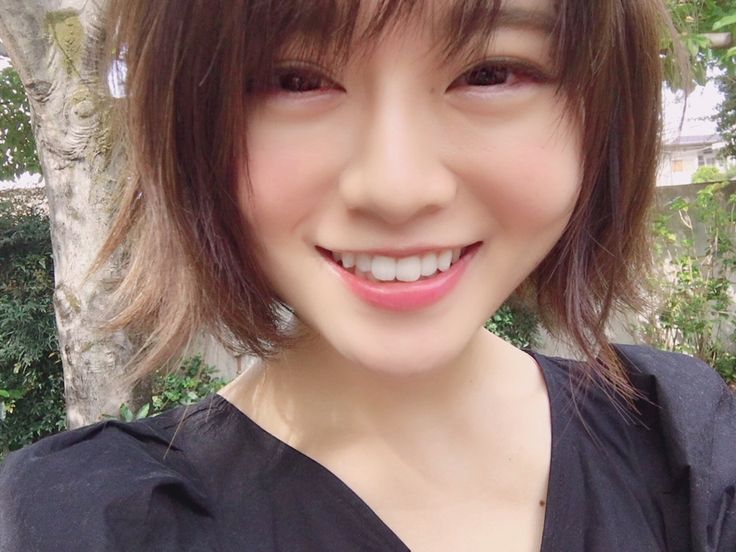
26. Chikako
Chikako is translated as child of a thousand X, with X being the meaning of the other kanji.
After graduating from the University of Hawaii, actress Chikako Fukuyama was cast in Netflix Japan’s most popular show. Based in L.A., Fukuyama stars in the soon-to-be-released movie Bond of Justice: Kizuna.
27. Chinatsu
Chinatsu means a thousand summers.
With an especially strong following within Japanese feminist and liberal subcultures, Chinatsu Ban is best known for her creations featuring elephants.
28. Chiyo
Chiyo means a thousand worlds or a thousand generations.
Japanese author Chiyo Uno was as famous for what was perceived to be a scandalous love-life as she was for her work. Her hugely successful novel Confessions of Love was published in 1932.
29. Chiyoko
Chiyoko has the same meaning as Chiyo but with KO, meaning child, at the end.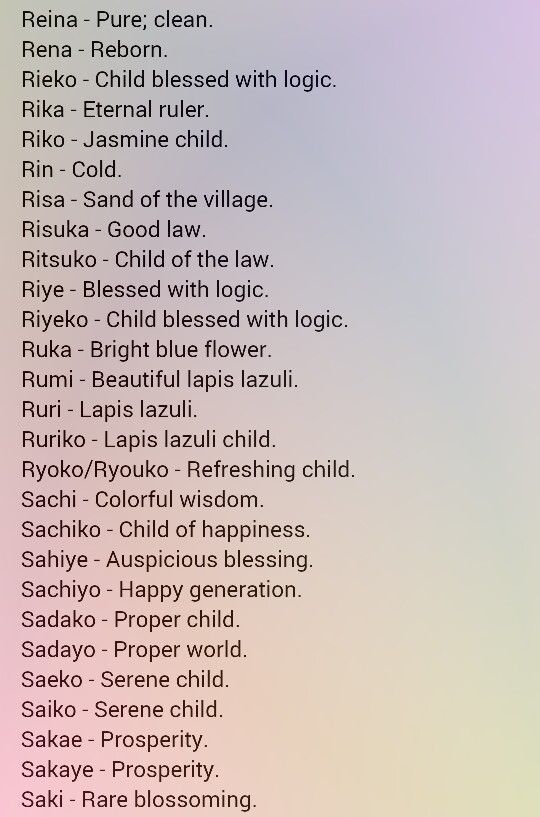
Chiyoko was the common name used for the business Chiyoda Kogaku Seiko Kabushiki Kaisha, meaning Chiyoda Optics and Precision Industry Co., Ltd. This company manufactured Minolta brand cameras, and the company name was changed to Minolta in 1962.
30. Chō
Chō means butterfly.
Voice actor Shigeru Nagashima adopted the stage name Chō in 2006. Famous for his work in animation, live-action, video games, and narration, he has also dubbed movies as disparate as Lord of the Rings, Scooby-Doo, and Ali.
31. Ema
Ema means favor, benefit, and flax.
Ema are wooden plaques, often in the shape of a horse, on which worshippers at Shinto and Buddhist shrines write prayers. This evolved from the ancient practice of donating horses to the shrines to curry good favor with gods and spirits.
32. Emi
One popular form of Emi is 絵美, meaning beautiful painting.
EMI, short for Electric and Musical Industries, was the world’s fourth-largest recording label conglomerate with labels such as Virgin Records and Capitol Records.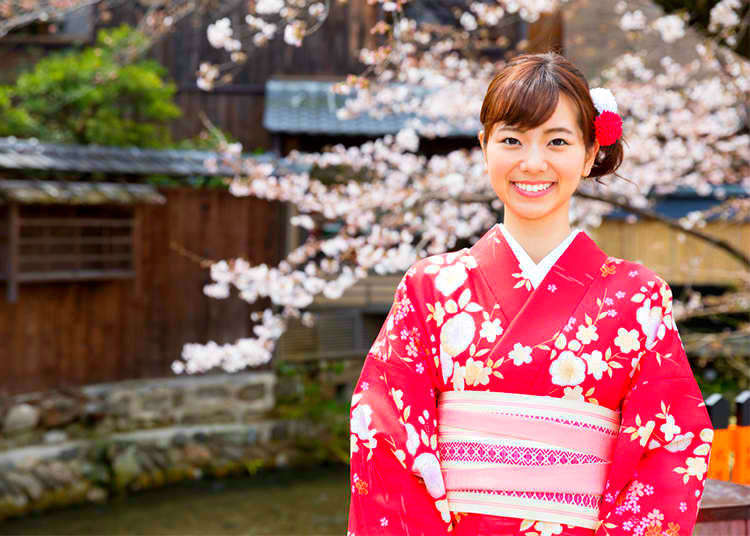
33. Etsuko
Etsuko means child of joy.
A different variant of this name, Atsuko, can also be used. Former fashion designer Atsuko Yamano is a founding member of Shonen Knife, a Japanese alternative rock trio. Nirvana’s Kurt Cobain invited Shonen Knife to tour with them, and Dave Grohl helped Yamano with her drum set up (2).
34. Fusae
One kanji combination for Fusae means house of blessing or kindness.
Fusae Ichikawa was the co-founder of the New Women’s Association and was central to the women’s suffrage movement in Japan. As a result, legislation was passed in 1945, giving women over 20 the right to vote.
35. Fuyuko
The Japanese girls’ name Fuyuko means winter child.
With this distinctly seasonal meaning, we think Fuyuko is a beautiful and unique choice for a girl born during the winter.
36. Hana
As a Japanese name, Hana usually means flower.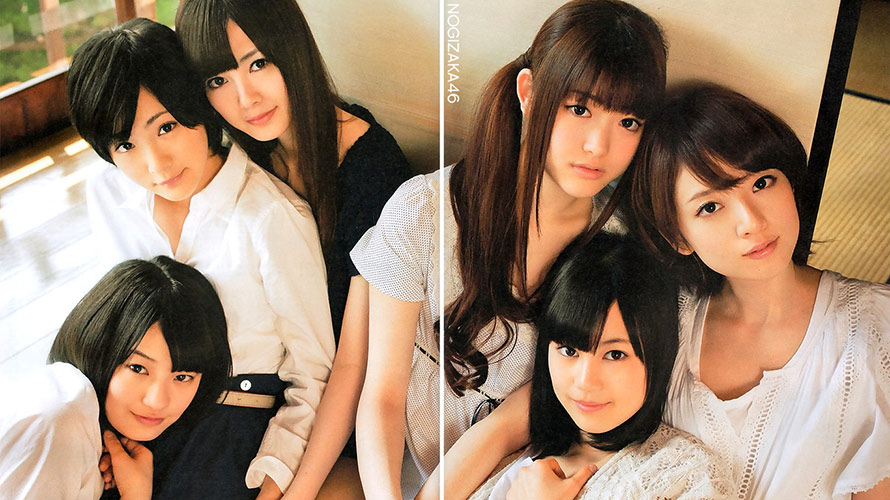
Hana is also an English language alternative transcription of Hannah, which means grace. As an Arab name, it means satisfaction and happiness, and in Kurdish hope. In Maori, Hana means radiance, to extol love, and in Hawaiian work or craft.
37. Hanae
Hanae means flower with picture, favor, or benefits.
In the 1990s, Hanae became a popular girls’ name in France. Since 2009, when 341 were named Hanae, the alternative spelling of Hanaé has taken over. In 2015, 128 girls were named Hanae, and 255 were named Hanaé.
38. Hanako
Hanako means flower child.
Hanako-san is an urban legend about a girl who dies in a school bathroom and haunts the facilities. Children dare each other to go to the third stall in the girls’ bathrooms, knock three times and ask if Hanako-san is there.
39. Haru
The gender-neutral name Haru means springtime, sunlight, or clear, sunny.
Haru is a good choice for a child born in springtime or on a clear, sunny day.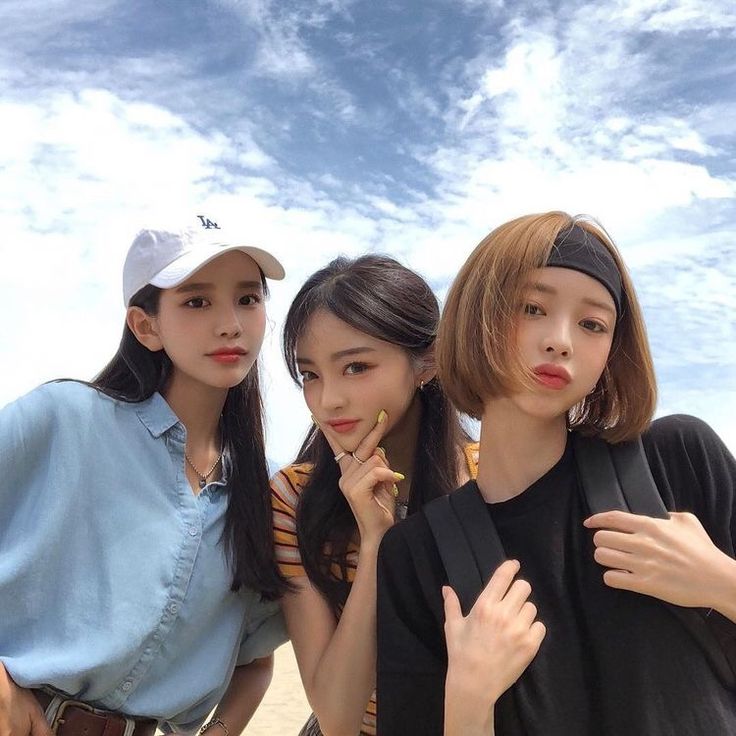
40. Haruka
Haruka can mean spring flower, spring fragrance, or distant, remote.
Olympic gold medalist Haruka Tachimoto is a 5th dan Judoka. Judoka is written 柔道家 and comprised of 柔道, meaning judo with 家 or ka, meaning a person with expertise.
41. Haruko
The most common meaning for Haruko is spring child.
Haruko Momoi is a successful singer, songwriter, and voice actress. Momoi is also the producer of Junjō no Afilia, an all-female group whose members all work in Japanese maid cafes run by the Alfifa Group.
42. Hibiki
Hibiki means sound, echo.
Hibiki’s Magic is a manga series in which the title character, Hibiki, is a wizard’s apprentice. Generally unskilled in magic, despite her teacher’s encouragement, Hibiki ends up with an unwanted professor position at a prestigious magic academy.
43. Hikari
Hikari means light.
The kanji for Hikari is 光, which is also found in Sino-Vietnamese where it has the same meaning but is pronounced Quang.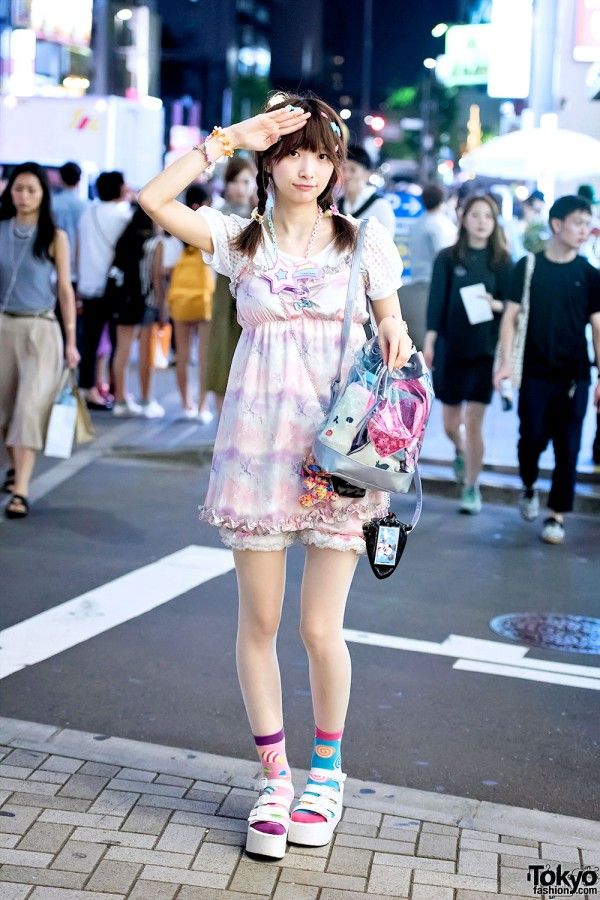
44. Himiko
The Japanese girls’ name Himiko means sun child.
Queen Himiko, who reigned between 189 AD and 248 AD, is thought to have been Japan’s first ruler. Himiko was chosen by the people of the country who were fed up with the chaos that had plagued the islands for 70 years.
45. Hina
Hina means light, sun, or day combined with vegetables, greens.
In 2003, Hina, with the kanji 陽菜 meaning light, sun and vegetables, greens, was the number one girls’ name in Japan. However, although it was also number one in 2005, 2006, 2009, 2011, and 2015, Nina dropped out of the charts.
46. Hinata
Hinata can mean sunny place or toward the sun.
Hinata is an excellent example of the complexity of written Japanese. While 陽向 reads as Hinata and means towards the sun, and 日向 also reads Hinata meaning sunny place, 向日葵 says Himawari but can be read as Hinata, meaning sunflower.
47. Hiroko
Hiroko means tolerant, generous, abundant, or prosperous, plus child.
Japanese children’s manga, anime, and games series, Hamtaro, features Hiroko Haruna, a 10-year-old girl who owns Hamtaro. A curious hamster, Hamarato goes on adventures with his hamster friends, The Ham-Hams.
48. Hitomi
Hitomi means pupil of the eye but can also mean beautiful history.
Hitomi is the final album of guitarist and songwriter John Fahey. Released in 2000, Hitomi featured the track Hitomi Sings, which was an unreleased track from the sessions for his album, Old Girlfriends and Other Horrible Memories.
49. Homare
The name Homare means victory, glory, reputation.
Homare Sawa was named FIFA’s Women’s World Player of the Year in 2011. Her extra-time goal in the World Cup Final with the U.S. made the score 2-2, taking the match to penalties. Japan won, and Sawa became a national hero.
50. Honoka
Honoka means harmony flower.
When 和 is used to write the hono element of Honoka, the meaning of harmony is obtained using what’s called a Nanori reading. Nanori readings are increasingly old-fashioned, and consequently, Honoka is usually written with Hiragana as ほのか.
51. Hoshi
Hoshi means star.
In the hot spring resort Awazu Onsen, there is a ryokan, a traditional Japanese inn, by the name of Hōshi Ryokan. Founded in 718, since when it’s been in continuous operation, it has been run by the same family for 46 generations.
52. Hoshiko
Hoshiko means star child.
Hoshiko Yamane is a Japanese-born composer and violinist who is currently a member of the German electronic music band Tangerine Dream.
53. Hotaru
The Japanese girls’ name Hotaru means firefly.
Hotaru Tomoe is a character in the anime franchise Sailor Moon. Throughout the various series and movies, Hotaru takes on a range of forms, bodies, powers, and aliases.
54. Ichiyo
The literal translation of Ichiyo is location.
Ichiyo Higuchi was the pen name of Natsuko Higuchi, lauded as the first female Japanese writer of the modern era and currently featured on the 50,000 yen note. Higuchi’s works focused on the hardships experienced by the poor, especially poor women.
55. Izumi
Izumi means fountain, spring.
While technically a gender-neutral name, Izumi is used significantly more often for girls than for boys. In the U.S. in 2014, no boys were given this name and 14 girls were.
56. Jakuchō
The meaning of Jakuchō is silent, lonely listening.
Jakuchō Setouchi won multiple literary awards for her novels and translations. She accomplished this despite being labeled a pornographer by the predominately male literati in Japan because she had an affair and subsequently divorced her husband.
57. Jun
The gender-neutral name Jun means pure, clean, simple, or moisture.
The Chinese gender-neutral name Jun means ruler, king. It can also mean talented, handsome, or army, but these meanings are usually only used for boys.
58. Junko
Junko can mean obedience, pure, or simply combined with child.
Junko is pronounced as either JOON-KO or JOONG-KO, depending on what part of the country you are in. However, use this name for a child in an English-speaking country, and they’ll have to listen to their name being pronounced JUNK-O.
59. Kaede
The Japanese gender-neutral name Kaede means maple.
Actress, model, and dancer Kaede Dobashi, known by the mononame Kaede, is a member of Happiness and E-Girls, both Japanese j-pop girl groups.
60. Kanako
Kanako is formed with the kanji for increase or fragrance, vegetables, greens, and child.
Japanese suspense movie The World of Kanako follows a dysfunctional, ex-police officer as he investigates the disappearance of his teenage daughter.
61. Kanna
Kanna is made by the unlikely kanji combination of bookmark and vegetables.
Kanna is also the common name of the South African succulent sceletium tortuosum.
62. Kaori
Kaori means fragrance, aroma, or, occasionally, perfume.
Kaori can also be an alternative reading of 香織, in which case it means weaving. In addition, the regular kanji for Kaori, 香, meaning fragrance, can also be read as Kaoru.
63. Karen
The Japanese name Karen, 華蓮 means flower, lotus, water lily.
If you are looking for a girls’ name that reflects a mixed parental heritage, Karen is a workable choice. However, you may have to put up with the negative stereotypes currently associated with Karen in English-speaking countries.
64. Kasumi
Kasumi can mean mist or be a combination of flower and pure.
Japanese destroyer Kasumi was one of the ships guarding tanker ships during the Japanese attack on Pearl Harbor. On April 7th, 1945, she came under attack by aircraft of the U.
65. Kazue
Kazue means harmony, peace, and favor, benefit.
Kazue Sawai is a professional koto player and composer who is famous for her free improvisation and contemporary classical music. The koto is the national instrument of Japan. A plucked half-tube zither, the most common form, has 13 strings.
66. Kazuko
The definition of Kazuko is usually peace child.
It’s unusual for Japanese names to make the U.S. top 1,000 names charts, but that’s exactly what happened with Kazuko in 1927. It only reached number 954, but that still counts as charting.
67. Kei
Kei can mean intelligent, congratulate, or gemstone.
In addition to being a popular gender-neutral Japanese name, Kei is also an ancient Frisian boys’ nickname, meaning victory, brave spear. An alternative reading for some kanji that read Kei is Megumi, also a Japanese girls’ name.
68. Keiko
Keiko means blessed child.
The name Keiko was given to the male orca who played the title role in Free Willy.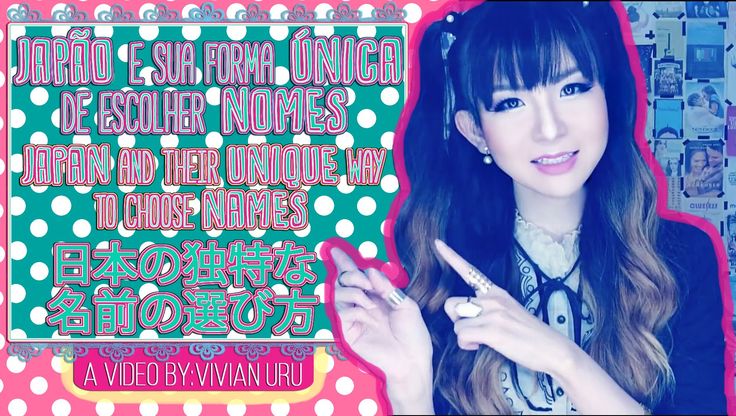
69. Koyuki
Koyuki means little, less snow.
Koyuki Higashi and Hiroko Masuhara married at Tokyo Disneyland’s Cinderella Castle in 2012. They became the first “officially” married same-sex couple in Japan.
70. Mai
Mai can mean dance or linen robe.
Mai is also the name for the month of May in Norway and Estonia, as well as a Sino-Vietnamese girls’ name that means plum, or apricot. It’s also a Danish, Norwegian, and Estonian short form of Maria.
71. Masako
The Japanese girls’ name Masako combines elegant, graceful with child.
Sometimes described as the most important woman in Japanese military history, Masako Hojo was famous for riding into battle alongside her husband. The only time she missed a military campaign was when she was giving birth.
72. Mayumi
Some meanings for Mayumi are spindle tree, elegant bow, and truth, reason, beauty.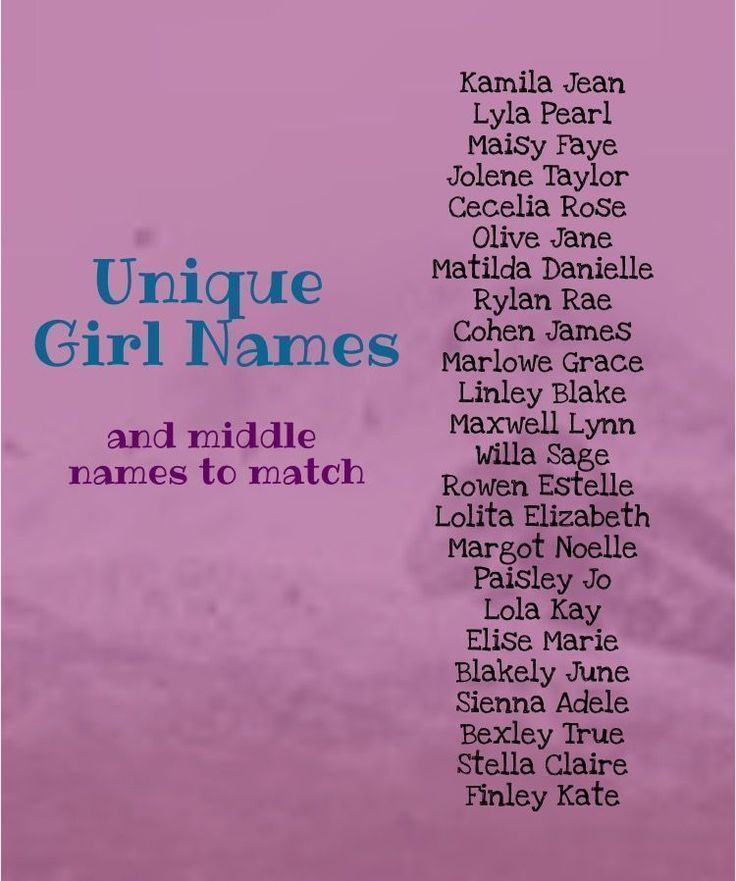
Brazillian esports player Mayumi may only be 18, but she has already become an icon in League of Legends, as well as an inspiration to other female gamers.
73. Megumi
The Japanese girls’ name Megumi means favor, benefit, love, or affection.
Upon discovering she didn’t know much about vaginas, artist Megumi Rokudenashiko set out to investigate the nature and appearance of hers through sculpture. As a result of her work, she has been arrested for obscenity twice.
74. Mei
Mei means budding life.
As well as being a Japanese girls’ name, Mei is also a Chinese girls’ name. When written with the Chinese character 美, it means beautiful, while 梅 is also Mei but means Chinese plum.
75. Michi
While other kanji can be used to make this name, Michi usually means path.
Michi is a high-end women’s brand specializing in activewear and loungewear—founded by Brooklyn-based designer Michelle Watson. The styles are made to be worn both in and out of the studio or gym.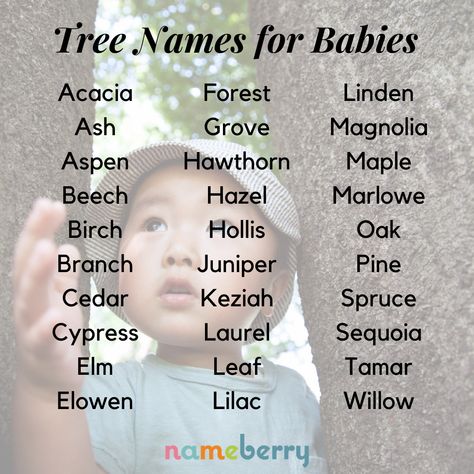
76. Midori
Midori is Japanese for green.
Midori is an extremely sweet, 20-21% alcohol liqueur from Japan. Named Midori because of its bright green color, it is made from musk melon.
77. Mika
Mika combines the kanji for beautiful with the one for either fragrance or increase.
Photographer Mika Ninagawa is famous for her vibrant images, often featuring flowers or fish. Ninagawa has also achieved success as a director of movies, music videos, and most recently, a Netflix series.
78. Moe
The name Moe means bud, sprout.
Moe is an English language abbreviation for the boys’ names Maurice and Morris or the girls’ names Maureen or Moriah. It is also a Burmese gender-neutral name that means sky, rain.
79. Moriko
The most popular kanji combination for Moriko means forest child.
As well as creating sculptures, digital art, and photographs, artist Moriko Mori founded the Faou Foundation. The foundation promotes the relationship between art and nature by creating and placing art installations in natural environments around the world.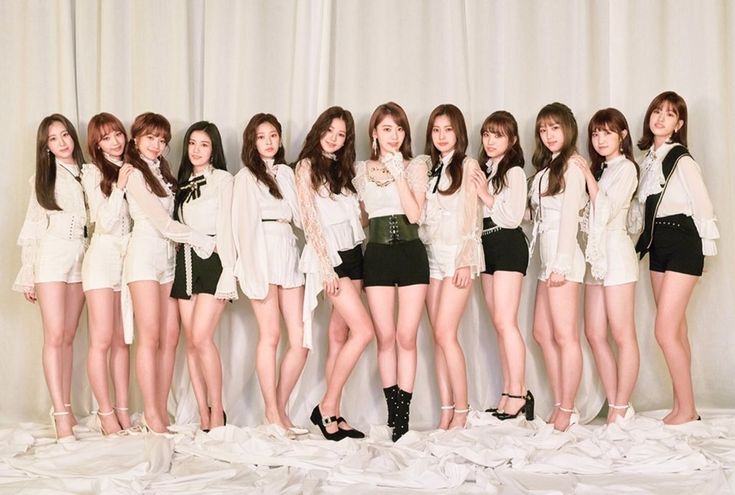
80. Murasaki
Murasaki means cluster, bloom, in reference to the plant purple gromwell.
Born around 978 AD, Murasaki Shikibu helped shape the Japanese language through her writing, which took verbal Japanese and transferred it to a written form. Shikibu wrote The Tale of Genji, considered to be a classic of Japanese literature.
81. Renho
Renho can mean pure heart and friend.
Renho Murata is the first female leader of the Japanese Democratic Party. She’s the first female leader of a big political party in Japan, and she is also the first mixed-heritage leader.
82. Rio
Rio is created by combining kanji meaning white jasmine or village, with thread or center.
Rio is also the Spanish word for river and has been a popular boys’ name in the United Kingdom since the late 1990s. However, in that case, it is used as a boys’ name inspired by footballer Rio Ferdinand.
83. Sachie
Japanese girls’ name Sachie means happiness, good luck.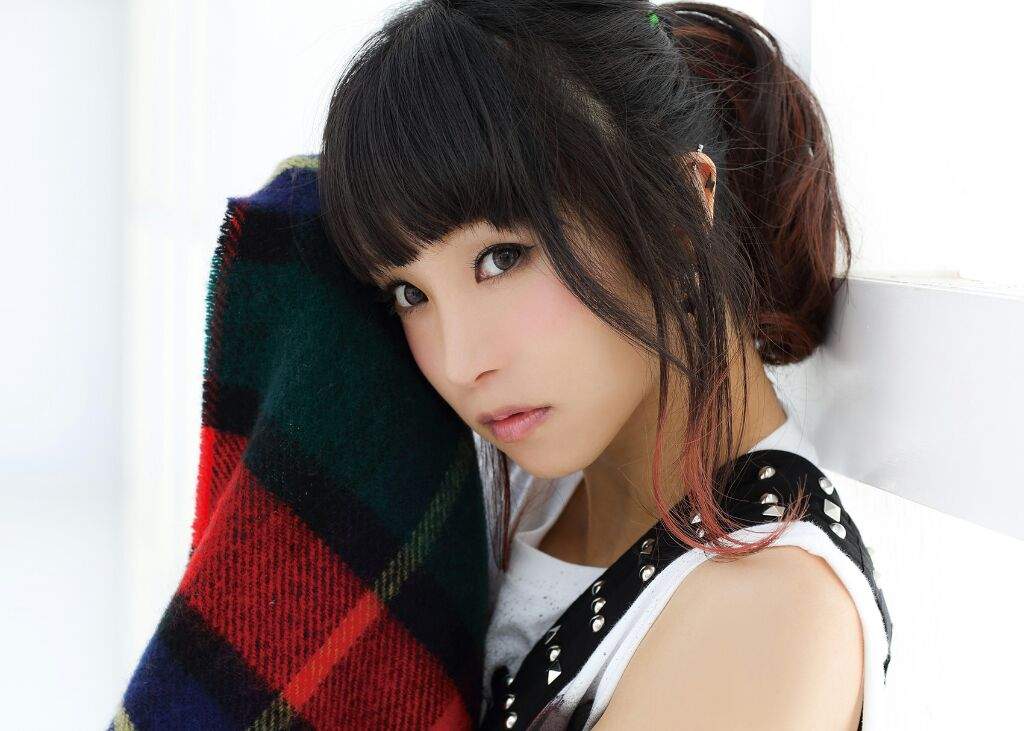
Canadian vlogger Sachie is famous for her YouTube channels, which feature manga reviews, anime commentary, cos-play, and her daily life.
84. Sachiko
Sachiko means child of bliss or child of happiness.
Sachiko is the name of a character in Eimile Autumn’s suspense novel and psychological thriller The Asylum For Wayward Victorian Girls.
85. Sadako
Sadako means true, certain, sure, definite, and child.
From 1991 to 2000, human rights champion and diplomat Sadako Ogata was the United Nations High Commissioner for Refugees. Among her many accolades in 2005, she received the prestigious World Citizenship Award with alumni such as Wangari Maathai and Nelson Mandela.
86. Sakiko
Sakiko is made from kanji representing blossom and child.
We think Sakiko is a fabulous name for a child born in spring or when the trees in your area are resplendent with blossom.
87. Sakura
Sakura means cherry blossom.
Every spring, Japan is resplendent in beautiful pink and white cherry blossoms.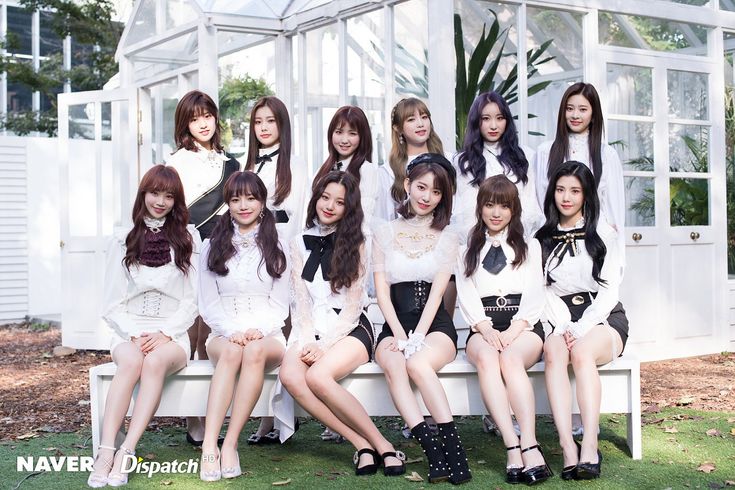
88. Shinju
Shinju means pearl.
Shinju is a pretty name, but it is similar to Shinjū, so you may want to give it a pass. Shinjū refers to double suicide, or more commonly in modern use, any suicide of two or more people bound together by love, social, or family bonds.
89. Shun
Shun can mean fast or talented, depending on which kanji is used.
In addition to being a Japanese gender-neutral name, Shun is also a gender-neutral Chinese name, although in that case, Shun means to obey, submit.
90. Suzume
Suzume means sparrow.
While we adore this girls’ name from Japan, we fear it would be ruined by people calling a little one named Suzume either Susan or Suzie instead.
91. Takako
The name Takako has multiple possible meanings, depending on the kanji used.
There are at least a dozen ways to combine kanji to create the name, Takako.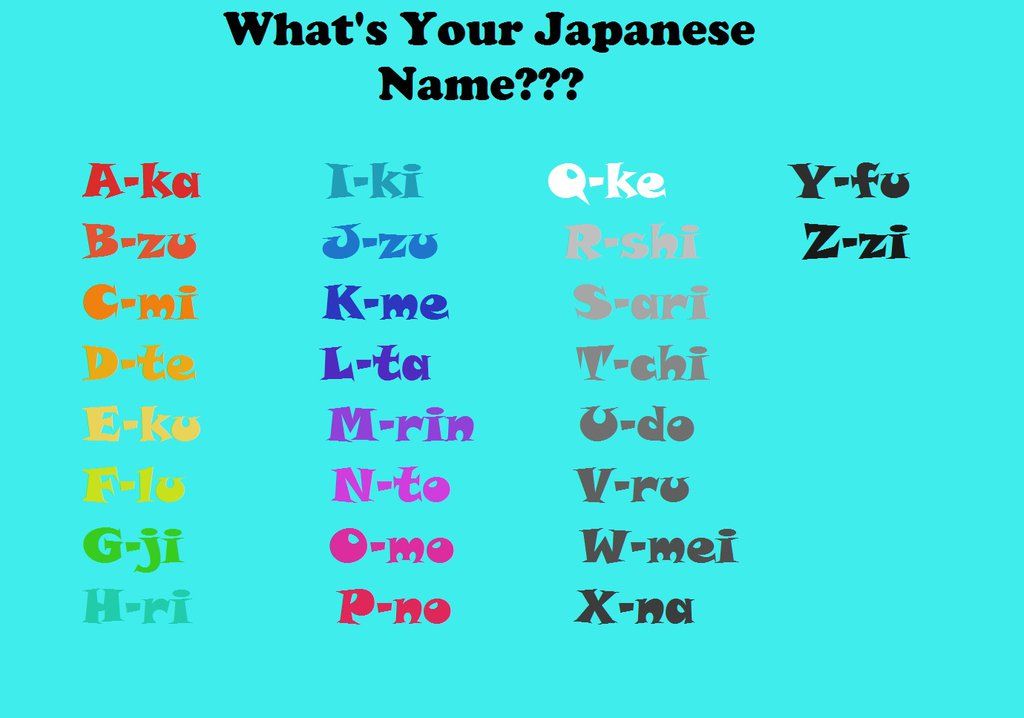
92. Takara
Takara means treasure, jewel.
Japanese toy company Takara Co. Ltd. produced toy lines called Microman-Micro Change and Diaclone, which were later rebranded as Transformers, giving birth to the hugely successful international franchise.
93. Tamiko
Tamiko is often written in such a way that it means child of many beauties.
Hitting the U.S. 1,000 most popular girls’ names charts in 1968, 309 girls were named Tamiko. Skipping a year, Tamiko returned in 1970, peaking in 1975 when it was given to 486 babies and disappeared after it was used 158 times in 1978.
94. Tomoe
Tomoe is created by combining wisdom, intellect, or friend with favor, benefit.
Fearsome female samurai Tomoe Gozen was famous for her skills with both a bow and a sword. Infamous for decapitating those she conquered, Goen lived to the ripe old age of 91.
95. Tomoko
Tomoko can mean cleaver, friendly, knowing, or wise child.
Tomoko Uemura in Her Bath is a photograph by W. Eugine Smith. Published by Time magazine in 1972, the image was part of a project Smith undertook to bring the world’s attention to Minamata disease, which is caused by mercury pollution.
96. Toshiko
Toshiko means quick, clever, sharp child.
Toshiko Kishida was a 19th-century feminist who was arrested many times for speaking of women’s rights. She said, “If it’s true that men are better than women because they are stronger, why aren’t our sumo wrestlers in the government?”
97. Ume
Ume means Japanese apricot.
Ume refers specifically to the apricot species Prunus mume, which is known in Japan as sumomo. The ume blossom is regarded as a symbol of spring, and in Japanese tradition, it was thought to ward off evil.
98. Yasu
The Japanese name Yasu means peaceful or smooth.
In addition to being a gender-neutral Japanese name, Yasu is also a form of Jesus traditionally used by Arabic-speaking Christians.
99. Yayoi
Yayoi combines the kanji for increase and birth, life, genuine.
The world’s top-selling female artist is Yayoi Kusama. The primarily conceptual artist has lived and worked from a psychiatric ward, which she signed herself into, for the last 40 years.
100. Yui
Yui means excellence, superiority, gentleness, and clothing or garment.
In the top ten Japanese girls’ names of 2020, by reading, Yui was number six, down from number three the previous year.
Saigo No Kotoba (The Last Word)
We hope you have enjoyed our list of Japanese names as much as we enjoyed tracking them down. Unfortunately, we only had enough room here for 100 Japanese girls’ names, so we had to cull over 100 more from our list.
There are so many beautiful girls’ names from this culture, you should have no problem finding one for your precious daughter.
Feedback: Was This Article Helpful?
Thank You For Your Feedback!
Thank You For Your Feedback!
What Did You Like?
What Went Wrong?
Top 162 Japanese Girls Names That You’ll Love
Japan is a country bursting with ancient culture and natural beauty.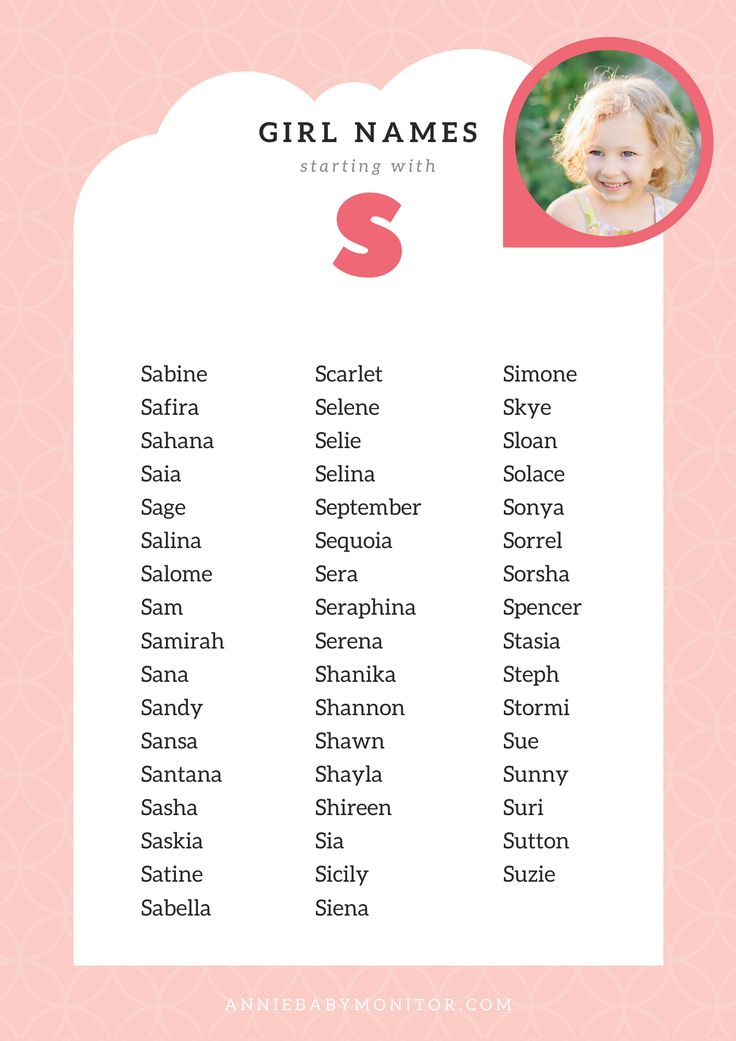
From the ultra-modern and fast-paced cities to the iconic Mount Fuji and the peaceful temples and zen gardens, it’s easy to see where these beautiful names have taken their inspiration from.
We’ve compiled a list of our favorite Japanese girl names, along with their meanings to help inspire you! With 162 beautiful names to choose from, we’re sure that you won’t be disappointed.
Beautiful Japanese Baby Names
Looking for a name that conveys beauty? From Aika to Yuna, these baby names not only sound beautiful, but they mean something beautiful too!
1. Aika — This cute girls’ name means “love song”.
2. Aimi — Japanese name meaning “love, beauty”.
3. Aina — Japanese name meaning “beautiful eyed woman”.
4. Akemi — This Japanese name means “bright beautiful”.
5. Anzu — Japanese name meaning “sweet child”.
6. Asami — Japanese name meaning “morning beauty”.
7. Asana — Name meaning “morning calm”.
8. Asuka — Japanese name meaning “tomorrow’s fragrance”.
9. Emika — This elegant name means “blessed beautiful child”.
10. Emiko — Japanese name meaning “prosperous and beautiful child”.
11. Fumika — Japanese name meaning “beautiful history”.
12. Harumi — This name means “spring, beauty”.
13. Kanae — Japanese girls’ name meaning “love, affection” or “dream”.
14. Kayo — Japanese name meaning “beautiful generation”.
15. Kazuko — Japanese name meaning “one, peace, harmony”.
16. Keon — This name means “pure beauty”.
17. Kira — Japanese name meaning “to shine”.
18. Kumi — Japanese name meaning “forever beautiful”.
19. Kumiko — This cute Japanese name means “forever beautiful”.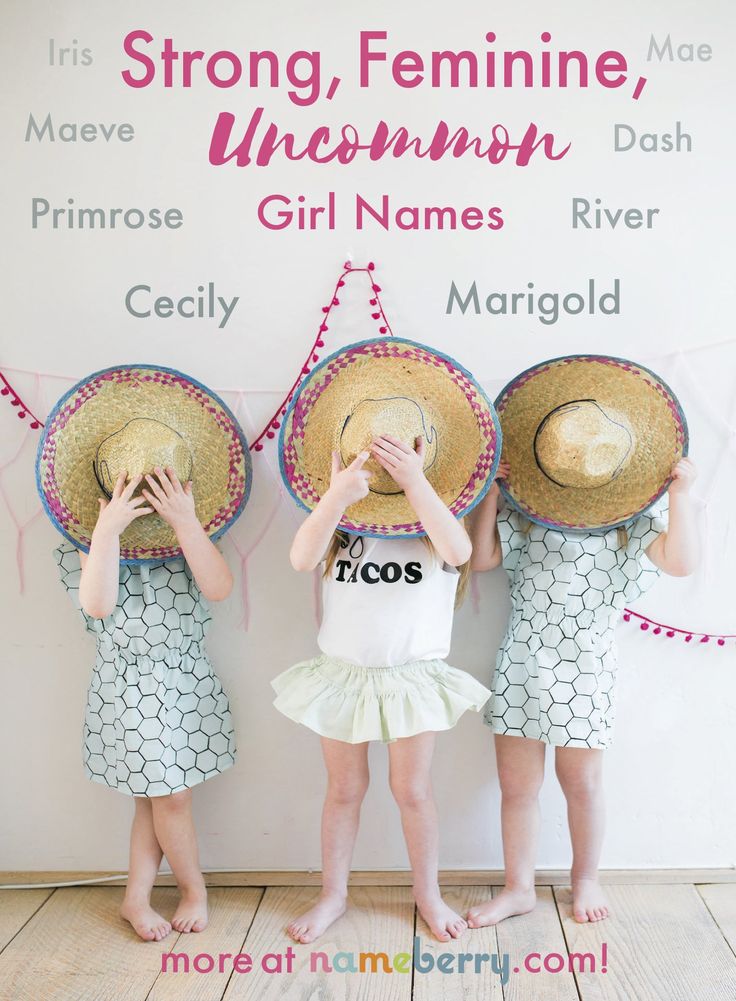
20. Mami — Japanese name meaning “true beauty”.
21. Mana — This name means “affection”.
22. Manami — Japanese name meaning “beautiful love”.
23. Masami — Japanese baby girl name meaning “one who will become beautiful”.
24. Masumi — Name meaning “a woman of true purity and beauty”.
25. Mayumi — Japanese name meaning “true gentle beauty”.
26. Megumi — Japanese name meaning “blessing or love”.
27. Mika — This name means “new moon” or “beautiful fragrance”.
28. Misa — Japanese name meaning “beautiful bloom”.
29. Miyoko — Japanese name meaning “beautiful child of the generations”.
30. Miyu — Japanese name meaning “beautiful moon or beautiful kindness”.
31. Miyuna — Japanese name meaning “gentle or tender heart”.
32.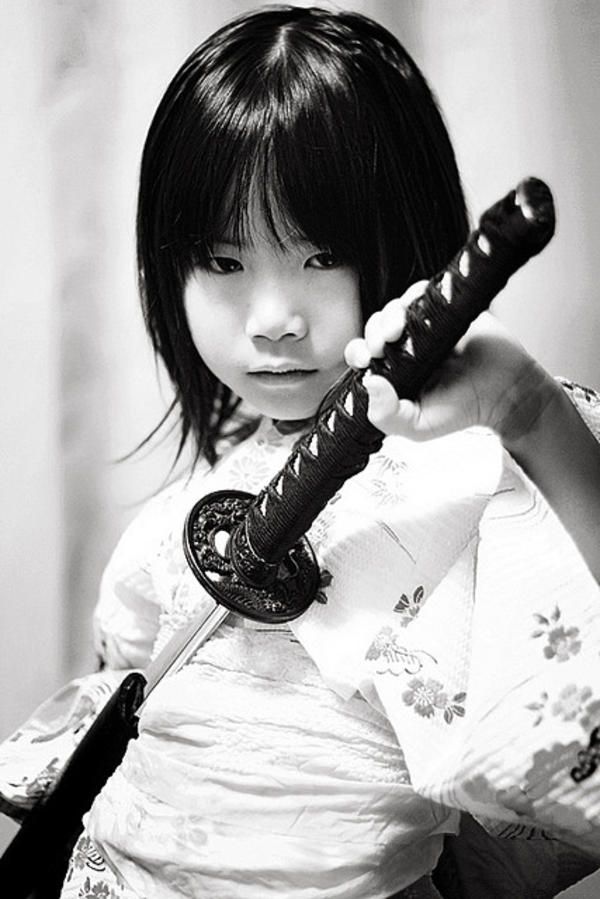
33. Sayaka — Japanese name meaning “brilliant, bright, clear”.
34. Shion — Japanese name meaning “beautiful princess”.
35. Suki — This Japanese name has a beautiful meaning, “loved one”.
36. Sumiko — Japanese name meaning “she is a beautiful child of goodness”.
37. Tamiko — Name meaning “child of many beauties”.
38. Yoshiko — Japanese name meaning “beautiful child”.
39. Youko — Japanese name meaning “sunshine child or beautiful child”.
40. Yuna — Japanese name meaning “dream”.
Short Japanese Names For Girls
If you’re looking for a name that is short and sweet then you’ll love these pretty three-letter names.
41. Aki — Japanese name meaning “autumn, bright”.
42. Ami — This sweet name means “Asia beautiful”.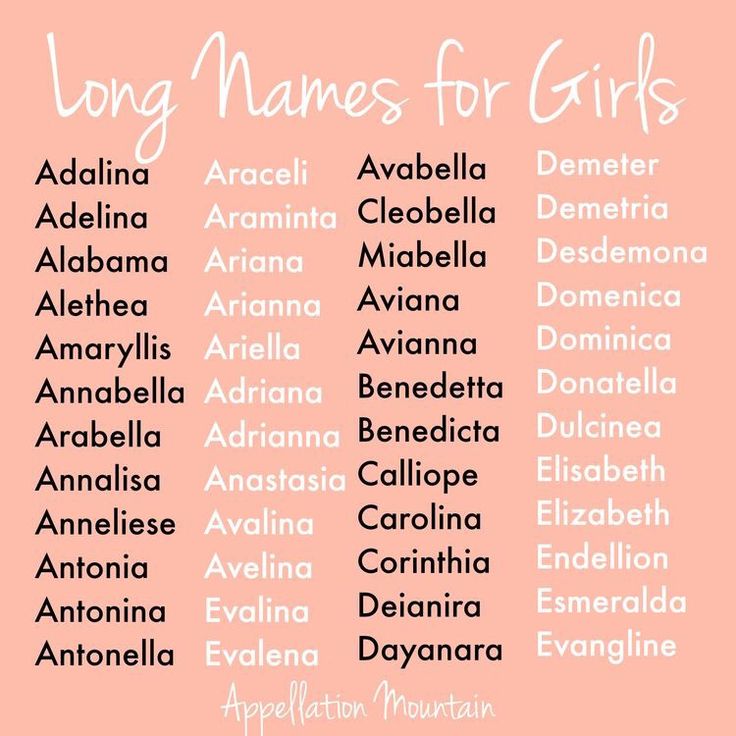
43. Aoi — Japanese name meaning “reliance on the cherry blossoms”.
44. Asa — Name meaning “born in the morning”.
45. Aya — Japanese name meaning “colorful”.
46. Emi — This super sweet Japanese name means “beautiful smile”.
47. Ena — This short and sweet Japanese name means “gift from God”.
48. Gen — Japanese name meaning “spring”.
49. Iwa — Japanese name meaning “rock”.
50. Kei — Japanese name meaning “blessing”.
51. Mai — Japanese girls’ name meaning “coyote”, the perfect name for little fighters.
52. Mio — This sweet name means “beautiful cherry blossom”.
53. Noa — Japanese name meaning “love and affection”.
54. Ren — Japanese baby name meaning “lotus” is also the Buddhist symbol of perfection.
55. Rio — This name means “cherry blossom”.
56. Umi — Japanese name meaning “ocean”.
57. Yua — Japanese name meaning “binding love and affection”.
58. Yui — This short and sweet Japanese name mean “love, gentleness”.
Flower Baby Names
These Japanese girl names meaning flower are pretty as a petal.
59. Akina — Japanese name meaning “spring flower”.
60. Ayaka — Japanese name meaning “a colored flower”.
61. Chika — This name means “scattered flowers”.
62. Hana — Japanese girls’ name meaning “flower”.
63. Hanako — Japanese name meaning “flower, blossom”.
64. Izumi — Japanese name meaning “spring or fountain”.
65. Kohanna — Japanese name meaning “little flower”.
66. Miki — Japanese name meaning “flower stem”.
67. Misaki — This name means “beautiful blossom”.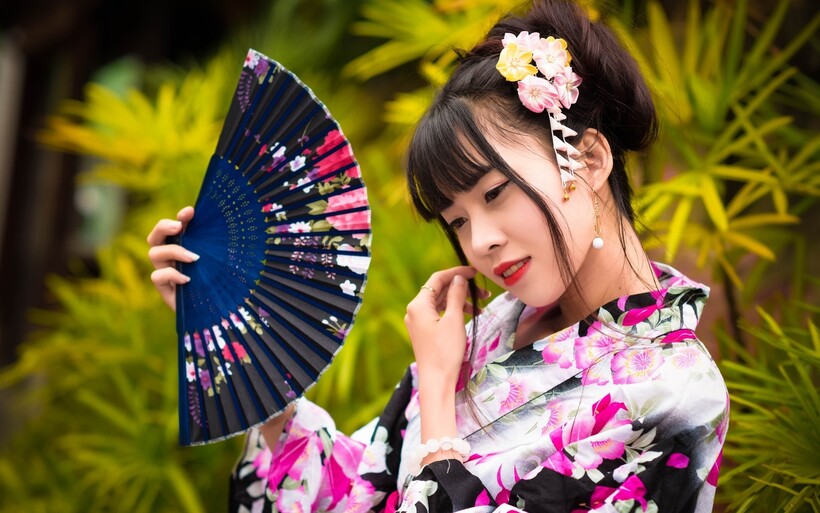
68. Momoka — Japanese name meaning “hundreds of flowers”.
69. Namika — Japanese name meaning “flower of the wave”.
70. Nara — This adorable Japanese name means “flower from heaven”.
71. Risa — This Japanese baby name means “growing flowers at home”.
72. Sae — Japanese name meaning “bloom”.
73. Sayuri — This pretty name means “a flower”.
74. Sumire — Japanese name meaning “lovely violet”.
75. Yuri — Name meaning “lily flower”.
76. Yuuka — Japanese name meaning “excellent flower”.
Nature Japanese Girl Names
These Japanese girl names not only sound cute but they all have beautiful meanings. If you’re a lover of the natural world then you’ll love these nature-inspired names.
77. Haru — This sweet name means “light, spring”.
78. Himiko — Japanese name meaning “sun child”.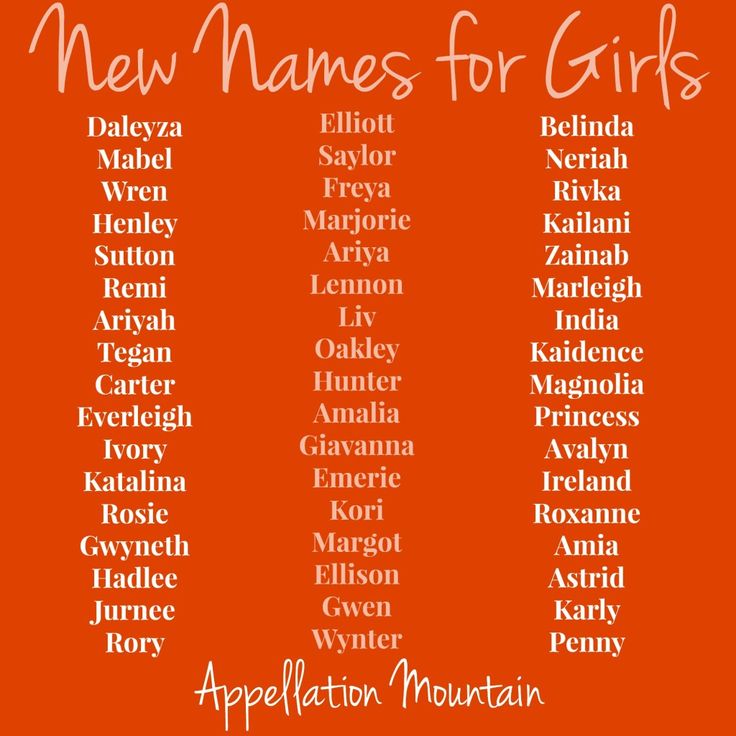
79. Kairi — This name means “sea”.
80. Kana — Japanese name meaning “beautiful ocean”.
81. Kanami — Japanese name meaning “beautiful wave”.
82. Kasumi — Name meaning “mist” or “haze”.
83. Kazane — Japanese name meaning “wind sound”.
84. Kazue — This name means “branch”.
85. Kosuke — Japanese name meaning “rising sun”.
86. Kozue — Japanese name meaning “tree”.
87. Mihiro — This name means “beauty, ocean”.
88. Miku — Japanese name meaning “beautiful sky”.
89. Mitsuki — Japanese name meaning “beautiful moon”.
90. Miyuki — Japanese name meaning “snow”.
91. Momo — This trendy Japanese name means “peach”.
92. Morika — Japanese name meaning “a fragrance of the forest”.
93. Namiko — Japanese name meaning “daughter of the sea”.
94. Nanami — This name means “seven seas”.
95. Natsuki — Japanese name meaning “calm moon”.
96. Natsumi — Name meaning “summer beauty”.
97. Satsuki — Japanese name meaning “May” or “early moon”.
98. Sora — This name means “she is like the sky”.
99. Suzume — Japanese name meaning “sparrow”.
100. Taki — Japanese name meaning “waterfall”.
101. Ume — Name meaning “Japanese apricot”.
102. Yuki — Japanese name meaning “snow”.
103. Yukiko — This name means “snow child”.
104. Yuzuki — Japanese name meaning “gentle moon”.
Japanese Names With I
Discover the perfect name for your baby girl with our collection of Japanese girl names ending with the letter I.
105.
106. Ayami — Japanese name meaning “vibrant, colorful”.
107. Himari — Japanese name meaning “home of light and love”.
108. Hiyori — Japanese name meaning “beautiful serenity, harmony”.
109. Hoshi — Japanese name meaning “star”.
110. Kaori — This name means “the rope of the bird snares”.
111. Kazumi -Japanese name meaning “beautiful harmony”.
112. Kiki — Japanese name meaning “double happiness”.
113. Kimi — Japanese name meaning “righteous or beautiful story”.
114. Kiyomi — This name means “pure and beautiful”.
115. Koyuki — Name meaning “little snow”.
116. Minori — Japanese name meaning “love of the full moon or full of love”.
117. Mizuki — This name means “beautiful moon”.
118. Nozomi — Japanese name meaning “hopeful truth or hopeful heart”.
119. Rini — This cute baby name means “one who is like a little sweet bunny”.
120. Ruri — Japanese name meaning “emerald”.
121. Yoshi — This name means “good luck, fortune or respectful”.
122. Yukari — Japanese name meaning “purple”.
Popular Japanese Girl Names
From Akira to Taya, these popular Japanese names are all the rage and we can see why!
123. Akira — Japanese name meaning “intelligent”. This name became popular for its use in Manga and video games.
124. Hina — Japanese name meaning “good vegetables”.
125. Ichika — Japanese name meaning “one summer”.
126. Kaede — Japanese name meaning “maple leaf” or “maple”.
127. Koharu — This popular Japanese name means “little sun”.
128.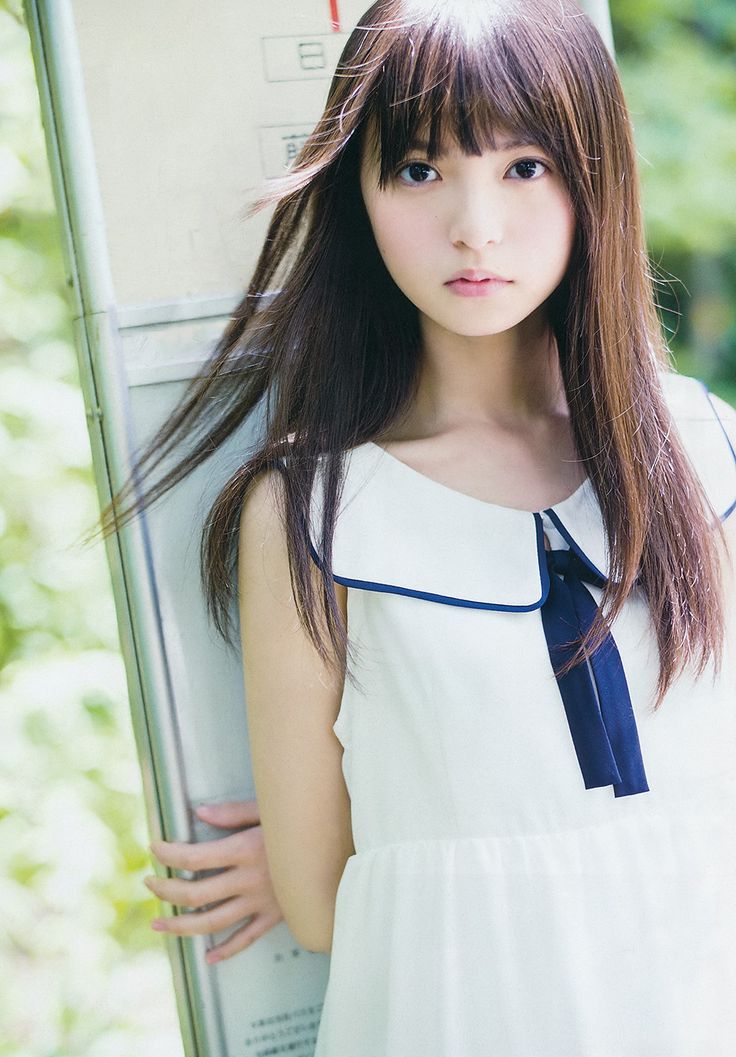
129. Sakura — This traditional Japanese girls’ name means “cherry blossom”.
130. Taya — Japanese girls’ name meaning “young”.
Powerful Japanese Names
Want to raise a strong, independent little warrior? Why not choose a name that conveys wisdom and strength.
131. Chie — Japanese name meaning “wisdom”.
132. Hiroko — Japanese name meaning “rich child”.
133. Kamiko — This name means “superior child”.
134. Katsumi — Japanese name meaning “victorious”.
135. Kazuya — Japanese name meaning “fire”.
136. Keina — This name means “prosperity”.
137. Kokoro — Japanese name meaning “soul”.
138. Michi — Japanese name meaning “the upright path”.
139. Mirai — Japanese name meaning “future”.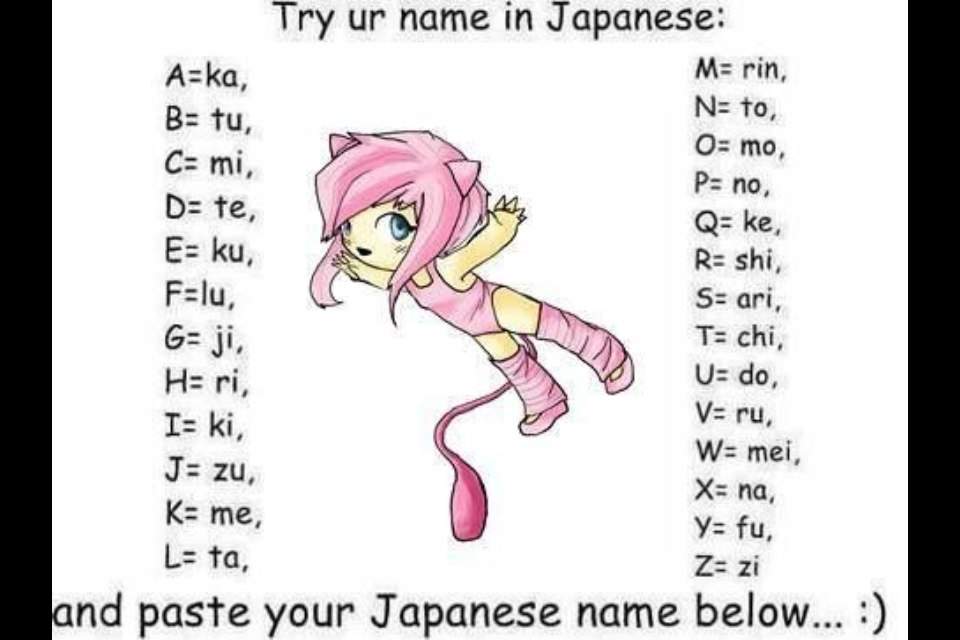
140. Seina — Japanese name meaning “rising star” and is pronounced sey-naa.
141. Takara — This unique name means “treasure”.
Girls Japanese Names Ending In O
You’ll love our picks of some of the prettiest Japanese names ending in O.
142. Akiko — If you have an autumn baby this a lovely choice, meaning “bright, autumn child”.
143. Chihiro— Japanese name meaning “thousand springs”.
144. Chiyoko — This pretty Japanese name means “one thousand generations” and is common in pop culture.
145. Etsuko — Japanese name meaning “joyful child”.
146. Haruko — Japanese name meaning “spring child”.
147. Hoshiko — This name means “star child”.
148. Junko — Japanese name meaning “sincere child”.
149. Kiko — Japanese name meaning “hope”.
150. Kimiko — Japanese name meaning “valuable child”.
151. Kiyo — Japanese name meaning “pure or holy”.
152. Koko — This little girls’ name means “stork”.
153. Maeko — Japanese name meaning “the child of truth”.
154. Miyo — Japanese name meaning “a beautiful and charming child”.
155. Moriko — Japanese name meaning “a child that hails from the forest”.
156. Nariko — Japanese name meaning “a gentle or wolf child”.
157. Noriko — Japanese name meaning “cool kid”.
158. Reiko — Japanese name meaning “the thankful child”.
159. Sachiko — This popular Japanese name means “the child of good luck and happiness”.
160. Setsuko — This Japanese baby name means “melody”.
161. Shizuko — Japanese name meaning “quiet child”.
162. Tomoko— Japanese name meaning “friendly child or wise child”.
The Best 111 Japanese Baby Girl Names
In Japanese culture, it’s traditional for adults to be referred to by their family name – but it’s a different story for children. This is why you’ll find so many cute Japanese baby girl names, inspired by nature, beauty, and general feelings of happiness.
Whether you’re looking for something rare or want to pay homage to your heritage, here’s the story behind some of the most popular Japanese female names.
In this article: 📝
- What is a popular Japanese baby girl name?
- What’s the rarest girl name in Japanese culture?
- What’s the rarest girl name in Japanese culture?
- What Japanese names mean beauty?
- And finally, your comprehensive list of Japanese baby girl names
- Find more baby name inspiration with Peanut
What is a popular Japanese baby girl name?
Like boys’ names, many popular Japanese girl names have their roots in nature. The key difference is that some boys’ names have connotations of brave warriors or fierce animals, whereas girls’ names tend to be more timid in comparison.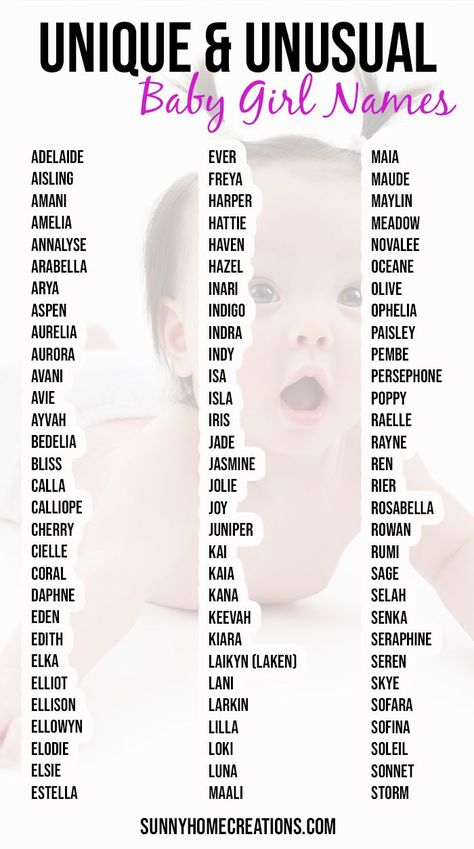
Some examples of the most popular Japanese girls’ names pay tribute to Japan’s stunning flora:
-
Sakura
You can’t picture Japan without imagining those world-famous cherry blossoms in the springtime. Sakura literally means ‘cherry blossom’ – perfect for little ladies born with rosy cheeks. -
Akari
Japan is also famous for its fruit trees, and the pear tree is no exception. A classic example of nature-inspired nomenclature, this Japanese girl’s name meaning is literally ‘red pear tree.’ -
Hina
Vegetables aren’t usually a term we’d associate with beautiful Japanese girl names, but their native pronunciation is far easier on the ear! Hina quite literally means ‘good vegetables’ or ‘edible greens.’ A good message to instill in them from birth, we’d say. -
Niko
Moving away from flora but nonetheless focusing on nature, Niko is a classic female Japanese name meaning ‘two lakes.’ It’s an ideal choice for those immersing their children in different cultures – for example, Nico is a popular name in Greece, Spain, and Italy.
115 women are talking about ‘Japanese baby girl names’ on Peanut. Download the app to join the conversation.
What’s the rarest girl name in Japanese culture?
So, now you know the more common Japanese girls’ names, what about the lesser-known ones? If you’re looking for something truly stand-out, take a look at our list of unique Japanese girls’ names.
-
Kana
This one’s particularly important because it bucks the trend of diminutive, cute Japanese baby girl names. Contrary to images of hearts and flowers, Kana means ‘the one who has the power.’ There’s a miniature CEO right there! -
Nozomi
Like many other Japanese baby name meanings, this one is centered around human qualities.It means ‘reliable and trustworthy.’
-
Tsumugi
This one is very specific in its meaning – Tsumugi refers to a ‘pongee,’ which is a soft cloth made of threads of silk. These are also popular in Chinese culture and often used to make blouses. -
Akane
Got yourself a little pocket rocket? If your baby girl has boundless energy, she may be suited to this Japanese female name, meaning ‘madder’ or ‘red dye.’
Of course, if you are looking for something more traditional that captures your love for your baby girl, you have a huge list of beauty-inspired baby girl names to choose from.
What’s the rarest girl name in Japanese culture?
So, now you know the more common Japanese girls’ names, what about the lesser-known ones? If you’re looking for something truly stand-out, take a look at our list of unique Japanese girls’ names.
-
Kana
This one’s particularly important because it bucks the trend of diminutive, cute Japanese baby girl names.Contrary to images of hearts and flowers, Kana means ‘the one who has the power.’ There’s a miniature CEO right there!
-
Nozomi
Like many other Japanese baby name meanings, this one is centered around human qualities. It means ‘reliable and trustworthy.’ -
Tsumugi
This one is very specific in its meaning – Tsumugi refers to a ‘pongee,’ which is a soft cloth made of threads of silk. These are also popular in Chinese culture and often used to make blouses. -
Akane
Got yourself a little pocket rocket? If your baby girl has boundless energy, she may be suited to this Japanese female name, meaning ‘madder’ or ‘red dye.’
Of course, if you are looking for something more traditional that captures your love for your baby girl, you have a huge list of beauty-inspired baby girl names to choose from.
What Japanese names mean beauty?
There are many baby girl names in Japanese that allude to beauty, such as facial features.
- Aina – ‘beautiful eyed woman’
- Kiyo – ‘pure’
- Maemi – ‘a truthful smile’
- Emi – ‘beautiful painting’
- Hitomi – ‘pupil (eyes)’ or ‘beautiful history.’
What Japanese girl name means beautiful?
For something a little simpler, you can choose a Japanese baby girl name that conveys natural beauty, such as:
- Amei
- Aiya
- Akemi
- Asami
- Emica
- Emiyo
- Fumiko
- Hayami
- Hiromi
- Kaori
- Katsumi
- Mei
- Mika
- Misaki
- Minori
- Nani
- Tadami
- Wakumi
And finally, your comprehensive list of Japanese baby girl names
Still not sure if any of these Japanese girl names are right for your child? Why not try one of these?
- Asuka
- Au
- Ayaka
- Ayako
- Azumi
- Bunko
- Chiasa
- Chieko
- Chiharu
- Chika
- Chikako
- Chinami
- Chitose
- Chiyo
- Chizu
- Cho
- Dai
- Daitan
- Den
- Eiko
- Emiko
- Emiyo
- Ena
- Eri
- Erity
- Etsu
- Etsuko
- Fumiko
- Gen
- Gin
- Gina
- Hana
- Hanako
- Hanan
- Haneen
- Haruki
- Hiro
- Hiromi
- Hisa
- Hisano
- Hoshi
- Hotaru
- Iku
- Ine
- Ito
- Jin
- Jun
- Junko
- Kaede
- Kaiya
- Kaiyo
- Kameko
- Kumi
- Kuni
- Kura
- Kurva
- Kyoko
- Kyoto
- Leiko
- Machi
- Machiko
- Madoka
- Maiko
- Maimi
- Mikazuki
- Moto
- Mutsuko
- Nagisa
- Nahoko
- Nayoko
- Nori
- Noriko
- Nyoko
- Rieko
- Rikako
- Rikona
- Rinako
Find more baby name inspiration with Peanut
Looking for other rare baby girls’ names? Why not ask the community on Peanut?
👶 Find more girl baby girl names:
Top Girl Names: The Ultimate List
161 Cool Baby Girl Names And Their Meanings
90 Middle Names for Girls
57 Italian Baby Girl Names
168 Celtic Baby Girl Names for Your Daughter-to-Be
250 One Syllable Girl Names
174 Indian Baby Girl Names for Your Little Daughter
100+ Russian Baby Girl Names for Your Baby
212 French Baby Girl Names
The Best 99 Korean Baby Girl Names
153 Greek Baby Girl Names And Their Meanings
90 Strong Baby Girl Names & Their Meanings
82 Filipino Baby Girl Names
93 Anime Baby Girl Names
250+ Adorable Baby Names That Mean Love
Japanese Girl Names: 600+ Names with Meanings
From anime to Zen, architectural influence to minimalism, many elements of Japanese culture have taken Western sub-cultures by storm!
In Japan, it’s traditional for adults to be referred to by their family name – but in childhood, you’re called upon by your first name.
What a perfect opportunity to showcase the most beautiful Japanese girl names you can find for your little lady, influenced by Japanese culture.
Contents
Kawaii (Cute) Names
Unique Names
Common and Popular Names
Lucky Names
Many More Names
Girl
Unisex
When translating Japanese to English, each sound can have as many as 47 associated words!
Plus, some Japanese words have no literal English equivalent. For example, Hanafubuki describes how the Sakura petals float down en-masse.
English just doesn’t compete with such beautiful sentiments!
So, to help you as you take your time with the lists of names, we’ve given only the most appropriate meanings for each baby girl’s name.
Kawaii or Cute Japanese Girl Names
Anime is chock-full of adorable girls with big eyes and cute haircuts, with super-cute names! So it is only natural that cute Japanese girl names are rising in popularity.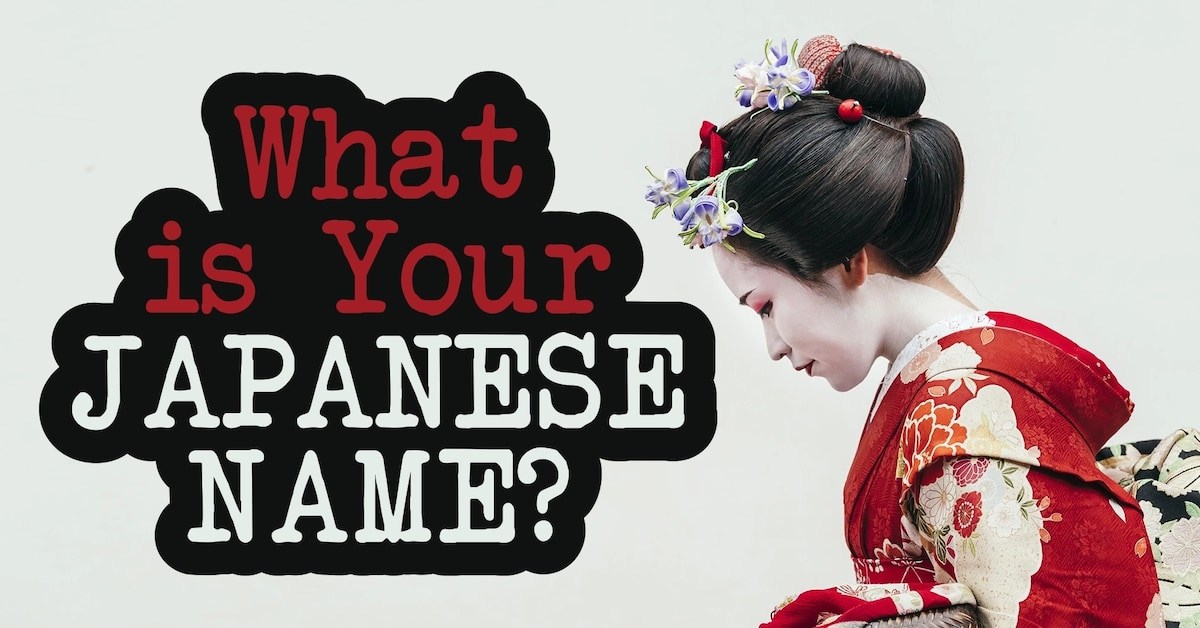
We’ve put ourselves to the task of making the best list of cute names, both female and unisex! We’d love to hear what you think in the comments at the end.
Our Favorite
Sayuri
Meaning ‘little lily,’ Sayuri is the perfect name for a most adorable little girl who will bloom into a graceful woman!
When reading through these names, say them out loud, and for short names like ‘Mika’ you can say the nicknames you might make from it, like ‘Mi-Mi’ or ‘Mika-Mika’ – obviously said in the cutest baby voice you’ve got!
| Cute Girl’s Name | Meaning |
|---|---|
| Aika | love song |
| Aimi | love beauty |
| Aiya | beautiful silk |
| Akiko | autumn child |
| Annya | peace and sustenance |
| Aya | colorful |
| Chika | near |
| Emi | beautiful smile |
| Etsu | delight |
| Gina | silvery |
| Hana | favorite; flower |
| Haru | springtime |
| Hatsumomo | firstborn peach |
| Iku | nourishing |
| Junko | pure child |
| Kaori | fragrant beautiful girl |
| Kasumi | mist |
| Katsuki | moon |
| Kimi | beautiful story |
| Kimika | noble |
| Ko | baby |
| Kumiko | long-time beauty |
| Maimi | smiling with truth |
| Mayu | genuine |
| Masami | beautiful |
| Mei | sprout |
| Mika | beautiful fragrance |
| Miku | beautiful sky |
| Mio | beautiful cherry blossom |
| Misa | beautiful bud |
| Miyuki | snow |
| Momoe | hundred blessings |
| Namika | flower of the wave |
| Nanami | seven seas |
| Nori | belief |
| Rei | gratitude |
| Rini | little bunny |
| Rumi | beauty of lapus lazuli |
| Sakiya | cherry blossom growing |
| Sayuri | little lily |
| Seina | star |
| Suki | beloved |
| Suzue | branch of little bells |
| Suzume | sparrow |
| Taki | waterfall |
| Umi | beauty |
| Yoko | positive |
| Yuki | happiness |
| Yumi | beauty |
| Yuri | lily |
| Cute Unisex Name | Meaning |
| Aoki | evergreen blue tree |
| Hiromi | generous beauty |
| Jin | bright |
| Jona | dove |
| Kairi | ocean village |
| Maki (or Maki-Maki) | true |
| Mana | one who is full of spirit |
| Miyoko | beautiful child of a beautiful generation |
| Nana | spring greens |
| Nao | love; affection |
| Sana | brilliance |
| Sora | sky |
| Toyo | plentiful |
| Yuuki | gentle hope |
Unique Japanese Girl Names
Japan is well known for its distinct language and fascinating culture.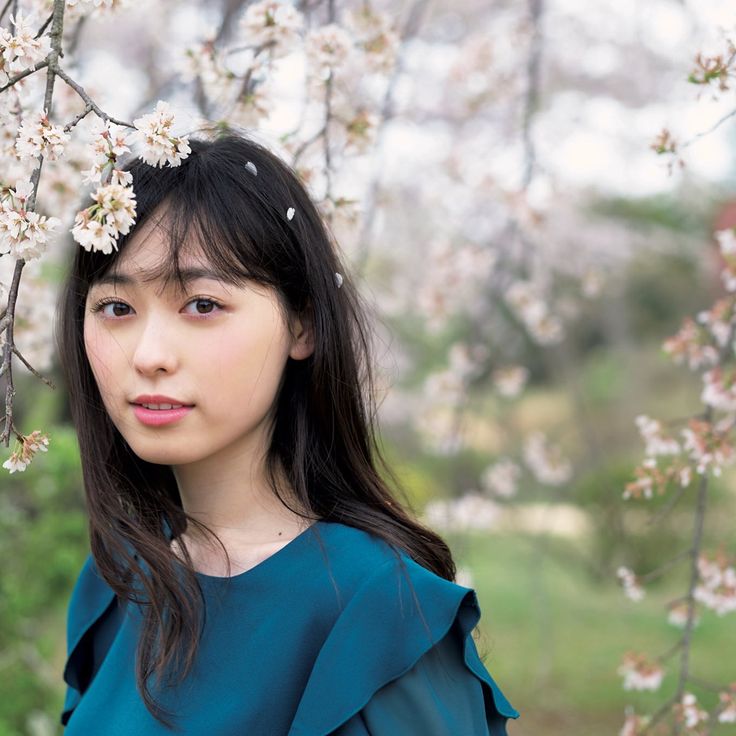
Our Favorite
Eshima
Eshima means ‘true intention’ so her name will be a continuous reminder to focus on and achieve her goals.
Inspired by Japan and all things Japanese, we’ve scoured history both old and modern – and found 50 eccentric Japanese names and their meanings, perfect for your unique baby girl!
| Unique Girl’s Name | Meaning |
|---|---|
| Ahmya | black rain |
| Akahana | red bright flower |
| Amaterasu | sun goddess |
| Annaisha | helpful guide to others |
| Aratani | precious stone |
| Arisu | noble sort |
| Botan | long life |
| Chiharu | one thousand springs |
| Chizu | one thousand storks |
| Daitan | daring; bold one |
| Eshima | true intention |
| Fuyuko | winter child |
| Haruna | spring |
| Hibiki | echo |
| Hisako | long-lived child |
| Isamu | vigorous |
| Kagome | lost |
| Kane | two right hands |
| Kiaria | great fortune |
| Kimmi | righteous |
| Koemi | smiling |
| Koge | scented flower |
| Madoka | tranquil |
| Maemi | truthful smile |
| Masae | elegant |
| Mikasa | three hats of bamboo |
| Mikazuki | moon of third night |
| Minoru | to bear fruit |
| Miwa | harmony |
| Mura | from the village |
| Namika | flower of the wave |
| Nisbett | trustworthy |
| Okemia | war horn |
| Rikona | intelligence |
| Ruri | emerald |
| Shion | one who remembers |
| Sueko | youngest child |
| Susumu | progressing |
| Takane | mountain peak |
| Tamane | sound of a necklace |
| Taree | bending branch |
| Tomiju | longevity |
| Tsubame | believe |
| Utano | field of songs |
| Wakumi | beautiful spring of water |
| Yuina | vegetables |
| Yumena | famous |
| Unique Unisex Name | Meaning |
| Danuja | knight; a ruler |
| Fujita | field |
| Japana | energetic; drive-oriented; ambitious |
| Kaede | maple |
| Kazuto | peace; harmony; first |
| Kohaku | amber |
| Michi | righteous way |
| Shiki | the four seasons of the year |
| Tamashini | soul; one who is very soulful |
| Tsubasa | wings |
| Yoshie | good; respectful |
Common and Popular Japanese Girl Names
The most common Japanese girls names in 2020 were as follows:
| Unique Girl’s Name | Meaning |
|---|---|
| Honoka | harmony and flower |
| Himari | hollycock flower; ball of light |
| Akari | brightness |
| Mei | sprout |
| Hina | sun |
| Yua | ties that bind |
| Ema | picture horse |
| Yui and Yūna | gentle |
| Sakura | Cherry blossom |
| Mio | beautiful cherry blossom |
| Ichika | one thousand flowers |
| Aoi | holly flower |
| Tsumugi | pongee (material made of silk) |
| Riko | daughter of Jasmine |
Lucky/Fortunate Names for Japanese Girls
We all wish our children well, and do everything we can to give them the best chances in life.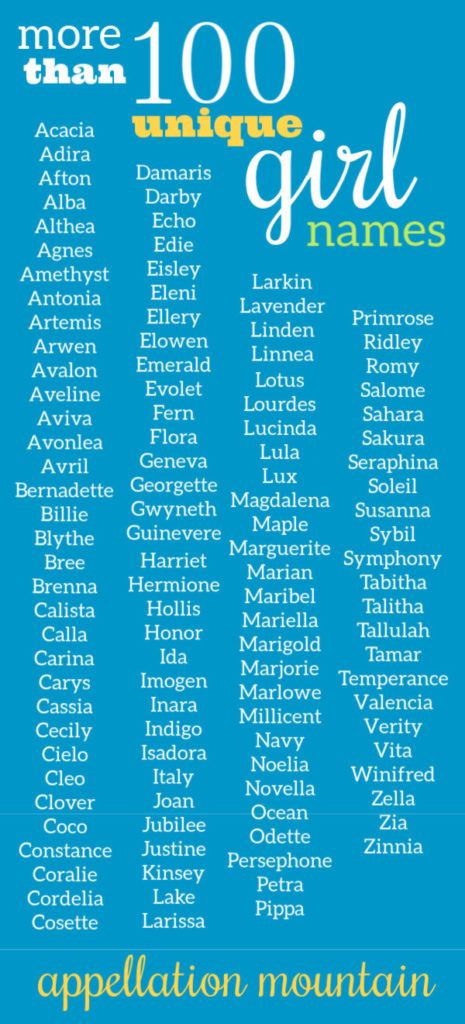
So, why not start their journey with some extra luck? Give your daughter a lucky name!
In Japan, luck and superstition are big things, like keeping snakeskin in your wallet to bring you a big fortune, or cleaning your bathroom so that you will have a beautiful baby!
Red and white are also considered important colors for their inclusion in weddings, birthdays, and other celebratory ceremonies, embodying happiness and joy.
So, it is only fitting to choose a name that comes from the words for luck, fortune, destiny, or the fortuitous colors red and white – to bring good luck to your fortunate one.
| Fortunate Girl’s Name | Meaning |
|---|---|
| Akahana | bright red flower |
| Akako | red |
| Akane | brilliant red |
| Akari | red plum; red pear tree; light; red dye |
| Fukuin | good news; gospel |
| Fuyuko | Winter child |
| Keiko | lucky child; happy child; adored one |
| Kiaria | fortunate |
| Kitsune | white fox |
| Konomi | small child; beloved; good luck; success |
| Kori | ice |
| Machiko | fortunate child |
| Megumi | blessing |
| Miyuki | beautiful snow |
| Rina | white Jasmine |
| Sachie | from 幸 (sachi): happiness; good luck |
| Sachiko | happy child; lucky child |
| Unmei | destiny |
| Unsei | fortune; luck |
| Yoshi | lucky; righteous |
| Yuki | happiness; luck; snow (which is also white!) |
| Yukiko | snow child |
Many More Japanese Girl Names
If you haven’t found the perfect girl’s name, don’t worry!
There are many more thousands of names for Japanese girls.
Good luck, and we hope you find the name that you are looking for!
- Ai – love
- Aia – ruler
- Aiko – beloved one, little love
- Aina – view
- Ainu – goddess of fertility
- Airi – affection; white jasmine
- Akasuki – bright helper
- Akina – spring flower
- Amaya – night rain
- Ami – friend
- Amida – name of Buddha
- Aneko – older sister
- Anka – color of dawn
- Anzu – apricot
- Asa – born in morning
- Asami – morning beauty
- Asuga – tomorrow
- Asuka – tomorrow fragrance
- Atsuko – kind child
- Au – meeting
- Ayaka – color
- Ayako – scholarly child
- Ayame – Iris
- Ayano – colorful woven silk
- Ayumi – stroll
- Azami – thistle flower
- Azumi – safe residence
- Bashira – joyful
- Bunko – literary child
- Chiaki – thousand autumns
- Chiasa – one thousand mornings
- Chie/Hekima – wisdom
- Chieko – thousand blessings child
- Chihiro – seeker
- Chikako – child of wisdom
- Chinami – one thousand waves
- Chinatsu – thousand summers
- Chitose – thousand years
- Chiyo – one thousand generations
- Chiyoko – thousand generations
- Chizue – durability
- Cho – butterfly
- Chuya – pure like clear water
- Dai – great
- Den – bequest from ancestors
- Eiko – long-lived child
- Emica – beautiful
- Emiko – smiling child
- Emiyo – blessed beautiful generation
- Ena – gift from God
- Eri – blessed prize
- Erity – one who is special
- Etsudo/Etsuko – joyful child
- Fuji – prosperous opinion
- Fumiko – beautiful
- Gen – spring
- Gin – silver
- Haia – nimble
- Hanae – blossom
- Hanako/Hanan/Haneen – flower child
- Hanami – flowery
- Haruhi – spring day
- Haruka – far off
- Haruki – springtime tree
- Haruko – spring child
- Harumi – spring beauty
- Hatsuko – firstborn child
- Haya – quick, light
- Hayami – rare and unusual beauty
- Hide – excellent
- Hideko – splendid child
- Hikari – light
- Hinata – sunny place
- Hiriko/Hiroshi – generous
- Hiro – broad; widespread
- Hiroko – rich child
- Hisa – long-lasting
- Hisano – long plain
- Hitomi – pupil of the eye
- Homura – fire or flame
- Hoshiko – star child
- Hotaru – firefly; lightning bug
- Humiya – healthy
- Ima – now
- Ine – rice
- Ito – thread
- Iwa – rock
- Izanami – female who invites
- Izumi – spring fountain
- Kagami/Kioka/Kyoko – mirror
- Kaida/Kayda – little dragon
- Kairy – sea
- Kaiya/Kaiyo – forgiveness
- Kame – long-lived; tortoise
- Kameko – tortoise-child; symbol for long-life
- Kamiko – superior child
- Kano – skill
- Kanon – blossom
- Kata – worthy
- Katana – sword
- Katsu/Shynah – victorious
- Kawa – river
- Kayo – the beautiful generation
- Kazane – the sound of the wind
- Kazashi – hair ornament
- Kazue – branch
- Kazuko – harmonious child
- Keina – prosperity
- Keomi – pure
- Kibo/Kiko – hope
- Kichi – fortunate
- Kiku/Kikuko – chrysanthemum
- Kimiko – dear child
- Kioko – shares happiness
- Kirika – natural beauty
- Kishi – happy and long life
- Kita – north
- Kitiara – blade from the north
- Kiwa – born on the borderline
- Kiyoko – pure child
- Kiyomi/Misumi – pure beauty
- Kohana – little flower
- Kojika – fawn
- Koko – stork
- Kokoro – soul
- Komako – filly; term of endearment
- Koto – beautiful harp
- Kotone – harp sound
- Kozakura – cherry tree
- Kukiko – snow
- Kumi – long period of time
- Kuni – country born
- Kura – treasure house
- Kuri – chestnut
- Kurva – mulberry tree
- Leiko – arrogant
- Machi – ten thousand
- Maeko – child of truth
- Maho – honest person
- Mai – dance
- Maiko – child of Mai
- Maiya – rice valley
- Makaira – brings happiness
- Makiko – child of Maki
- Mako – truth; grateful
- Mami/Mao/Mayu – genuine
- Mamiko – child of Mami
- Manami – affectionate beauty
- Mari – rebellion
- Maria – sea of bitterness
- Mariko – child of Mari
- Marri – elegant dance party
- Maru – round
- Masako – child of Masa
- Masuyo – profit
- Matsuko – pine tree
- Mayako/Mayoko/Mayuko – child of Maya/Mayo/Mayu
- Mayumi – true bow (archery)
- Mi – beauty
- Michiko – child of Michi
- Midori – green
- Mie – three-way division
- Mieko – beautiful blessing child
- Miho – truth; beauty
- Mihoko – child of Mihoko
- Mikan – tangerine
- Miki – beautiful tree
- Mikia/Mikki – flower stem
- Mikka – three days
- Minako – child of Mina
- Minami – one who is from South
- Minato – harbor
- Mine – resolute protector
- Mirai – future
- Misaki – beauty bloom
- Misako/Miyako – beautiful child
- Mitsuko – child of Mitsu
- Miu – beautiful feather
- Miya/Miyah – temple
- Miyu – beautiful truth
- Mizuki – beautiful moon
- Moe – budding
- Momiji – red leaves
- Momo – hundred
- Momoka – hundreds of flowers
- Momoko – child of Momo
- Mon – gateway
- Morie – bay or beach
- Morika – forest fragrance
- Moriko – forest
- Morina – forest town
- Moto – source
- Muika – six days
- Mutsuko – child of Mutsu
- Nagi – calm
- Nagisa – shore
- Nahoko – child of Naho
- Nakano – famed female warrior
- Nami – wave
- Namie – blessing
- Namiko – child of Nami
- Nanako – child of Nana
- Nani – beautiful
- Naoki – honest tree
- Naoko – child of Nao
- Nara – flower from heaven
- Nari/Rai – thunder
- Nariko – gentle child
- Natsuki – summer hope
- Natsuko – child of Natsu
- Natsumi – summer beauty
- Nayoko – child of Nayo
- Ne – sound
- Nishi – west
- Nobuko – faithful child
- Noriko – doctrine child, child of Nori
- Norita – tradition
- Nozomi – hope
- Nyoko – gem; treasure
- Oki – master
- Okimi – bright shining light
- Orino – field
- Raku – pleasure
- Ran – water lily
- Reina – wise
- Rie – valued blessing
- Rieko – child of Rie
- Rika – village
- Rikako – child of Rika
- Rinako – child of Rina
- Rio – cherry blossom
- Risa – growing flowers at home
- Risako – child of Risa
- Ritsuko – child of Ritsu
- Roku – emolument
- Rui – affectionate
- Rumiko – child of Rumi
- Ruqa – beautiful
- Ryoko – child of Ryo
- Ryu – lofty
- Sachi – blessed
- Sachio – happy child
- Sada – pure woman
- Sadako – pure child
- Sadashi – ambitious
- Saeko – child of Sae
- Sai – intelligent
- Saiua – ripe fruit
- Sajonara – farewell
- Sakae/Sakai – prosperous
- Saki – hope
- Sakiko – child of Saki
- Sakuko – child of Saku
- Sakurako – child of Sakura
- Sanako – child of Sana
- Sango – coral
- Saori – color of sand
- Saory – nicely woven cloth
- Satchiko – lucky baby
- Sato – sugar
- Satoko – child of Sato
- Satomi – beautiful
- Satsuki – fifth month: May
- Sawako – cute baby
- Sayaka – clear one
- Sayoko – child of Sayo
- Sayua – swift like an arrow
- Seijun – pure
- Seika – pure summer
- Seiren – refined star
- Seki – wonderful
- Sen – fairy of wood
- Setsuko – temperate child
- Shigeko – luxuriant child
- Shiho – maintain original intention
- Shika – deer
- Shikha – gentle deer
- Shiko – woman of stone
- Shina – virtue, good
- Shiniqua – victorious woman
- Shinju – pearl
- Shino – bamboo stalk
- Shiori – bookmark; guide
- Shizu – silent
- Shizuka – quiet
- Shoko – auspicious child
- Someina – intelligence
- Sorano – of the sky
- Sugi – cedar tree
- Sumi – clear, refined
- Sumiko – beautiful child of goodness
- Sumire – lovely violet
- Sumiye – bright mind; smart girl
- Sunako – dark side
- Sute – forsaken; foundling
- Suzu – bell
- Tadako – child of Tada
- Tadame – seeds of beauty
- Taka – tall, honorable
- Takako – child of Taka
- Takara – treasure, precious object
- Take – bamboo; symbol of fidelity
- Tamaki – bracelet
- Tamako – precious stone
- Tame – unselfish
- Tami – people
- Tamiko – child of Tami
- Tamura – rice village
- Tanaka – dweller
- Taney – valley
- Tani – stand of glory
- Tatsu – dragon
- Tatsuo – female dragon
- Taura – many lakes
- Teruko – shining child
- Toki – opportunity
- Tokiko – child of Toki
- Tokiwa – constant
- Tomiko – child of Tomi
- Tomo – intelligent
- Tomoe – lucky friend
- Tomoko – knowing child
- Tomomi – good luck
- Tomoni – unity; togetherness
- Tonica – for the people
- Tora – tiger
- Tori – bird
- Toru – huge sea
- Toshi – mirror image
- Toshiko – alert and valued child
- Tsubaki – camellia flower
- Tsukiko – moon child
- Tsuna – bond
- Tsunade – young thunder
- Tsuru – long life
- Ume – plum blossom
- Umi/Yumi – beauty
- Urano – coast
- Uta – song
- Wakana – sweet music
- Wattan – homeland
- Yasuko – peaceful child
- Yayoi – third month: March
- Yo/Yoko – positive
- Yori – reliable
- Yoru – dark
- Yoshiko – child of Yoshi
- Yoshima – lucky
- Yoshimasa – good luck; correctness
- Yoshino – fertile field
- Youko – sunshine
- Yubi – graceful
- Yui/Yuna – gentle
- Yukako – child of Yuka
- Yuko – helpful child
- Yumako – child of Yuma
- Yume – dream
- Yumiko – child of Yumi
- Yuriko – child of Yuri
- Yutsuko – child of Yutso
Many More Unisex Japanese Names
- Aki – crystal clear
- Akiara – bright person
- Akito – bright person; who is like autumn season
- Danuja – knight; a ruler
- Doi – mountain; earthen well
- Fujita – field
- Hachi – eight; bee; flowerpot
- Harue – spring bough; sunshine
- Hikaru – shining brilliance; flashing brilliance
- Hitomu – wisdom; intellect; beautiful
- Hoshi – star
- Ichigo – strawberry
- Japana – energetic; drive-oriented; ambitious
- Jun – talented
- Kaede – maple
- Kana – powerful
- Kaoru/Karou – fragant
- Katsumi – overcome
- Kazumi – beautiful harmony
- Kazuto – peace; harmony; first
- Kei – square jewel; blessing; wise
- Kin – golden
- Kohaku – amber
- Kosuke – rising sun
- Kozue – tree branches
- Kuma – bear
- Kyo/Kyou – peach/apricot
- Makoto – sincere person
- Masa – straightforward
- Masumi/Narumi – beauty
- Michi – righteous way
- Minori – beautiful harbor
- Mitsu – honey
- Mitsuru – satisfy
- Miyo – beautiful and charming child
- Natsu – born in summer
- Noa – undertaking; indication
- Ohta – eyes of the Almighty God; one who is free from dirt and impurities
- Reiki – practice of healing the spirit
- Reiko – beautiful child
- Ren – the love of the lotus
- Rin – cold, severe and dignified person
- Ryo – defy
- Saku – remembrance of the divine
- Sanyu/Shaiwase – happiness
- Seiko – truth
- Shiki – the four seasons of the year
- Shinobu – person that is enduring
- Shun – fast and talented person
- Soma – moon
- Subaru – one who is uniting
- Suzuki – bell of wood
- Tamashini – soul; one who is very soulful
- Taru/Toru – vast and huge sea of water
- Tokyo – Eastern capital
- Tomi – rich
- Usagi – dawn
- Yasu – calm
- Yuka – bright star
- Yuu – tenderness
The Takeaway
We sincerely hope you enjoyed this list of Japanese girl names, and maybe you even learned a little about Japan on the way.
As a country of diverse culture, in which its inhabitants live side-by-side with nature from Macaques to Serows, the Japanese people have our respect.
If you have any insights that you think are worth sharing, or would like to let us know which name you chose, we would be honored to hear from you in the comments below.
Popular Baby Names, origin japanese
Home >
Baby Names >
Baby Names Search Results
FILTER
| Name | Meaning | Gender | Origin | Similar |
|---|---|---|---|---|
| Ai | love | Female | Japanese | — |
| Aika | love song | Female | Japanese | — |
| Aiko | beloved one, little love | Female | Japanese | — |
| Aimi | love beauty | Female | Japanese | — |
| Aiya | beautiful silk | Female | Japanese | — |
| Akako | red | Female | Japanese | — |
| Akane | brilliant red | Female | Japanese | — |
| Akasuki | bright helper | Female | Japanese | — |
| Akemi | beauty of dawn | Male | Japanese | — |
| Aki | autumn; bright | Female | Japanese | — |
| Akihiko | shining prince | Male | Japanese | — |
| Akihiro | bright scholar | Male | Japanese | — |
| Akiko | autumn child | Female | Japanese | — |
| Akina | spring flower | Female | Japanese | — |
| Akira | bright and clear dawn | Female | Japanese | — |
| Akira | bright and clear dawn | Male | Japanese | — |
| Amaterasu | sun goddess | Female | Japanese | — |
| Amaya | night rain | Female | Japanese | — |
| Ami | friend | Female | Japanese | — |
| Amida | name of Buddha | Female | Japanese | — |
| Amida | name of Buddha | Male | Japanese | — |
| Anka | color of dawn | Female | Japanese | — |
| Annaisha | helpful guide to others | Female | Japanese | — |
| Annya | peace and sustenance | Female | Japanese | — |
| Anzu | apricot | Female | Japanese | — |
| Arakan | worthy one; hero | Male | Japanese | — |
| Arata | fresh | Male | Japanese | — |
| Arisu | noble sort | Female | Japanese | — |
| Asa | born in morning | Female | Japanese | — |
| Asami | morning beauty | Female | Japanese | — |
| Asuka | tomorrow fragrance | Female | Japanese | — |
| Atsushi | cordial; industrious | Male | Japanese | — |
| Au | meeting | Female | Japanese | — |
| Ayaka | colorful flower | Female | Japanese | — |
| Ayako | scholarly child | Female | Japanese | — |
| Ayame | Iris | Female | Japanese | — |
| Ayano | colorful woven silk | Female | Japanese | — |
| Ayumi | stroll | Female | Japanese | — |
| Azami | thistle flower | Female | Japanese | — |
| Azumi | safe residence | Female | Japanese | — |
| Botan | peony | Male | Japanese | — |
| Bunko | literary child | Female | Japanese | — |
| Chiasa | one thousand mornings | Female | Japanese | — |
| Chieko | thousand blessings child | Female | Japanese | — |
| Chiharu | one thousand springs | Female | Japanese | — |
| Chika | near | Female | Japanese | — |
| Chikako | child of wisdom | Female | Japanese | — |
| Chinami | one-thousand waves | Female | Japanese | — |
| Chitose | thousand years | Female | Japanese | — |
| Chiyo | one thousand generations | Female | Japanese | — |
| Chizu | one thousand storks | Female | Japanese | — |
| Cho | butterfly | Female | Japanese | — |
| Dai | great | Female | Japanese | — |
| Daichi | great first son | Male | Japanese | — |
| Daisuke | great helper | Male | Japanese | — |
| Daitan | daring; bold one | Female | Japanese | — |
| Den | bequest from ancestors | Female | Japanese | — |
| Eichi | wisdom | Male | Japanese | — |
| Eiko | long-lived child | Female | Japanese | — |
| Eiko | prosperity | Male | Japanese | — |
| Emiko | smiling child | Female | Japanese | — |
| Emiyo | blessed beautiful generation | Female | Japanese | — |
| Ena | gift from God | Female | Japanese | — |
| Ena | gift from God | Male | Japanese | — |
20 beautiful Japanese baby girl names and their meanings
Relationships
- Posted by
- Kayleigh Dray
- Published
backgroundLayer 1
Add this article to your list of favourites
Looking for some beautiful baby name inspiration? Look no further than Japan.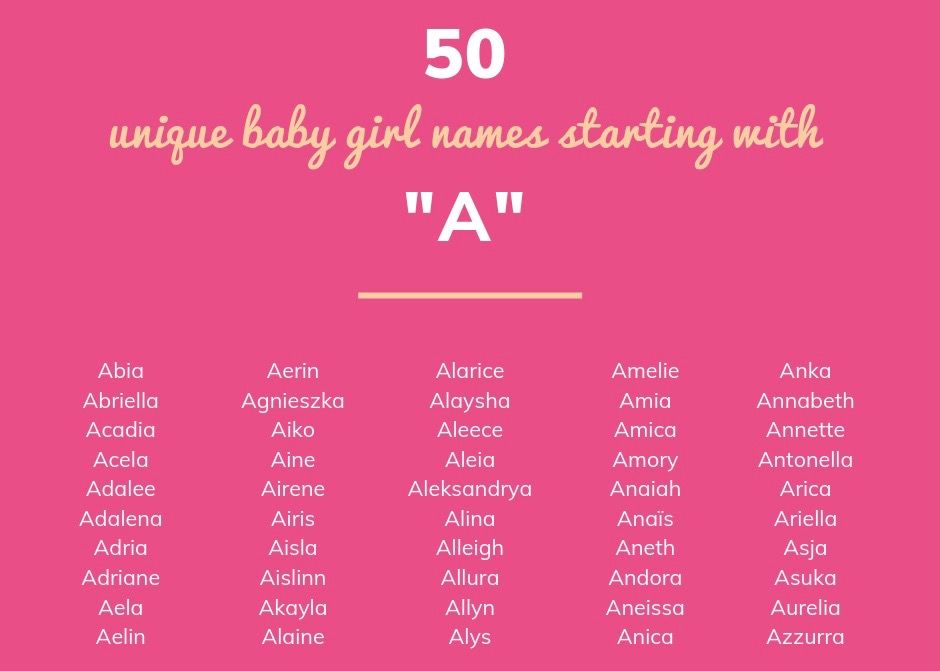
From historic castles, ancient temples and tiny rural towns, to bullet trains, ultramodern cities and ridiculously cool technology, Japan is a treasure trove of photogenic wonders.
It’s the country’s natural beauty, though, that continues to enchant and captivate visitors: they travel to Japan from all corners of the world to wander through the country’s forest-covered mountaintops, explore the dramatic coastlines, stare into the ethereal waters of the Shirogane Blue Pond, marvel at the plethora of plum and cherry blossoms, and snap photograph upon photograph of those vivid red maple leaves.
It stands to reason, then, that Japan’s most fashionable baby names are almost entirely rooted in the country’s flora and fauna.
You may also like
Baby names: powerful monikers inspired by The Handmaid’s Tale are trending right now
Japanese parents have many things to consider when choosing a name for their child: not only does it need to sound nice, but, when it’s written down in kanji characters, the name’s base meaning becomes readily apparent.
From Sakura (which means ‘cherry blossoms’) to Ren (which means ‘lotus’), the Japanese ensure that their monikers are all beautiful, auspicious and deeply meaningful. More notably, though, they’re catching the attention of parents all over the world – many of whom like the fact that they’re not necessarily gender-specific.
In fact, US website nameberry.com has an entire section dedicated to Japanese names, praising them for their “lovely sound, lovely meaning” approach.
The name Sakura means ‘cherry blossoms’.
You may also like
The royal protocol Kate Middleton has to follow when naming her baby boy
A study from children’s clothing retailer Tamahiyo analysed the names of 18,029 babies born in Japan, pulling out 20 of the most popular. They have grouped them by gender, although it’s worth noting that many of these baby names can be unisex.
Check them out below…
The most popular Japanese baby girl names
1) Himari (陽葵)
Meaning: “good hollyhock”
2) Hina (陽菜)
Meaning: “good vegetables, edible greens”
3) Yua (結愛)
Meaning: “binding love and affection”
4) Sakura (咲良)
Meaning: “cherry blossoms”
5) Ichika (一千花)
Meaning: “one thousand flowers”
6) Akari (丹梨)
Meaning: “red pear tree”
7) Sara (冴咲)
Meaning: “vivid blossom”
8) Yui (佑泉)
Meaning: “helpful fountain”
9) Aoi (亜桜依)
Meaning: “reliance on the cherry blossoms”
10) Niko (二湖)
Meaning: “two lakes”
You may also like
71 baby names inspired by feminist icons
The most popular Japanese baby boy names
1) Ren (蓮)
Meaning: “lotus”
2) Hiroto (大翔)
Meaning: “big flight”
3) Haruto (陽翔)
Meaning: “good flight”
4) Minato (湊)
Meaning: “sheltered harbour”
5) Yuma (悠真)
Meaning: “calm truth”
6) Riku (俐空)
Meaning: “wise sky”
7) Kaito (介 杜)
Meaning: “between pear trees”
8) Asahi (旦陽)
Meaning: “morning sunshine”
9) Sora (夏空)
Meaning: “summer sky”
10) Reo (嶺臣)
Meaning: “at the summit of the mountain”
You may also like
How popular website BabyNames.
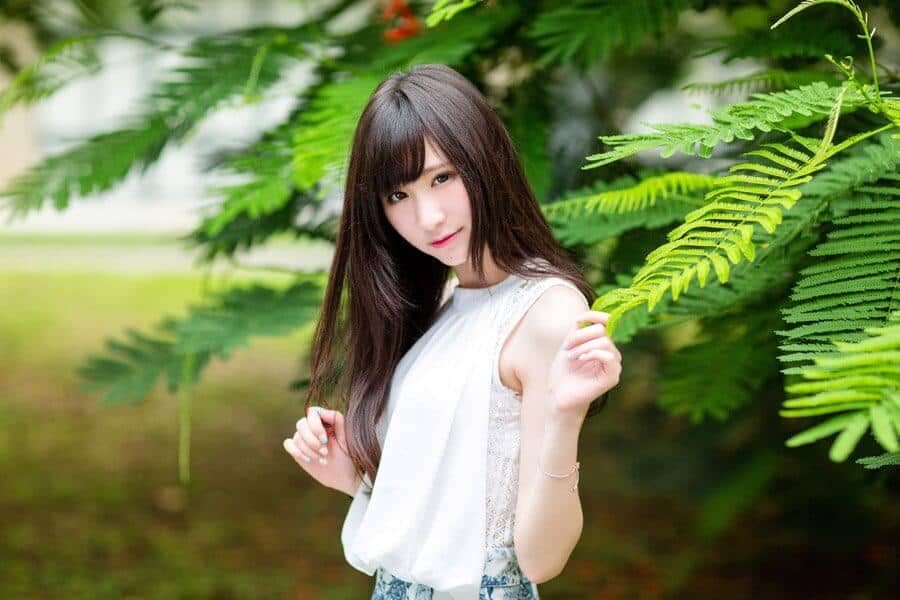
Of course, if you’d prefer to select a feminist namesake for your baby or pet, we suggest browsing through our list of baby names inspired by feminist icons.
From Virginia to Benedict, vintage nicknames to modern monikers, there is a vast plethora of intriguing names which can be adapted to suit any gender.
Happy choosing.
Sign up for the latest news and must-read features from Stylist, so you don’t miss out on the conversation.
Enter your email address
By entering my email I agree to Stylist’s Privacy Policy
Images: Unsplash
Topics
- Baby Names
- Family
- Japan
- Japanese
- Motherhood
- Babies
Share this article
Author
Kayleigh Dray
Kayleigh Dray is Stylist’s digital editor-at-large. Her specialist topics include comic books, films, TV and feminism.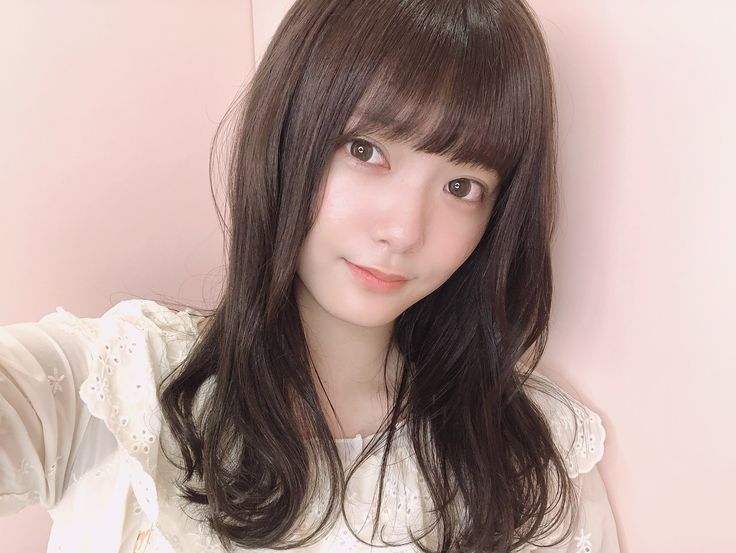
Recommended by Kayleigh Dray
Life
If your name is on this list, you’re probably a Viking descendant
Does the blood of those fierce Scandinavian warriors course through your veins?
- Posted by
- Kayleigh Dray
- Published
People
Kate Hudson reveals beautiful story behind her baby girl’s unisex name
“We have decided to name our daughter after her grandfather,” revealed the actress.
- Posted by
- Kayleigh Dray
- Published
People
This is why Paloma Faith has never revealed her baby’s name
She welcomed her first child in December 2016, but has chosen not to publicise its name or sex
- Posted by
- Kayleigh Dray
- Published
People
“We need male allies in our homes to be fighting for shared parental leave”
Anna Whitehouse and Adanna Steinacker on Stylist’s Baby On The Brain podcast
- Posted by
- Felicity Thistlethwaite
- Published
Life
Mindy Kaling has just given birth to her first child
And it’s a girl!
- Posted by
- Grace Allen
- Published
Japanese names (female and male)
MIUKI.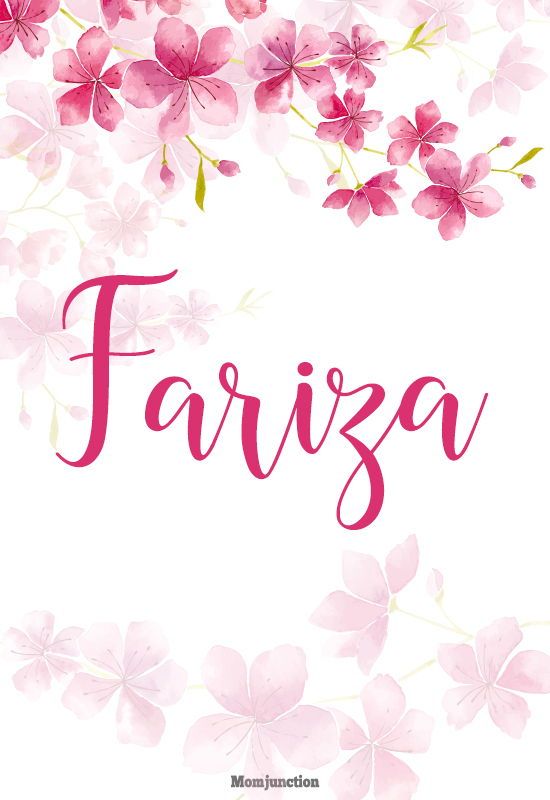
Ancient Japan, Art/Culture, History/Society, Personalities, Modern Japan, Traditions/Customs, Language, Japanese
Gairaigo, Ancient Japan, Names, History / Society, Culture, People, Society, Personalities, Modern Japan, Traditions / Customs, Language
Japanese women’s names, unlike men’s, in most cases have a simple reading and a clear, understandable meaning. Most female names are composed according to the “main component + indicator” scheme, however, there are names without an indicative component.
Japanese female names can sometimes be written entirely in hiragana or katakana. Also, sometimes there are names with on-reading, and also only in female names there are new non-Chinese borrowings (gairaigo). In female Japanese names consisting of two or more characters, there is usually a component at the end of the name that indicates that this name is precisely female. As in male names, the component often determines how the entire name is read — by it is or by kunu .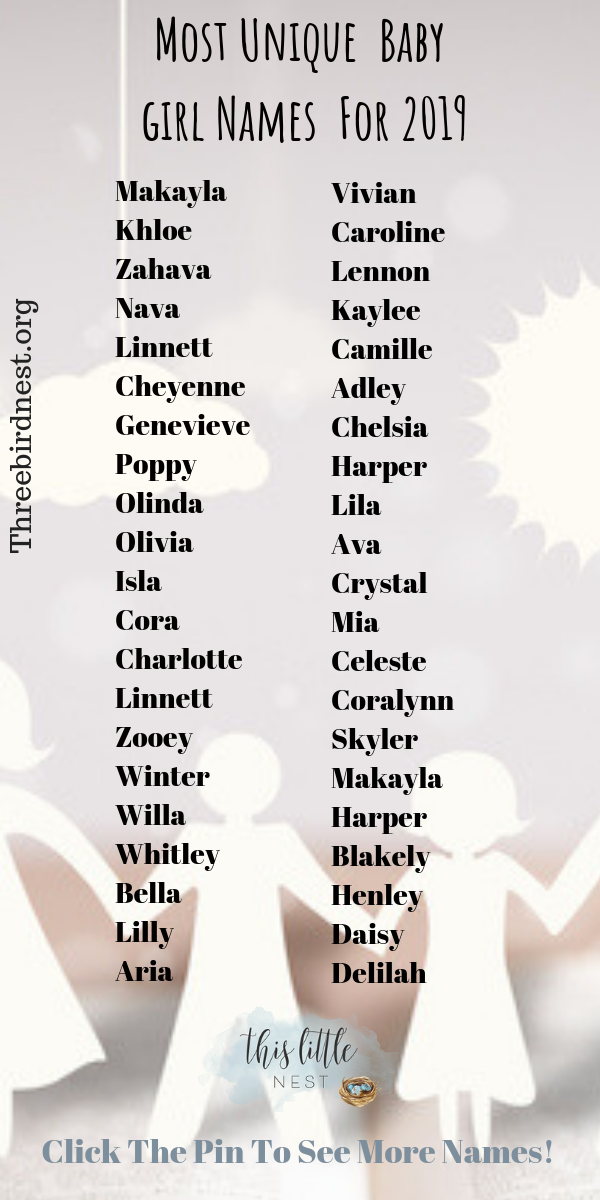
List of Japanese female names translated
azumi — safe place of residence
AZEMI — Thumbnhea Flower
— Love
Ayanano — silk color Aquemi — bright beauty
— Auto aka 900 Aks , bright
Akiko — autumn child or smart child
Akira — bright, clear, dawn
Akane — old Japanese female name — brilliant, red
ameterez — bright in heaven
AMEI — evening rain
AOI — Blue
Ariza — noble view
Asuka — AREMIS — Women’s morning beauty . child
Aya — colorful or woven silk
Ayaka — colorful flower, fragrant summer
Ayako — academic child
Ayam — iris
BANKO — Literary child
Dzhanko — Pure child
June — obedient
Live — Silver Izumi
Izaenami — Woman, who invites
IOKO — OKENSKY — EA child
Yoshi — fragrant branch, good bay
Yoshiko — fragrant, good, noble child
Yoshshi — good
Kam — Turtle (symbol of long life)
Kayao — beautiful generation, generation of an increase of
Keiko — happy, respectful child
Kay — respectful girl
Kioko — Pure kiku — Chrysanthemum Kimi — abbreviation for names beginning with «Kimi»
Kimiko — beautiful child of history, dear child, ruling child
Kin — golden woman
Kioko — child of the capital
Kotone — sound of harp
Koheku — amber
Kumiko — beautiful, durable child
Ked — maple
Kesza — branch, first blessed 9000 9000 — harmonious harmonious child
Kazumi — harmonious beauty
Kemeyo — turtle (symbol of long life)
Kemeko — turtle (symbol of long life)
Keori — aroma
Caoro — aroma
Catsumi — Victory beauty
Marie — Beloved woman
Megumi — blessed
Miva — Beautiful Harmony, three rings — Green 9000 — green beautiful moon
Mizeki — flower of beauty
Miyoko — beautiful generation child, third generation child
Mika — beautiful fragrance
Miki — beautiful tree, three trees
Miko — beautiful blessing child
Minori — beautiful harbor, village of beautiful areas
Mineko — beautiful child
Mitsuko — full child (blessings), bright child
– a beautiful bay
Michi – a path
Michiko – a child on the right path, a thousand beauties of a child
Miyuki – beautiful happiness
Miyako — beautiful child in March
MOMMO — peach
MOMO — a hundred blessings, a hundred rivers
Momoko — child Persika
Moriko — Forest Child
Madoka — Calm Virgin Mesumi .
Maiko — control the child
Mathemi — correct, graceful beauty
Mai — dance
Maiko — dance of the child
Mayumi — True bow, true absorbed beauty
Mucks — True report, tree
Maina — true
Mainami — Beauty of Love
Maryko — True reason Child
MECA — reduction for names. starting with «Masa»
Nana — the seventh
Naoki — an honest tree
Naomi — above all beauty
Nobuko — a devoted child
Nori — reduction for names starting with Nori
Noriko — Child of Principles
NEO — Honest
NEOO — Honest child
NESTSUKO — Summer — Summer Code 9001 Ran — water lily
Reiko — beautiful, courteous child
Rei — polite woman
Ren — water lily
Rika — valued fragrance
RICO — Child Jasmine
Rioko — good child
SAKE — Cape
SETSUKO — moderate child
— sky
Suzu — call — progressive
Suzum —
Sumiko — clear, thinking child, pure child
Sayeri — small lily
Sakera — cherry blossom
Sekiko — blooming child, earlier child
Sango — Coral
Sechiko — Happy child
Teruko — Bright child
Tomiko — Store a child
Tomoko — Friendly child
Toshi — Club 9000 — Club 9000 years, priceless child
Tsukiko — moon child
Tekeko — tall, noble child
Tekera — treasure
Temiko -child abundance
Uzaeji -rabbit
Mimeko -Child of heyday of plums
Ulv-elv -Plum flowering
Fuji -Glycinium
Fumimico -a child who preserved beauty
Hideko 9001-luxurious child Hizeko — durable child
Hikari — light or shining
Hikeru — light or bright
Hiro — widespread
Hiroko — generous child
Hiromi — Widespread beauty
Hitomi — the name is usually given to girls with especially beautiful eyes
Hoter — lightning error
Hoshi — star
Hen — Favorite or flower
Haneko — loafer
Heruka — far away
Heruki — springtime tree
Heruko — springtime child
Harumi — beauty of springtime
Chi — Wisdom, a thousand blessings
Chiio — a thousand generations
Chiioko — Child of a thousand generations
Chika — wisdom
Chico — a wise child
— child 9000 — child 9000 Chinatsu — a thousand years
Chiheru — one thousand springs
Chiesa — morning repeated a thousand times
Cho — butterfly
Shayori — bookmark, guide
ShIG — Reduced for names starting with Shij
Shijko — abundant child
Shizuka — quiet girl
Shizuko — calm the child
Shica — Tender Deer
Shinju Shinju — pearl
Eiko — long-lasting child, luxurious child
Eika — love song
Eiko — beloved child, child of love
Aimee — beauty of love
Eyumi — Walk
AMI — Smile
Emiko — Smiling Child
Eri — Happy
ETSUKO — Joyful Child
YUKA — FREATIONAL, DRIVEN OF YUKI — HAVEN
Yukiko — child of snow or happy child
Yuko — useful, superior child
Yumi — bow, useful beauty0005 Yuri — Lilia
Yuriko — child of Lilia, dear child
YAIOI — Spring
Yasa — Calm girl
Yasuko — Honest Child, Peaceful Child
Japanese Women’s Names
Women’s Japanese names can be possible divided into several types, depending on the value of their main component.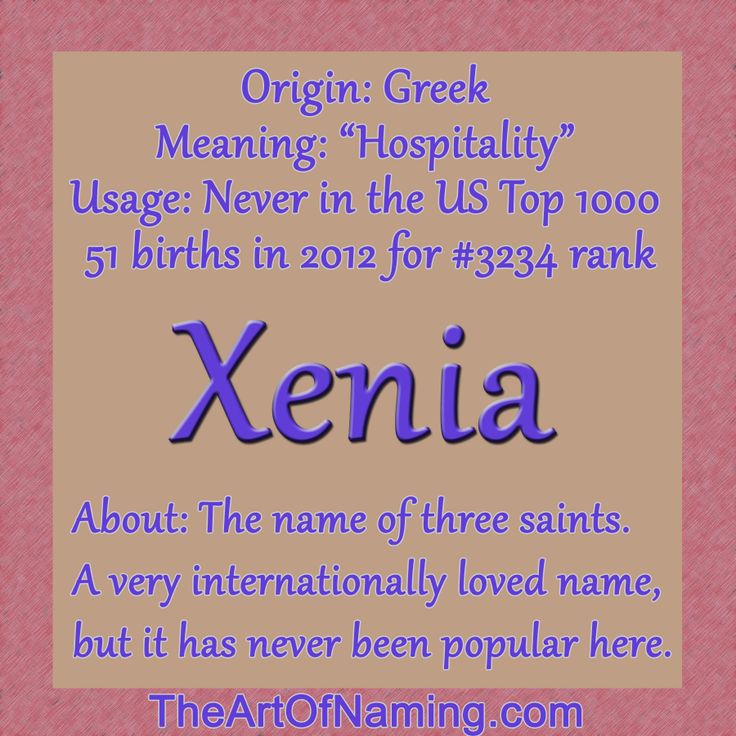
Most female names fall into the group with an abstract meaning. Most often, components 9 are used in such Japanese names.0016 mi “beauty”, ai “love”, en “calm”, ti “mind”, yu “tenderness”, ma “truth” and others. Usually female names with such components are given as a desiderat (wishes to possess these qualities in the future).
Another common type of Japanese female names are names with animal or plant components. Names with the meaning of animals were often given in the past. For example, names associated with four-legged animals (such as «tiger» or «deer») were considered conducive to the health of the wearer. Now girls are practically not called by such names, they are considered old-fashioned. The only exception so far is the crane component.
Names containing plant characters are still common in Japan. For example, components hana “flower”, ine “rice”, kiku “chrysanthemum”, take “bamboo”, momo “peach”, yanagi “willow” and others are often found.
Modern Japanese names have many origins. One of them is partial borrowing from different languages.
Japanese male names
Popular Japanese male names are presented here in Russian. These are modern beautiful Japanese boy names that are currently used by the Japanese population.
Male Japanese names are the most difficult part of Japanese writing to read, it is in male Japanese names that non-standard readings nanori and rare readings, strange changes in some components are very common. Although there are also easy-to-read names.
For example, the names Kaworu, Shigekazu, and Kungoro all use the same character for «aroma», but each name reads it differently. And the common name component yoshi can be written in 104 different characters and their combinations. Often, the reading of a Japanese male name is not at all connected with the written hieroglyphs of names, so it happens that only the carrier himself can read the name correctly.
List of Japanese male names in translation
Akayo — intelligent person
AKI — Autumn, bright
Akira — bright, clear, dawn
Akihiko — Bright Prince
Akhiro — Smart, Scientist, bright
Areta — New
Atsushi 9000 — CEOURE 9000 — CEOLE CON Goro fifth son
Jero tenth son
Jiro second son
Jun obedient
Junichi obedient, purity, first
Deiki0017 — From the great value of
Daisyuk — Great Assistant
Daichi — Great First Son or Big Earth
Isamu — Brave man, Warrior
Izao — Honor, Merit Izenadi — a man who invites
Ioichi — male, first (son)
Iori — addiction
Yoshiyo — good person
Yoshi — good
Yoshikezu — good and harmonious, first0005 Ioshinori — noble dignity, fair principles
Ishiro — good son
IOSHITO — good, successful person
Ishihiro — Widespread perfection
ISHIEKI — Fair Glory, bright luck IOSHIKS happiness
Iuoo — stone man
Ichiro — first boy son
Kayoshi — quiet
Keiji — respectful, second (son)
Keiichi — respectful, first (son)
Ken — healthy and strong
Kenji — intellectual ruler
Kenichi — first builder, governor of Kent strong
Kenshin — modest truth
Kero — ninth son
Kiyoshi — pure, holy
Kio — approvals, ginger, or greater
Kichiro — successful son
Codzhi — Son ruler, Happy, second (son)
Koichi — bright, widespread, first (son)
Koheku — amber
Kunayo — Compatriot
Kesuki — beginning new generation, pleasant world, or radiance
Kazuo — harmonious person
Kazuhiko — first, harmonious prince
Kazuhiro — harmony, widespread
Keitashi — hardness
Catsero — Victory son
Katsu — Victory
Catsuo — Victory Child
Makoto — True Masashi — Restless, Luxurious, Luxurious, Luxurious, Luxurious, Luxurious, Luxurious, Luxurious, Luxurious, Luxurious, Luxurious, Luxurious, Luxurious, Luxurious, Luxurious, Luxurious, Luxurious, Luxurious, Luxurious, Luxurious, Luxurious, Luxurious, Luxurious, Luxurious 9000 9001
Minori — a beautiful harbor, a village of beautiful people
Minoru — fruitful
Mitseru — full, height
Mitsuo — bright person, third man (son)
Michiyo — a person on (correct) path
Michi — trail
Madok — calm
Mesuio — increasing world
Meses — the correct report, elegant tree Mesanori — correct principles, proper government, successful Government
Maseo — correct the person
Masaru — intelligent, victorious
Matheto — correct, graceful person
Masehiko — correct the prince
Mesehiro — control
MEZEC — correct brightness
Mamoru — protect
Mainebu — diligent
MES — reduction for names starting with MEC — control fair, bright perfection
Meseiuki — right happiness
Naoki — honest tree
Noboru — rise, rise, virtuous
Nobu — Vera
Nobuo — Proteinated person
Nobuyuki — devoted happiness
Norayo — Man of Principles
Nori — Reducing for Nori NEO — honest boy
9001 Ozemu — male ruler
Rio — excellent
Ryota — strong, strong
Rokero — sixth son
Raiden — thunder and lightning
RUUU — Dragon
Seiji — Warning, second (son)
Seiichi — Warning, Pure, First (Son)
Susum — progressive
Sebero — Third Son 9000 SeDEO — decisive person
— decisive person
Setoru — enlightened
Setoshi — clear thinking, quick-witted, wise
Takashi — filial official, worthy of praise0005 Tarot — great son (this name is given only to the first son)
Teruo — a bright person
Tetsuo — a clear (thinking) person, an iron man — guarded person
Tohru — penetration, wanderer
Toshayo — man of anxiety, genius
Toshi — emergency
Toshieki — emergency and bright, mature brightness
Toshiyuki — Emergency and Happy
Tsuioshi — Strong
Tsunoo — total person
TSU — TEDEO — Loyal TEDECE — Correct, Loyal male warrior
Takehiko — prince of a soldier
Takeshi — cruel, warrior
Tekumi — craftsman
Takeo — tall, noble person
TEKEHIRO — Widespread nobility
TEMOTSU — full, protecting
Tatsuo — Dragon Man Tatsuya — Dragon, which become (and have its wisdom and durability)
Hideki — a luxurious opportunity — LIVEL — luxurious person
Hidiki — bright superiority, luxurious brightness
Hizoka — preserved
Hizeo — durable person
Hizeshi — Durable
Hiker — Light or shining
HIRO — wide, widespread
HIROACA — Widespread brightness
HIRUUICA — Widespread happiness
HIROKIC — rich Joy .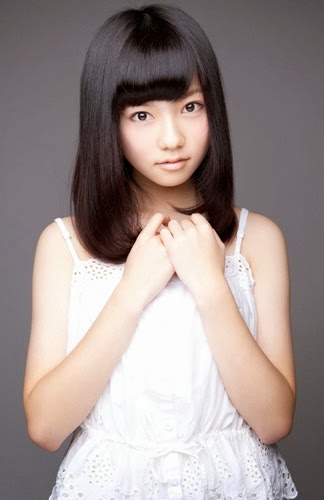
Hiroshi — abundant, widespread
Hitoshi — balanced, level
Hotak — step by step
Headzham — beginning of
Hero — Spring Pore people
Hechiro — eighth son
Shig — Reducing for names starting with Shiji 9000,000 Shijger — superior abundant
Shijo — abundant person
Shin — true man
Shinji — devoted, second (son)
Shinichi — devoted, first (son)
Shiro — fourth son
Shichiro — seventh son
Shoji — correcting, shining, second (son)
Shoichi — correct, prosperous, first (son)
Shuji Shuichi — excellent, manager, first (son)
Eiji — excellent second son, luxurious ruler
Yuichi — brave, friendly, first (son)
Yukayo — a happy person
Yuki — Happiness, snow
UTEK — in abundance, which succeeds
YUU — superior to
Yuudei — Great Hero
Yuchi — Brave, Son
Yasuo — honest, Mirrone, Mirrone Yasuhiro — rich honesty, widespread peace
Yasushi — honest and peaceful
Japanese male names in modern interpretation have many sources of origin.
by TMLT Editions
December 15, 2021
APPLY NOW! 👉 scholarships in your area of study 2
— names for girls in Japan —
, as in many other cultures, the names of Japanese girls are of excellent importance, which reflects positive features of character, flowers and beauty. Over the past two decades, names with the suffixes -mi (beautiful), -ka (fragrance) and -ko (child) have been at the top of the lists.
For example, a name like Haru means spring, and adding «ko» makes it Haruko, which means child of spring.
Two-syllable names that were popular until the 1980s are back in trend. There are also short names such as Mei, Rei, Aoi and Rio which are popular but have no meaning.
Parents could give any meaning by adding suffixes to names. These are modern names, not associated with people of the past.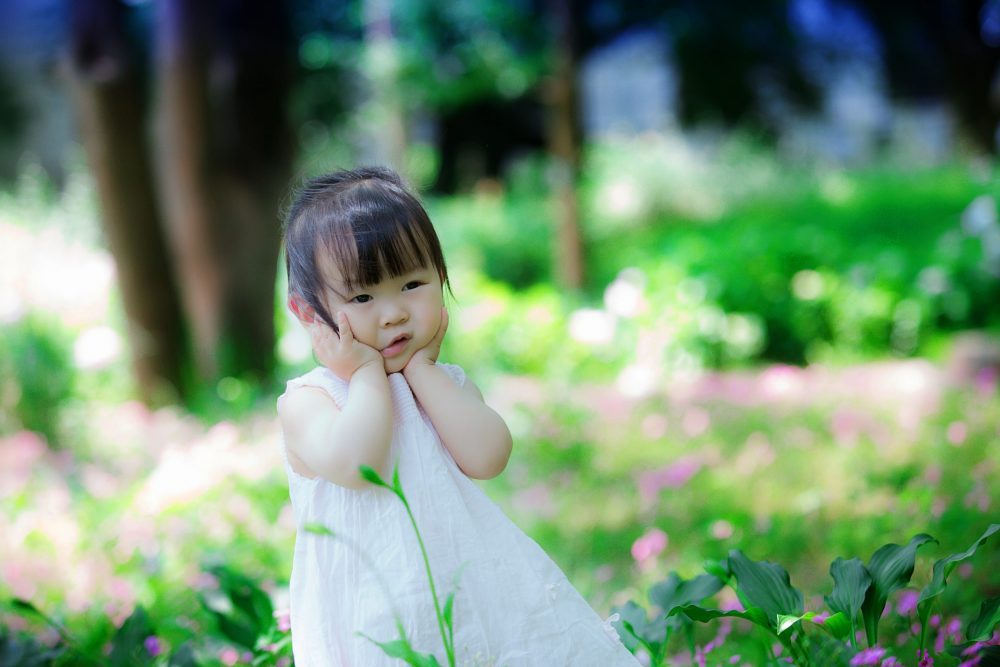
The best Japanese names for your girl
Nowadays, there is a tendency to mix old Japanese female names with fashionable suffixes.
Below is our unique collection of the most adorable names, popular both in past times and in recent years, with meanings.
1. Ahmya — Black rain
2. AI — Love and affection
3. This is all — ruler
4. AIKA — love song
5. Aiko — (I love child
6. Aimi — Beautiful love
7. Aina — View
8. Ain — Fertility goddess
9. Iri — Love, Laska
10 Ayya — Beautiful silk
11 Akakhana — Red bright flower
12 Akane — bright red
13 Acari — brightness
14 — shine
15 Akiara — Bright person
16 Akiko — Pure and bright
17 AKIRA — bright and smart
18 Akito — bright 9000 19 Amaterasi — SPECION OL AMAYA — Night rain
21 AMI — Friend
22 ANECO — older sister
23 Anzo — Apricot
24 Aratani — precious stone
25 Arisa — noble
26 ASA — Born in the morning
27 ASA — Morning beauty
28 Asuga — Swift, like wind 9000 29 Asa — TOMPLAY ARECTION
9000 9000 9000 9000 9000 9000 9000 9000 9000 9000 9000 ATSUKO — kind child
31 AU — meeting
32 AYA — colorful
33 Aya — Angel who knows magic
9000 34 Ayaka — Colorful flower
35 Ayaka — Fragrant color flower
36 Ayako — cute child
37 Ayame
38 Ayano — My design
9000 39 Ayumi — History or History or History or History or History or History peace or pleasure
40 Azumi — safe space
41 Bashira — joyful
42 Nerd — long life
420017 — sparkling light
READ ALSO!!!
➣ Happy Birthday to wife with great emotions and experiences
➣ Cute and beautiful names of Japanese girls and their values
➣ Love messages and romantic quotes for husband
44 Chiasa — thousand morning
45 Whose — wisdom
46 Chieko — wise child
47 Chiharu — springs and clear sky
48 Tikhiro — seeker
49 Chika — filled with wisdom
50 Chika — scattered flowers
51 — thousand waves
53 Chiyo — A thousand generations
54 TIIO — a thousand generations
55 Chizue — Durability
9000 56 Cho — butterfly
57 Chuya — clean and transparent, like water
58 to — large
59 Danuja — line
60 is — shelter
9000 61 Two — mountain or Earth
— mountain or EAR 62 Eiko — long-lived
63 Emi — beautiful smile
64 Emika — charming or blessed
65 Emiko 3 90 — well off0002 66 ENA — Gift from God
67 Eri — Blessed prize
68 Ashima — True intention
69 ETSU — Raston 9000 9000 70 ETsudo — joyful child 9000 71 — joyful child
72 Fuji — happy opinion
73 Fumiko — intelligent
74 Fuyuko Gen 9 — winter child
0017- Spring
76 Gina — Silver
77 HACHI — Eight
78 GAGA — Shusty
79 Hana , Blue
80 Hanae — Club
vene — bloom
82 Khan — Flower
83 HARA — Spring
84 HARUE — Sunlight
85 Haruha — Spring Day
86 Haruka — Far from
87 Haruki — shines brightly
88 haruko — Spring child
89 Harumi — Spring Beauty
90 Haruna — Spring 9000 9000 9000 HATSU First-in-law
92 Hatsuko — Firstborn
93 Hatsumomo — Firstborn Persian
94 Haya — Fast 9000 95 900 Khaima — Rare beauty
96 Hekim — Wisdom
97 Chibika — Echo
98 Hide — excellent
9000 99 Hideko — Beautiful child
9000 Hikari — Light
101 Hikara
102 Hina — Sun
103 Hinata — Solar Place
104 Hiriko — Generous
105 HIRO — abundant
106 99 Hiroco — Rich child
107 Hiromi — abundant beauty
108 HISA — Eternal
109 HISAKO — Long-liver
110 Chitomi — Eye 9000 111 Homura
112 Honoka — Harmony and Flower
113 Hoshi — Star
114 Hoshiko — Star
115 Hotaru — bloom
116 Khumiya — Healthy
117 IKU — Nourishing
118 IMA — Now
119 ISAMA — energetic
120 — thread
121 IWA 9000- ROK 9000- ROK 9000- ROK 9000- ROK 222- ROK Izana — Woman who invites
123 Izumi — Fountain, spring
124 Japan — ambitious
125 Jin — Tender
126 126 Yona — God is merciful
7 June — Purely
128 Junko — obedient child
129 — Maple leaf
130 Kagami — Mirror
9000 Read also !!!
➣ Wedding Invitation Ideas and Wordings
➣ Rest in Peace Messages and Quotes RIP
➣ Happy Birthday and Anniversary Greetings to All
131 Kagoma — Lost
132 IDT — Little Dragon
133 KAIRI — Ocean village
9000 134 KAIRI — Sea
135 Kaiya — View
9000 9
137 Khu — long-liver or turtle
138 Kamiko — Higher child
139 Can — Powerful
9000 140 Kano — skill
141 Canon — bloom
142 Kaori — aroma
143 KASUMI — fog
9000 144 Kata — decent 9000 145 — honorary 9000 — honorary accounting Victory
147 Katsuki — Moon
148 Katsumi — overcome
149 Kaida — Little Dragon
9000 150 Send a knockout — Beautiful generation
151 Kazan — Wind noise
152 Kazash — Hair decoration
153 CAZUE — branch
154 KAZZUKO — Harmonious / Lovetic child
9000 155 — harmonious beauty- harmonious beauty- Harmful beauty- Harmful beauty Kei — blessing
157 Keiko — respected child
158 Keina — prosperity0002 160 Kiaria — Big Luck
161 Kichi — Lucky or lucky
162 Kiko — Hope
163 Kika — Chrysanthemum
164 Kimi — Beautiful History 9000 900 900 900 900 Honorary
166 Kimika — noble
167 Kimiko — Valuable child
168 Kimmi — Righteous
169 Relatives — Golden
170 Kioka — Mirror
171 Kioko — shares happiness
172 Kirik — Natural Beauty
173 Kishi — Happy and Long life
174 — north Kitiara — blade from the north
176 Kiva — born on the border
177 Kiyoko — pure child
178 Kiyomi 09 09 0
179 KO — Baby
180 Coemi — Smiles
181 KOGE — Fragrant flower
182 Kohak — Amber
183 — Small Flower
184 — AST
185 Kokoro — Soul
186 Kosuke — Rising Sun
187 Kot — Beautiful Arfa
188 Kotone — Sound of Arph
9000 189 Kodzakura — Cherry tree
190 COMISE — tree
191 Kukiko — Snow
192 Kuma — carry
193 Kumi — Eternally beautiful
Kumiko 9000- Child
195 chickens — treasury
196 chicken — Kashtan
197 Kio — Unit
198 Kioko — Mirror
199 Machiko — successful child
200 Maeko — Child Pravda
201 Maemi — Truthful smile
9000 Maho — Honest person
200016 more Maiko — dancing child
205 Maya — rice valley
206 Makaira — one who brings happiness
207 Maki — truth
208 Makiko — Sincere
209 Makoto — Sincerity
210 Mom — true
211 Mamico — Daughter of the Sea
212 — Blind
3 9000 213 Beauty
214 MAO — Award
215 Marie — riot
216 Mariko — genuine
217 Marry — Elegant dance party
218 MASAE — Elegant
219 Masako — Honest child
220 Masami — Elegant Beauty
221 Masumi — 9000 2,222,0002,222,0002,222,0002
2,0002 2,0002 2,0002 2,0002 2,0002 2,0002 2,0002 2,0002 2,0002 2,0002 2,0002 2,0002 2,0002 — pine
224 Mayu — genuine
225 Mayuko — child Mayu
READ ALSO!!!
➣ Romantic messages, love texts and quotes for a girlfriend
➣ Best Messages, wishes and quotes by Ramadan Karim
➣ Good morning and romantic wishes in the morning of
226 Mayumi -maging
227 Megumi -Megumi -Megumi -Megumi blessing
228 Mei — sprout
229 Mi — Beauty
230 Michi — straight path
231
7- Beautiful wise child
232 MIDORI — Green
233 Marry — Trilateral division
234 MIK — brightness of light 9000 235 MIKHO — True
236 Mikho — child of hidden beauty
237 Mika — beautiful fragrance
238 Mikan — tangerine
239 Mikasa — three bamboo hats 9002 30016 Miki — Flower stalk
241 Mikka — Three days
242 MIKU — Beautiful sky
243 — Yablon
244 mines — The one who is from the south of
245 Minato Minato — Harbor
246 My — Peak
247 247 Minoru — Making Fruits
248 Mio — Beautiful Sakura
249 Mirai — Future
250 Mass — Beautiful bud
251 Misaki — Beautiful recently grown flower
252 Misaco — Charming child
253 Mitsa — Light
254 Mitsuko — shining
255 MIIU — Beautiful feather
256 Miva — Harmony
257 Miya — Holy House
258 Miya — Church
9000 259 Miyako — Beautiful child
260 MIIO — Charming child
261 Miyoko — A wonderful child of a beautiful generation
262 — beautiful truth
9000 263 — Snow 9000 264 MIZUKI
265 MO — Butonization
266 MOMIJI — Red Leaves
267 MOMO — Persik
268 MOMOE MOMOOE — A hundred blessings
269 MOMOKA — Hundreds of colors
270 Momo — numerous children
271 Monday — gateway 9000 272 Morie — Bay or Beast or Beast or Beast 273 Forests
274 Moriko — Forest Child
275 Cod — Forest Town
276 Muika — six days
9000 277 Mura — from the village
278 Nagi — Calm — Child of greenery
284 Nanami — seven seven
285 NAO — honest
286 Naoko — obedient child
287 NARA — Flower from heaven
288 Nariko — Tender child
289 NAMIS — Beauty
290 NATSUKI — Summer Nadezhda
9000 291 NATSUKO — summer 9000 29000 2 NatSUM
293 NE — Sound
294 Nisbett — Helping trust
295 niches — West
296 NOA — Love and attachment
297 Nobuko — faithful child
298 Nori — Tradition of
299 Norico — Sworing of Law
9000 300 Norita — Tradition 9000 301 Nozomi — Reliable 9000 — Nesting
303 Okhty — Pure
304 Oxemia — Mercy or pity
305 oki — Master
306 OMIK — Bright shining light
307 Orino — Field
308 RAI — Trust
309 Cancer — pleasure
310 RAS — Pug
9000 311 — Orchid 9000 312 Korol — MIKE
313 Reiki — healing of the spirit
314 Reiko — grateful child0003
317 Rie — Valuable blessing
318 RIKO — child RH
9000 319 RIKA — aroma
9000 320 RIKO — Daughter Zhasmin Ricon — intelligence — intelligence cold, stern and decent person
323 Rini — one who looks like a cute little bunny
324 Rio — cherry blossom
325 Risa — 0008 Growing colors of the house
326 RUI — Loving
327 RUMI — Beauty Lazurit
9000 328 Hand — one who is bright blue flower 9000 329 329 RURI — Emerald 9000 330 — Smart child
331 Sati — blessed
332 Satiko — child of good luck
333 SADA — Pure woman
334 Sadako — Pure child Memory of Divine
345 Sakura — Vishnya in color
346 Sakurako — child Sakura
SAHGO — Coral 9000 348 — Fulfinity ,000 9000 349 .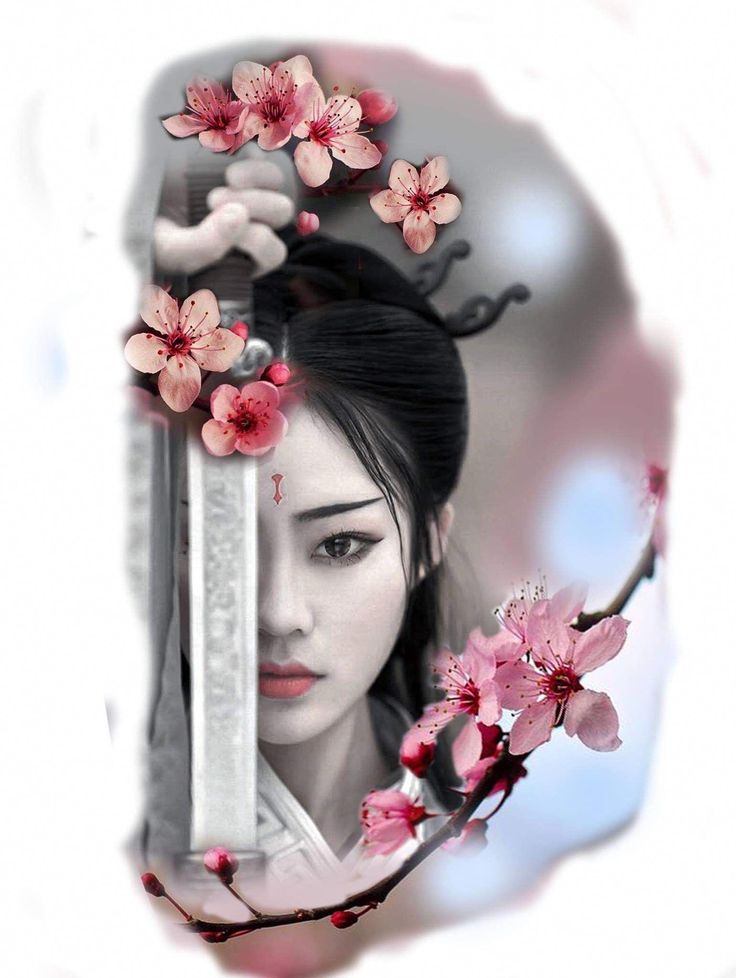
350 Saori — beautifully woven fabric
351 Satchiko — happy child
352 Satoko — wise child
0016 Satomi — Beautiful
354 Satsuki — Fifth month, May
355 Savako — Dear Child
Sayak — Clear
9000 357 Sua — fast and fast as arrow Sayuri — Lilia
359 Seijun — Pure
360 Seika — Pure Summer
361 Seiko — Sincere
362 Necd — noble child
363 Seiaren — Diserned star
364 Sep — Fairy Fairy Fairy
365 Sadsuko — Moderate
9000 366 Shaivas Shigeko — Pygushiko — Pygushiko — Pygushkoy deer
369 Shiki — four seasons
370 Shiko — stone woman
371 shinikoa — 30 70 30 20 winner woman0016 Shinju — Pearl
373 Shino — As a bamboo stalk
9000 374 Shinobu — Strong
9000 375 Shion — He who does not forget 9000 376 376 — guide — guide — guide — guid Pure
378 Shizuka — Quiet
379 Shoko — A small child with great expectations
380 shun 7 — a talented person 9016 200030017- Talented
382 Shina — Victorious
383 Somein — Intelligence
9000 384 SORA — sky
9000 385 — SKY
9000 SUBARA SUBARA — 387 Sueko — youngest child in the family
388 Suji — cedar tree
389 Suki — Beloved0003
391 Sumire — Cute violet
392 Sumiy — Smart Girl
393 Sunako — Dark Party
394 Susumu 9000 395
39000 9000- bell 9000- bell.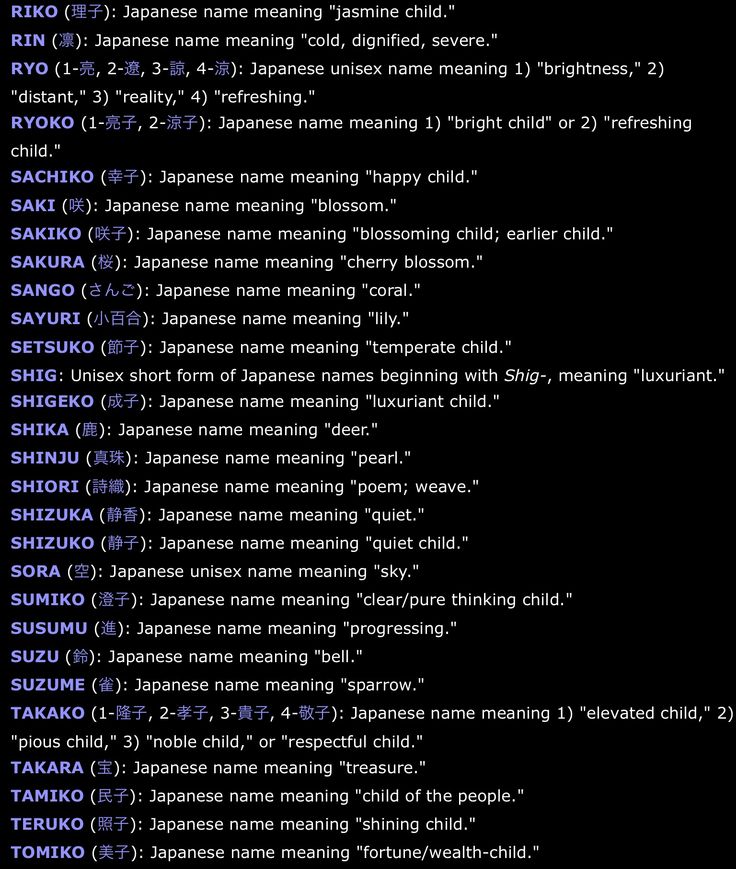
397 Suzum — Sparrow
398 TAKA — noble sappsan
9000 399 Takako — Aristocrat
9000 400 TAKARA — Pearl
401 Take — Bamboo
402 Taki — Waterfall
403 Tamaki — Bracelet
404 — Pearls 9000 405 405 — Sound Tamachini — soulful
407 Tami — people
408 Tamiko — beautiful beauty
409 Tamura — 900 3 900 20016 Teni — Valley
411 cheap — Glory stand
412 Taries — G and Ibuilding
413 Tara — Great Sea
9000 414 TATSU — Dragon
415 — Dazh
416 Taura — many lakes
417 Teruko — shining child
418 current — Opportunately
419 Tokiva — permanent
9000 420 Tomiju — Longevity
421 Tomiko — Rich child
422 Tomo — Knowledge
423 Tomoe — Happy Friend
4 — Knowing child
5 Tomomi — 426 Tonica — for people
427 Tora — tigress
428 Toru — vast sea
429 Toshi mirror image 0002 430 Toshiko — Ancient Child
431 Tsubaki — Camellia Flower
432 Tsubame — Consider
433 Tsubasa — Wing
more beautiful names 9125 9000 9000.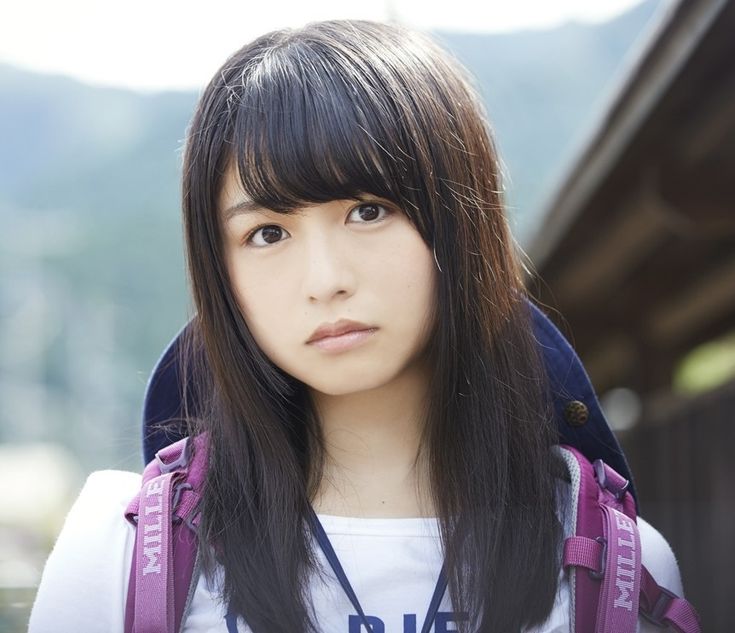
434 Tsukiko — child of the moon
435 Tsunade — Young thunder
436 TSURU — Long life
437 Mind — Flowering of Plum
9000 438 UMI — Ocean — Rabbit — Rabbit — Rabbit 2 44017- Rabbit — Rabbit — Rabbits Song
441 Sucked — Song Field
442 Vakana — Sweet Music
443 Vakumi — Source of water
444 YAS — assertive
445 Yasuko — peaceful child
446 YO — Positive
447 Yoko — Sunny child
448 Yori — REALLY YORA — Dark — Dark — Dark — dark
451 Yosiko — beloved child
452 Yoshima — lucky
453 Yoshino — fertile field
454 Youko — sunlight
455 Yua — bonds connecting
456 YUI — Tender
457 Yuin — Vegetables
9000 458 — sufficient foundation
459 Yukiko — rare child
461 YUKO — perfection
462 YUME — dream
463 — beauty
464 Yuna — gentle
465 Yuri — lily
466 Yuriko — perfect
Did you enjoy reading these wonderful Japanese female names? Of course, I believe it is.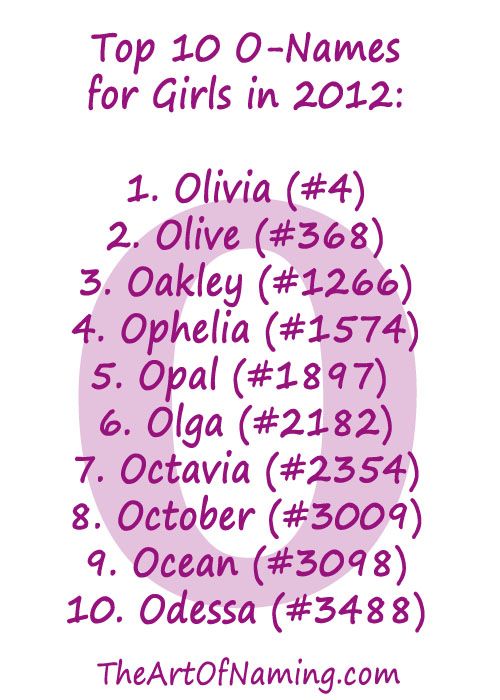
CSN Team.
APPLY NOW! 👉 SCHOLARSHIPS IN YOUR FIELD OF STUDIES
Hi you!
Don’t miss these opportunities! Enter your details below!
Your name
Your e-mail address
=> FOLLOW US ON INSTAGRAM | FACEBOOK & TWITTER FOR LATEST UPDATE
Tags : Cute and Beautiful Japanese Girl Names, Japanese Girl Names, Japanese Girl Names in Japanese, Japanese Girl Names Mean Dark, Japanese Girl Names Mean Death, Japanese Girl Names Meaning moon, japanese names, popular japanese names for girls 2020, rare japanese names, 9 unique japanese names0003
Japanese female names | Japanese language online
Japanese women’s names, unlike men’s, are read quite simply and have a clear meaning.
Japanese female names are very easy to read and are easy to translate . The translation from Japanese is excellent as always. The meaning of the name gives its owner something sublime and beautiful. You can see for yourself, before you list of female Japanese names .
| Name | Meaning |
| A zumi | safe residence |
| AI | indigo or love |
| Ayano | silk |
| Aika | love song |
| Akemi | bright beauty |
| Aimi | beauty of love |
| Asuka | fragrance |
| Atsuko | kind child |
| Amaya | evening rain |
| Ayame | iris flower |
| Akane | brilliant |
| Akane | brilliant red |
| Ayame | patterned girl |
| Arizu | noble appearance |
| B unco | educated child |
| D janco | clean baby |
| June | obedient |
| and zumi | fountain |
| Yoko | ocean child |
| Yoshi | fragrant branch |
| Yoshiko | noble child |
Female Japanese names are most often read by kun , so there are no difficulties with reading.
| Name | Meaning |
| K AME |
turtle (means long life) |
| Camiko | perfect child |
| Kyoko | children of the capital |
| Kaoru | fragrance |
| Cotoon | harp sound |
| Katsumi | winning beauty |
| Kumiko | durable child |
| Kyoko | city child |
| Kouheku | amber |
| Coe | world |
| Kiku | chrysanthemum |
| M ari | beloved woman |
| Mai | dance |
| Miwa | beautiful harmony |
| Makoto | correct and correct |
| Miko | beautiful baby blessings |
| Mizuki | beautiful moon |
| Masami | elegant beauty |
| Minori | beautiful harbor |
| Michiko | baby that’s on the right track |
| Madoka | flower circle |
| Momo | peach |
| Mamoko | baby peach |
| Mayumi | true absorbing beauty |
| Meiko | baby dance |
Depending on the main component, female Japanese names can be divided into several groups.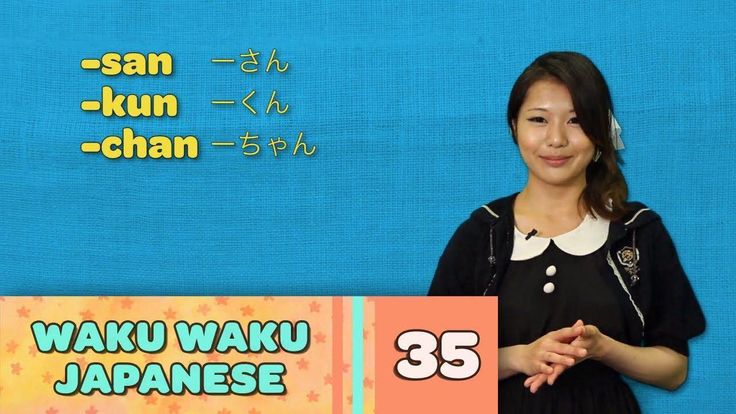
| Name | Meaning |
| H atsuko | baby of summer |
| Naoki | fair punishment |
| Natsumi | summer beauty |
| Nobuko | devoted child |
| R an | water lily |
| Ray | call, spirit, polite woman |
| Rica | scents rated |
| Rie | valuable blessing |
| Ren | water lily |
| Rico | jasmine baby |
| C ake | cape |
| Sumiko | thinking child |
| Sacker | Japanese heyday |
| Sekiko | blooming baby |
| Sengo | coral |
| T omiko | child that keeps clean |
| Thacker | treasure |
| Tomoko | wise child, friendly |
| Teruko | bright child |
| U zeji | rabbit |
| Umeko | plum blossom child |
There are names with numerals .
| Name | Meaning |
| F umiko | beauty-keeping child |
| Hideko | luxury baby |
| Haruka | distance |
| Hickary | shining |
| Hotaru | firefly |
| Hitomi | name for a girl with very beautiful eyes |
| Harumi | spring beauty |
| Hoshi | star |
| Haruki | spring tree |
| Chi | thousand blessings |
| Chiasa | thousand flowers |
| Chiyoko | child of a thousand generations |
| Chow | butterfly |
| Chiheru | one thousand springs |
| W idgeco | abundant child |
| Shizuka | quiet girl |
| Shinju | pearl |
| Shika | gentle deer |
The name of two or more characters has demonstrative component , usually at the end.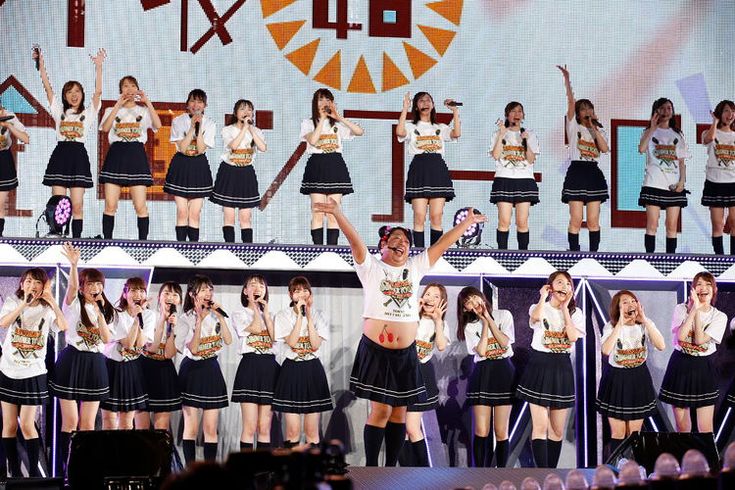
| Name | Meaning |
| E | love song |
| Eyumi | walk |
| Erie | lucky prize |
| Etsuko | joyful child |
| Eiko | durable child |
| Yu ka | flowering of friendship |
| Yumiko | child benefit |
| Yuriko | lily child |
| Yuki | happiness, snow |
| I suko | baby of the world |
| Yayoi | spring |
| Yasu | calm girl |
Female Japanese names are different from male names.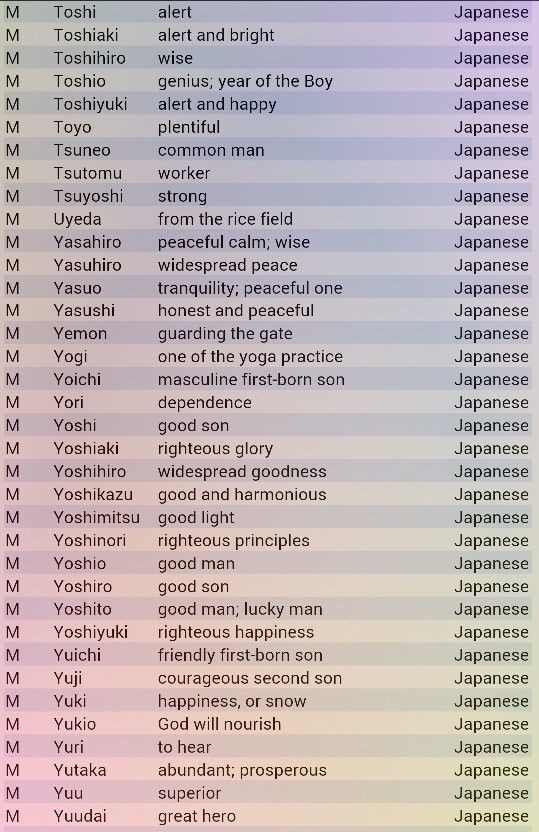
Girls, what Japanese name would you choose for yourself?
Japanese female names are easy to read and understand in translation. Here you can find a list and translation of female Japanese names. And if you would like to learn how to write Japanese names in kanji, then you should start learning kanji with our free lessons.
Do you want to learn how to write names (and not only) in hieroglyphs and learn more about hieroglyphs?
Then sign up for a free course to effectively learn Japanese characters
What Japanese female names have you come across, for example, while watching Japanese movies or anime? Which ones do you like the most? Share in the comments, please.
Dreaming of learning Japanese but don’t know where to start? Or maybe you just can’t find the right teacher? Would you like to begin to understand what the Japanese are talking about in 3 months, and in a year already to calmly communicate with the inhabitants of the Land of the Rising Sun on everyday topics? Think it’s impossible? Everything is possible with our Japanese language courses! We bring to your attention Yearly Japanese Program, after completing which you will be able to achieve your goals! The number of places in the group is limited , so we would advise you not to delay the decision.
For more information about the annual Japanese language course program, please click here.
Tags:
learning Japanese
online courses
online Japanese courses
Japanese translation
words
Japanese words
Beginner Japanese
Japanese
Beginner Japanese
Japanese female names for girls and their meanings
The Japanese give their children names according to tradition.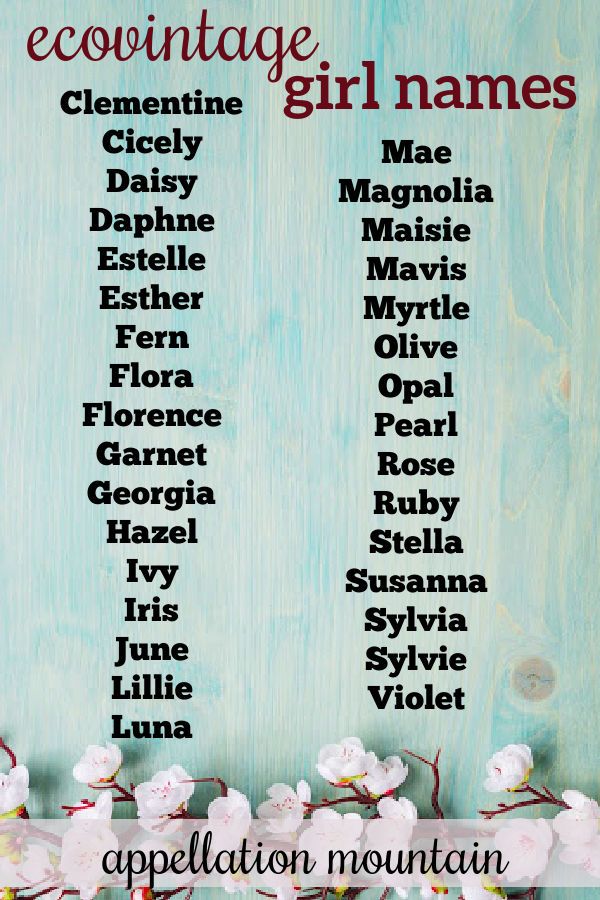
Very often, Japanese girl names are created independently from existing characters, which is why there are a lot of unique female names in the country. At the same time, Japanese names for girls differ from male names mainly in components and structure. At the moment, the country has a list of Japanese names from which you can choose a name suitable for your child.
How are Japanese names formed? The keyword in the name can be a seasonal phenomenon, a shade of color, a gem. Also, parents may wish that the newborn child becomes strong, wise, and for this they use the hieroglyphs of strength and wisdom.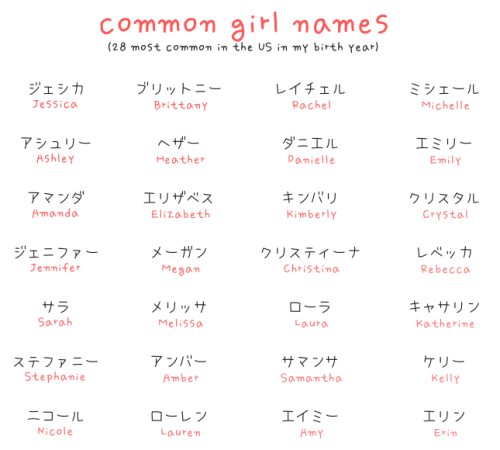
Recently, it has become popular to name a child according to the euphony of names, that is, if the desired name has a pleasant sound, then parents determine the hieroglyphs with which they will write this name. In addition, in Japan it is customary to name children after celebrities, however, as in all nations of the world. Children can be given the names of heroes of historical chronicles, pop stars, and even heroes of TV shows.
A
Azumi — safe residence
Azemi — thistle flower
Ai — love
Aiyano — silk color
Akemi — bright beauty
Aki — autumn, bright
Akiko — autumn child or smart child
Akira — bright, clear, dawn
Akane — shiny red
Amaterezu — bright in the sky
Amaya — evening rain
Aoi — blue
Arizou — noble appearance
Asuka — fragrance
Asemi — morning beauty
Atsuko is a hardworking, warm child
Aya — colorful or woven silk
Ayaka — colorful flower, fragrant summer
Ayako is an academic child
Ayam — iris
B
Banquo is a literary child
Starting with the letter D
Janko is a pure child
Jun — obedient
Letter F
Zhina — silver
I
Izumi fountain
Izenami is a woman who invites
Yoko — ocean child, confident child
Yoshi — fragrant branch, good bay
Yoshiko — fragrant, good, noble child
Yoshshi — good
K
Kam — turtle (symbol of long life)
Kayao is a beautiful generation, an increase generation
Keiko is a happy, respectful child
Kay — respectful
Kiku — chrysanthemum
Kimi is an abbreviation for names beginning with «Kimi»
Kimiko is a beautiful child of history, dear child, ruling child
Kin — gold
Kyoko is a child of the capital
Catoun — the sound of a harp
Koheku — amber
Kumiko is a beautiful, long-lived child
Kaed — maple
Kezu — branch, blessed, harmonious
Kazuko is a harmonious child
Kazumi — harmonious beauty
Kemeko — turtle (symbol of long life)
Keori — fragrance
Keoru — fragrance
Katsumi — victorious beauty
Starting with the letter M
Marie is a favorite
Megumi — blessed
Miwa — beautiful harmony, three rings
Midori — green
Mizuki is a beautiful moon
Mizeki — flower of beauty
Miyoko is a beautiful child of the generation, the third child of the generation
Mika — the first sound
Miki — beautiful tree, three trees
Miko is a beautiful child of blessing
Minori — a beautiful harbor, a village of beautiful areas
Mineko is a beautiful child
Mitsuko — full child (blessings), bright child
Miho — beautiful bay
Michi — trail
Michiko is a child on the right path, a thousand beauties of a child
Miyuki — beautiful happiness
Mommo — peach
Momoko the peach child
Moriko the forest child
Madoka — calm
Mezumi — enhanced beauty, true purity
Matheko – correct, control the child
Mathemy — correct, graceful beauty
May — dance
Meiko — child’s dance
Mayumi — true bow, true absorbed beauty
Mackie — true report, Maine tree
Manami — the beauty of love
Mariko is the real reason child
Mesa — abbreviation for names beginning with «Mesa»
Starting with the letter H
Nana — seven
Naoki is an honest tree
Naomi — beauty first
Nobuko is a devoted child
Nori is an abbreviation for names beginning with «Nori»
Noriko is a child of principles
Neo — honest
Neoko is an honest child
Netsuko is a summer child
Netsumi — summer beauty
Starting with the letter R
Ran — water lily
Reiko is a handsome, courteous child
Rei is polite
Wren — water lily
Rika — rated fragrance
Riko — jasmine child
Ryoko is a good child
C
Sake — Cape
Setsuko is a moderate child
Sora — Sky Suzu
Suzumu — progressive
Suzyum is a sparrow
Sumiko — clear, thinking child, pure child
Sayeri — small lily
Sackera – cherry blossom
Sekiko — blooming child, earlier child
Sengo — coral
Sechiko is a happy child
Starting with the letter T
Teruko is a bright child
Tomiko is a child who kept beauty
Tomoko is a friendly, wise child
Toshi — emergency
Tsukiko — Moonchild
Takeko — tall, noble child
Tekera is a treasure
Tamiko is a child of abundance
U
Uzaji — rabbit
Umeko — plum blossom child
Ume-elv – plum blossom
F
Fuji — wisteria
Fumiko — a child who kept beauty
Starting with the letter X
Hana — favorite or flower
Hideko is a luxurious child
Hizeko is a durable child
Hikeri — light or shining
Hikeru — light or bright
Hiro — widespread
Hiroko is a generous child
Hiromi is a widespread beauty
Hitomi — a name usually given to girls with especially beautiful eyes
Hoteru — firefly, lightning error
Hoshi — star
Haneko — loafer
Heruka is far away
Heruki — springtime tree
Haruko is a child of springtime
Harumi — the beauty of springtime
Starting with the letter H
Chi — wisdom, a thousand blessings
Chiyo — a thousand generations
Chiyoko is a child of a thousand generations
Chica — wisdom
Chico — wise child, a thousand blessings child
Chikako is a child of wisdom
Chinatsu — a thousand years
Chiheru — one thousand springs
Chiesa — morning repeated a thousand times
Cho — butterfly
Starting with the letter Ш
Shayori — bookmark, guide
Shig is an abbreviation for names beginning with «Shij»
Shigeko is an abundant child Shizuka
Shizuko — calm the child
Shika — gentle deer
Shinju — pearl
E
Eiko is a long-lived child, a luxurious child
Eika — love song
Eiko is a beloved child, a child of love
Aimee — the beauty of love
Eyumi — walk
Amy — smile
Emiko is a smiling child
Eri — lucky prize
Etsuko is a joyful child
Y
Yuka — fragrant, friendly bloom
Yuki — happiness, snow
Yukiko is a child of snow or a happy child
Yuko is a useful, superior child
Yumi — bow, useful beauty
Yumiko is a beautiful, useful child
Yuri — lily
Yuriko — lily’s child, dear child
Yayoi — Spring
Yasu is an honest child
Yasuko is a peaceful child
June 2, 2020 at 21:44
Cute Japanese Female Names — Notify Tec
In this article, you will learn Cute Japanese Female Names, Read on and check more details.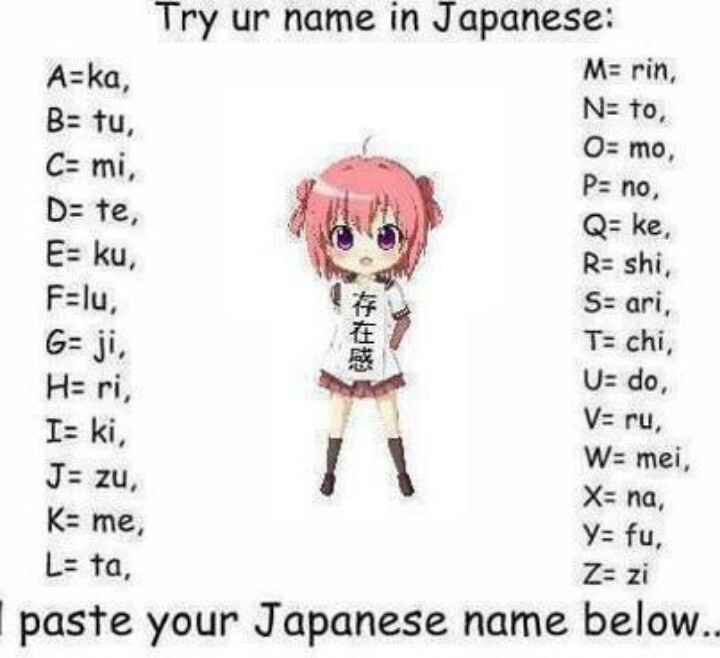
Usually a cute name consists of ideograms, reminiscent of cute and beautiful things, such as flowers, fruits, animals, repetition of syllables, onomatopoeia, and others. You can use these requirements to choose a handsome Japanese name.
Usually women’s names are cute in themselves, as the vast majority of them have ideograms of love, child, flower, beauty, and others. Of course, these are common names that do not stand out so much for their attractiveness.
Cute Japanese Girl Names — The list below has some cute girl names. Choose a name from the list of delicious Japanese names for girls below:
- Akari : Akari is a name of Japanese origin meaning «light» or «brightness».
- Akira : Akira is one of the most famous names in manga and video games. The Japanese name means «clear» or «clear».
- Amaya : Amaya, meaning «mother city» or «night rain», is a beautiful Japanese name for women.
- Aoi : Aoi is one of the coolest Japanese names for girls. The name means «mallow or marshmallow».
- Ayaka : The Japanese name has a different meaning depending on the kanji used. This elegant name means «colorful flowers».
- Chia : Chia is a Japanese name meaning «thousand love».
- Cho : This short and innocent name of Japanese origin means «butterfly» or sometimes «dawn». This beautiful name is usually given to girls born at dawn. Variants of the name Choco and Choyo.
- Emika : The Japanese name Emika means «beautiful blessed child».
- Erika : Erika is a Japanese name meaning «blessed pear fragrance» or «fragrant pear».
- Hana : Hana is the Japanese nickname for the biblical name Hanna. This beautiful name meaning «flower» has a variant in Hanae.
- Himari : The Japanese name Himari means «sun».
- Hina : Hina is a beautiful Japanese name meaning «light, sun, vegetables».
- Ichika : Ichika is a popular Japanese name meaning «thousand flowers».
- Kanako : Kanako is a popular Japanese name meaning «son of great blessings». This fancy name can also mean «son of music» with a different kanji.
- Kanna : Kanna means «summer waves» in Japanese.
- Kei : Japanese short sweet name meaning «blessing; square ornaments.
- Kiaria : Kiaria or its popular variations Kiara or Keira are popular Japanese names meaning «luck». His short cute Kia shape is also very popular.
- Koharu : Koharu is a Japanese name meaning «small; heart ; Spring summer.»
Cherry blossom Kokoro is famous in Japan, as is the name Kokoro, which means «heart; spirit; soul». - over : Mai is one of the most common names in Japanese.
This charming name is very popular and means «dance or true love».
- Mio : This short sweet name means «beautiful cherry blossom» in Japanese.
- Misato : Misato is a popular Japanese name meaning «beautiful», «beautiful knowledge», or «beautiful village».
- Miyu : Miyu can mean «beautiful moon» or «beautiful connection» and «beautiful kindness».
- Moe : This innocent Japanese name, Moe, refers to feelings of affection.
- Nozomi : Nozomi is a Japanese name meaning «wish», «hope», or «heart of hope».
- Niko : This beautiful Japanese name means «daylight».
- Rina : Rina is a short sweet Japanese name meaning «white jasmine». Its diminutive form Rin means «worthy».
- Saika : Saika is one of the common Japanese names meaning «lively» or «colorful flower».
- Suki : Suki, one of the famous Japanese names outside of Japan, means «to love».
This beautiful name is also used to say «love».
- Tsumugi : Tsumugi is a beautiful Japanese name meaning «turn».
- Tomiju : Tomiju, meaning «wealth and longevity», is a unique name.
- Yas : This beautiful name Yasu means «peace» or «calm». Other variations of the name include Yasue, Yasuha, Yasuko, and Yasuno.
- Yua : Yua is a Japanese love name meaning «to turn on; love or affection.»
- Yui : Yui is a short cute Japanese name meaning «love; sweet».
Unique Japanese names for girls.
A unique and meaningful Japanese name, the perfect gift for your beloved daughter’s life. choose one of the unique names babies that we have selected below for but à the name of your daughter that she will love and cherish for the rest of her life :
- Ai meaning «love».
Other variations of the name are Aina, Airi, Aiko, and Aiho.
- Akasuki : Akasuki is a unique Japanese female name meaning «bright helper».
- who : The unique Japanese female name Aki has many variations: Akie, Akiha, and Akika. The name means «of course; crystal» or «autumn» and especially the name of women born in autumn.
- Akina : Akina, a female name in Japanese, means «spring flower or spring leaves».
- Aya : This beautiful Japanese female name means «beautiful» or «beautiful» or «brightly colored flower, or fragrant flower, or bright summer.» The name has other variations such as Ayae, Ayaka, and Ayako.
- Ayame : Ayame is a stylish Japanese girl name meaning «flower». The name is the Japanese version of Iris. Another variant of the name is Ayameko.
- Azumi : This pretty Japanese girl name means «safe place to live».
This is the perfect name for a beautiful and sweet girl.
- Bachiko : Batiko is one of the few Japanese female names meaning «happy child».
- Chiho : Chiho means «beauty of rice field» or «beauty of rice field». Another variant of the name is Chihoko.
- Chika : This Japanese female name means «wisdom; reason» is the name of perfect virtue. Other variations for the name: Chikaho, Chikayo, and Chikako.
- China :i Chunami is a unique Japanese girl name meaning «thousand wisdom»; intelligence».
- Egao : Egao is a unique female given name of Japanese origin meaning «smiling face». like Etsuko, Etsuno, Etsumi and Etsuyo
- Fuji : This female name of Japanese origin means «living by the river where wisteria grows or a symbol of filial piety.» Fuji and Fujiko are other variations of this name.
- Fumi : This female name meaning «history» is a unique Japanese name.
There are several variants of this name: Fimie, Fumiho, Fumina and Fumiyo.
- Haru : Haru is a unique female name in Japan meaning «spring»; sun» or «clear day». Girls born in the spring are usually called Haru. Variants of this name are Haruna, Haruno, and Haruyo.
- Hatsuka : Hatsuka is a pretty name usually used for girls born on the first day of the month. The name means «beginning; summer».
- Hikari : Hikari is a beautiful Japanese female name meaning «light or sun». heart Other variations of the name: Hiroe, Hiroha, Hiromi, and Hirona
- Ima : Ima is a cute but unique Japanese given name meaning «gift»; currently «. Other variations are Imae, Imako and Imayo.
- Ine : Ine is a beautiful female name meaning «rice plant» or «young rice stalks». The name evokes or signifies a caring nature in a woman.
- Isamu : Female-only Japanese name Isamu meaning «masculine» or «energetic»; strong; vigorous».
- Jin : Jin, a short and cute Japanese name, means «calm; kindness.» This is the perfect name for women, which signifies their gentle and gentle nature.
- June : Jun is a good name for women in Japanese. The name means «pure» or «simple». Other variations of the name are Junka, Junko, Junna, and Junri.
- Kaede / Kaeda: Kaede or Kaeda is a Japanese female name meaning «maple leaf».
- Kagami : Kagami, meaning «mirror», is the perfect Japanese name for a mindful woman.
- Kama : Kama is a Japanese name meaning «metal pot» or «scythe». This is a professional naming tradition that originates among peasants to indicate the future occupations of their children.
- Kazu : Kazu is a feminine Japanese name for virtue, meaning «harmony, peace.» The name can also mean «first». Other variations of the name are Kazuna, Kazuno, and Kazuyo.
- Kika : Kiku is a name associated with November. The name means «chrysanthemum». The chrysanthemum flower symbolizes nobility and the sun.
- Konomi : Konomi meaning «child» has other meanings such as «beloved», «luck», «reward» or «success».
- Kume : Koume is a beautiful Japanese name meaning «plum». The plum blossom symbolizes resilience in the face of the resistance of cold winters, as it blooms in adverse climatic conditions.
- Before : Kuni, meaning «village-born», is an ideal Japanese name for women born in the countryside.
- Machi : Machi is a blessing-like name because it implies a long or happy life. The Japanese name means «true happiness».
- Ume : Ume, meaning plum or plum blossom, is a beautiful Japanese name. This name symbolizes the fidelity of the bride and devotion to her family. The name is also a symbol of resilience in the face of the obstacles faced by flowering plum trees during cold winters.
- sakura : Sakura is one of the most famous Japanese names.
beautiful Japanese names for girls
Um cute Japanese name for your beautiful princess This is the perfect gift of a lifetime for your beautiful daughter. Choose one of the suggested names to give your daughter a charming and friendly name that will make her cute to others throughout her life:
- Ayako : Ayako is one of the cute Japanese names for girls, meaning «letter, baby» or «kimono design».
- Ayumi : Ayumi is a beautiful Japanese female name meaning «sweet fish».
- maximum : Azami is one of the beautiful Japanese names for girls, meaning «thistle flower». The thistle flower is a symbol of defiance in Eastern mythology. This name is perfect for a beautiful and brave girl.
- Chitose : Chitose, which means «arriving with the strength of thousands», is a name that means blessing parents so that their daughter will live a long life, and their descendants will also have an uninterrupted bloodline for a thousand years.
Its popular variant Chiyo is one of the traditional female names in Japan, meaning «a thousand generations».
- Chizu : Chizu, meaning «thousand storks or cranes», is a unique Japanese name. This name is considered a blessing for long life because cranes have a long life and hence thousands of cranes have a very long life. His variants are Chizuka, Chizuko, and Chizumi.
- Fumika : Fumika is a Japanese girl name meaning «history; record» or «beautiful».
- Fuyu : This Japanese name means «wind; help of God» or «winter». Other options are Fuyuka, Fuyuki and Fuyumi.
- Gen : This is one of the short Japanese names for girls, meaning «fountain; source; source «.
- Hana : Hana means «flower; flower or flower». Its variants are Hanae, Hanaka, Hanako and Hanayo.
- Hatsumi : This beautiful Japanese name means «beginning of beauty» or «beauty’s firstborn» Hatsumi refers to a beautiful girl who is the firstborn
- Haya : Haya is a Japanese girl name meaning «fast; flexible».
His variant is Hayaka.
- Hideka : Hideka, meaning excellent; Superior» is the Japanese name for virtue. Variants of this name: Hide, Hideko, Hidemi and Hideyo.
- Hisa : This name means «persistent; stable; supported for a long time. This name has many variations such as Hisae, Hisako, Hisami, Hisano, and Hisayo.
- Iku : Iku is a unique Japanese name meaning «nourishing; support». Its variants are Ikue, Ikuha, Ikuho, Ikuka, Ikuko, Ikumi, Ikuna, Ikuno, Ikuo and Ikuyo.
- Ishi : This elegant Japanese girl name means «stone». The name virtue denotes a woman with a firm and reliable character, able to resist everything. Variants of this name are Ishie, Ishiko and Ishino, Ishiyo.
- Iwa : Iwa is the perfect name for a girl with a strong personality. The name, meaning «stone», means strength of character.
- Kai : This is one of the Japanese female given names that begins with the letter «k», which means «shell», «ocean», or «recovery».
Variants of this name are Kaiko and Kaiyo.
- Kame : Elegant Japanese name Kame means «tortoise or tortoise». This name symbolizes long life. Options — Kameko and Kameyo.
- Kane : This Japanese name means «metal; gold; Money. A variant of this name is Kaneko.
- Kata : Kata is a Japanese name for girls meaning «shape». Kishi : This beautiful name means «night» or «beach»; sea» in Japanese.
- Kiyo : Kiyo is a Japanese female name meaning «purity» or «happy generation». This name evokes a woman with a happy and clean life, without scandals.
- Kuma : Kuma is a female Japanese name meaning «bear». The bear is a symbol of strength and symbolizes maternal love and devotion to children.
- Mani : Manam is an elegant name meaning «love; attachment; beauty «.
- mass : Masa is a gentle Japanese name meaning «sand».
The name has other variations such as Masako and Masayo.
- Michiko : Michiko is a cute name meaning «beautiful; wise child.»
- Mizuki : Mizuki, meaning «beautiful moon» or «water moon», is the name of a beautiful Japanese girl.
- Ruri : Ruri, meaning «lapis lazuli» or «emerald», is a Japanese female name that symbolizes security. His variant is Ruriko.
- Sarah : Sarah is one of the beautiful Japanese names starting with p. The name means «happy; clean; soul».
Japanese names for women and men and their meaning
Japanese names, their meaning and their origin are of interest to many lovers of the culture of the Land of the Rising Sun. Mysterious and mysterious Japan has always attracted foreigners with its charm and unforgettable traditions. Thanks to The unique genres of graphic novel and animation that have come out of Japan have opened up the mysterious world of this faraway country to a wide audience, primarily associated with samurai, delicate falling cherry blossoms and a centuries-old culture with a special Asian flavor that penetrates into many areas of society.
Surnames in Japan
A significant part of the population of Japan received generic names only in the second half of the nineteenth century. Then there was the reign of Emperor Mutsuhito. People were given the right to choose their own surname.
The peasants, who did not have a wide imagination, often used the names of the locality in which they were born.
To get a surname, they also resorted to fortune-telling or asked for advice in temples. Cases were noted when residents of an entire village became namesakes. After analyzing the existing surnames, we came to the conclusion that only a quarter of generic names do not apply to the names of geographical objects.
For example, the most common surnames are:
- Sato — 佐藤 — wisteria gardens in Sano Prefecture.
- Suzuki — 鈴木 — forest of bluebells.
- Takahashi — 高橋 — near the high bridge.
- Tanako — 田中 — the center of the rice field.
- Watanabe — 渡辺 — near the crossing.
- Ito — 伊藤 — wisteria gardens.
- Yamamoto — 山本 — at the foot of the mountain.
- Nakamura — 中村 — the center of the village.
- Ohayashi, or Kobayashi — 小林 — a small forest.
- Kato — 加藤 — growing wisteria.
Separately, it is worth highlighting the names of Japanese monarchs. They are missing. The emperor and a few members of his family do not have them. Exceptions to this rule are made in extremely rare cases. Most often, due to the marriage of princes with commoners, there is a loss of the possibility of inheriting the imperial title and status as a member of the imperial family. Widows of princes and princesses have the right to receive a surname, also losing the aforementioned status. If a person enters the family of the emperor, then he loses his former surname. This was also the case with the wife of the reigning emperor Akihimoto, Michiko. This marriage was significant in that the heir to the throne married a commoner, and not a girl from an aristocratic family, and did not lose his title.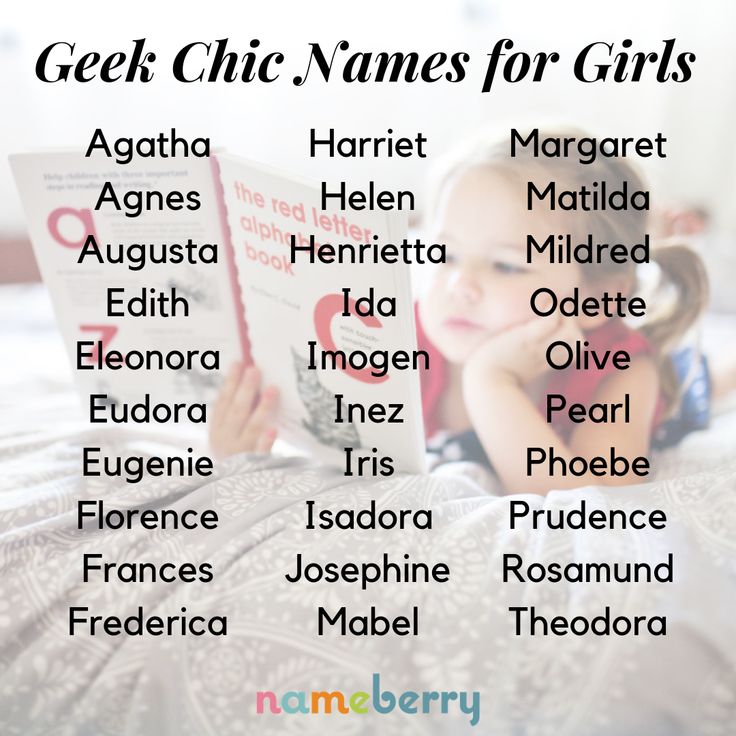
The influence of the samurai clan on the origin of Japanese male names
The formation of the Japanese samurai clan dates back to the 7th century. It was formed by the samurai Minamoto Yoritomo, the first of the military usurpers. Then the situation in the country was perfectly suited for the prosperity of the samurai. They were given the right to choose names for themselves and assign serial numbers to their servants. If we consider the construction of male Japanese names Ichiro (eldest son), Shiro (third), Goro (fifth), we can determine their origin thanks to the particles “iti”, “si” and “go”, which were taken from the numbers first, third, fifth. A similar principle has been preserved to this day, only now it does not mean that the bearer of such a name belongs to the class of the poor. If a samurai fell ill with a serious illness, then he received an excellent reason to take a new name for himself.
Women’s names
Japan has long been a patriarchal country.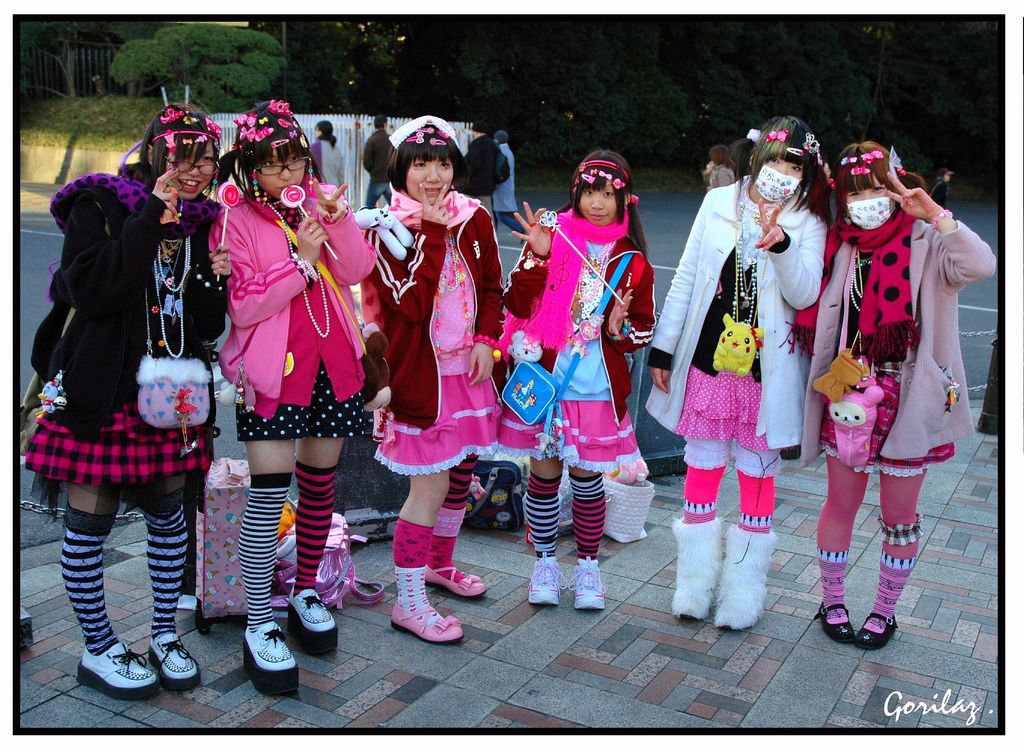
Japanese female names often have hieroglyphs with similar translations. We can see among them those that denote love, tenderness, truth, beauty, tolerance, obedience, and others. Wishes were to go to the betrothed girl. These concepts are light and feminine.
The suffix «ko», also often found among Japanese women, is translated as child or child. The name of the previously mentioned Empress Michiko can be translated as «beautiful child», which is worthy of the wife of the ruler of this country. But modern girls in informal communication can completely omit this suffix. They introduce themselves instead of Yuko, «tender child», as Yu — «tenderness», and Fujiko — «wisteria child», as Fuji, which means «wisteria» in translation.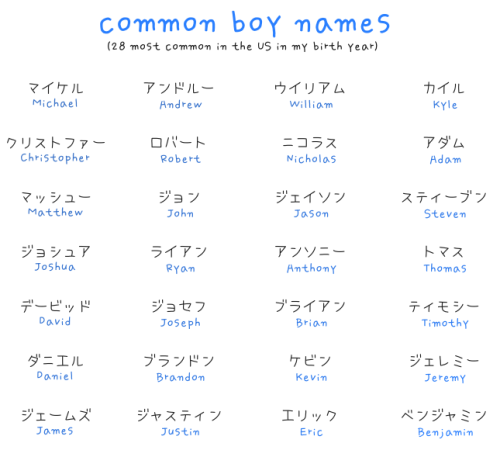
Beautiful and catchy Japanese names are often translated as plant names. It is difficult to find a person who would not name Sakura. Given one of the spellings, we can say that these girls are named after the beautiful Japanese cherry. Its flowering in the spring, hanami, becomes one of the most important events of the year and is accompanied by picnics. So often called the characters of computer games, anime and manga.
Recommended reading! Click on the link:
Beautiful male Islamic names
In addition to cherry, a girl can get her name from willow, peach, chrysanthemum and other plants that enchant with their grace or beauty.
Yuri will be indebted to a beautiful lily, Momoko to light pink peach blossoms, and Ren to a water lily in the pond.
Despite the variety of female names in Japan and the desire of parents to highlight their child in some way, 10 of the most popular ones can be noted among them:
- Himari — 陽葵 — sunrise.
- Hina — 陽菜 — reward.
- Yua — 結愛 — love.
- Sakura — 咲良 — abundant flowering.
- Sakura — 桜 — cherry tree.
- Yuna — 結菜 — graceful.
- Rin — 凛 — cold.
- Aoi — 葵 — mallow, geranium.
- Yui — 結衣 — tying a kimono.
- Rin — 凜 — severe.
Hieroglyphs with the meanings of animals or numbers are now rarely used. They are considered obsolete. But there are exceptions to every rule. For example, Chinatsu, in one of his writings, literally translates as «a thousand years.» It cannot be called unpopular or forgotten. Perfect examples would be Chinatsu Nakayama, a Japanese writer and former actress, or Chinata Akasaki, known as an anime and video game voice actress.
Suffixes are used as an indicator for a female personal name. In addition to the previously described «ko», it can be «mi», translated as «beauty», «e» — a bay, or hieroglyphs meaning a flower, fabric or era.
List of Japanese female names translated
azumi — safe place of residence AZEMI — Flower of Chertopoloi AI — Love — silk color Aksemi — Bright beauty AKI — ACEN, Bright Akiko — autumn child or smart child Akira — bright, clear, dawn Akane — old Japanese female name — brilliant, red Amaterezu — bright in the sky Amei — evening rain Aoi Arizu — noble appearance Asuka — fragrance Asemi — feminine morning beauty Atsuko — industrious, warm child Aya — colorful or woven silk Ayaka — colorful flower, fragrant summer Ayako — Academic child AMA — Rainbow shell Bankko — Literary child Dzhanko — Pure child jun — obedient DIOLD — silver — Fontane Izenami — Woman, who invites and woman, who invites and woman, who invites and woman, who invites and a woman who invites and woman.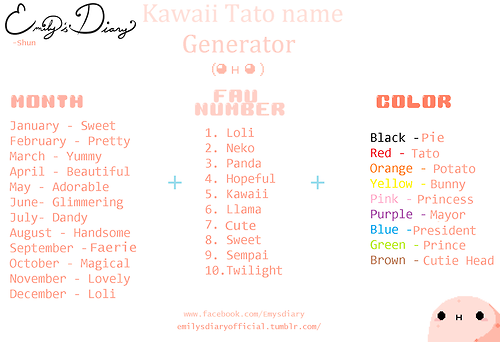
— honest child Male names
Boys in Japan from any class were waiting for the role of the protector and breadwinner of the family.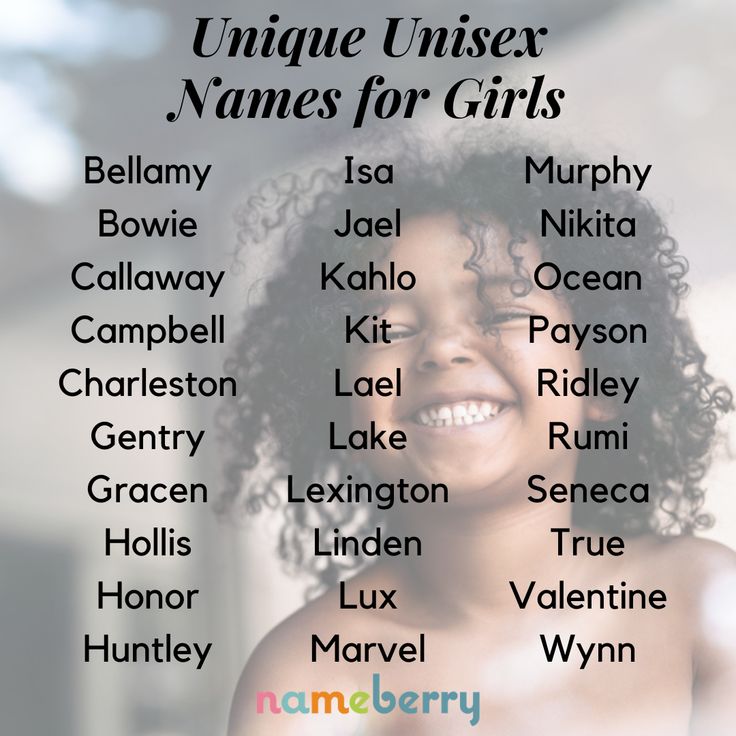
Popular short male Japanese names. They are wishes for a future man. They want to see him as a protector, lucky, great, healthy and perfect. In the neighborhood, hieroglyphs translated as “son”, “warrior” or “hero” can be written.
Historically, sons were named after their birth order.
Names given originally to the first-born are especially common today. They could form in two ways. They could be written in hieroglyphs, translated as a numeral and the word «son» or the word «first-born». Another way was to add the suffix «chi» to the name of the father or a qualitative adjective. It means «first son». For example, a guy might go by the name Daichi. In translation, it means «great first son.»
Every year in Japan, a list of the most popular names for guys is compiled. Unlike women’s, men’s ratings have not changed much in recent years, only their positions in it have changed.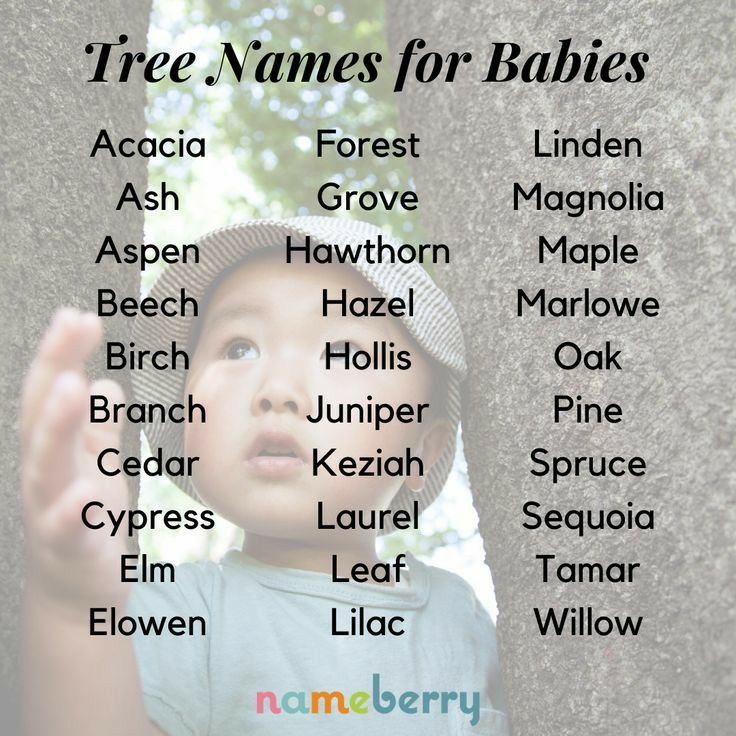
- Ren — 蓮 — lotus.
- Hiroto — 大翔 — wide prosperity.
- Haruto — 陽翔 — sunshine.
- Minato — 湊 — collector.
- Yuma — 悠真 — faithful deer.
- Itsuki — 樹 — tree.
- Yuuto — 悠人 — truthful person.
- Sota — 奏太 — very executive.
- Hinata — 陽太 — shining.
- Haru — 悠 — eternal.
Male names also have components that indicate the gender of their bearer. The suffix «o» denotes «masculinity» or «man». «Ro», depending on the character, «clarity» or «son». There are also “ki” — a tree, “hiko” — a prince or “suke” — an assistant.
Nicki in Japanese characters
ファントム 931
Due to the peculiarities of phonetics, slight changes in pronunciation may occur.
«Exotic» names are transformed for certain reasons. There is no «l» sound in Japanese. In foreign words, it is replaced by «r», like in Arisu or Emiri. In the case of borrowing, the ending of the name will not tell who it is intended for. Not all Asian languages borrow with the preservation of pronunciation. Chinese is characterized by the translation of the meaning of the name and its subsequent recording in hieroglyphs, and not the selection of characters according to pronunciation. Each of the options has its own advantages and disadvantages. What other names are directly associated with death? Accordingly, if they are present in the name, then this is a male or female name with the meaning «Death». However, the concept of «shinigami» is much broader than the designation of the name of one deity. The following names are directly related to death in their meaning: Accordingly, each name, in which part of these adverbs is used, carries the meaning of death. Generic namesRecommended reading! Click on the link: Unusual and very beautiful names for girls In Japan, as in Russia, it is easy to meet a person with a name that suits both a girl and a guy. These names include wishes that are appropriate for any person. They can be translated as «sincerity», «obedience» or «generosity». Among them, there may be names of precious stones or precious metals.
Many languages have unisex names. The Land of the Rising Sun is no exception. Unisex names are becoming more popular every year. Many girls choose not to give their full names ending in “ko” due to the “old-fashioned” name, and future parents see a similar trend. Therefore, they try to choose fashionable or neutral options in this matter. Japanese names for nicknames with a value ofDesignations: m — Male W — Women’s Nicky with the letter a
Nicky for the letter b
Nicky with the letter CE Nicky
Nicky with the letter F
Nicky with the letter G
Nicki starting with the letter H
94 — M400 Hotaka in Japan Nicky with the letter I9400 Izumi — fedanel 9403 — fedanist F — Stone Nicky with the letter J
Nicki with the letter K
— 94 F — Small flower 94 — Zhumiko — Forever beautiful Nicki with the letter S
Shichiro — M — Seventh son — F — Sky Nicky for the letter T
Takashi — M — Famous Nickname U
Nickname with the letter Y
— Zhori -94 Yuudai 944 — M — Great Hero
Obsolete names Despite the desire of the Japanese to preserve their traditions from intervention and respect for the experience of their ancestors, over time, some of what was created earlier goes down in history.
There are ratings among them, which are calculated by the number of named babies for this period or by the total number of its carriers. In addition to spelling, in the tops you can track popular pronunciations that do not depend on the record and the selected alphabet. The latter are less popular. Electiveness in pronunciation can remain on the conscience of the parents. This provides more freedom for creativity than the two and a half thousand characters allowed for use by the government. When choosing a name for a future baby, the Japanese carefully studies the tops and focuses on them before making a final decision. Shortening one’s name when meeting someone does not change a person’s passport details. He will even wear the full form of the name against his will. At this stage, it is simply unfashionable. Another thing is when one or a whole group of names go out of circulation. Rare Japanese names are translated as animals. There are few such names left today. They may be considered old-fashioned, but some of them still have speakers:
The famous warrior in a sailor suit from the manga of the same name is familiar to many. When translating, an interesting game is visible: Usagi Tsukino’s signature hairstyle resembles the big ears of a rabbit that gave her name. This example is only an exception to the general rule. Unlike male names, female names rarely use numerals. The exceptions are «first», «seven» and «thousand». Before the Meiji Restoration 明治維新 (Meiji Isin), common people did not have surnames, but used the name of their place of birth when necessary. For example, a person named Ichiro 一郎 could introduce himself as: «Ichiro from Asahi Village, Musashi Province.» Merchants used the names of their stores or brands. For example, a merchant named Denbei 伝兵衛, the owner of Sagamiya 相模屋, could introduce himself as «Sagamiya Denbei». Peasants could call themselves after their father (for example: Yusuke 祐介, whose father’s name was Haruto 陽翔, could say: «Yusuke, son of Haruto»). After the Meiji Restoration, the government ordered all commoners to adopt a family name as part of the modernization and westernization plan. Japanese surnames are extremely diverse: it is estimated that there are more than 100,000 different surnames. Typical, most common Japanese surnames include: Satō (佐藤), Suzuki (铃木) and Takahashi (高桥). However, Japanese surnames are distributed differently in different regions of Japan. For example, the surnames Chinen (知念), Higa (比嘉), and Shimabukuro (岛袋) are common in Okinawa but not in other parts of Japan. This is due mainly to differences between the language and culture of the Yamato people and Okinawa. Many Japanese surnames are derived from the characteristic features of the rural landscape, for example: Ishikawa (石川) means «stone river», Yamamoto (山本) means «mountain base», Inoue (井上) means «above the well».
In general, they are generally not caused by some surnames and their drama is not caused in pronunciation as well as in writing. Although many typical Japanese names can be easily spelled and read, many parents choose names with unusual characters or pronunciations. Such names do not have an unambiguous reading or spelling. Especially since 1990 the tendency to give such names has appeared. For example, the popular name 大翔 for boys is traditionally read as Hiroto, but alternative readings of this name have also appeared: Haruto, Yamato, Daito, Taiga, Sora, Taito, Masato, and all of them have come into use. Each hieroglyph has up to three main types of readings, each of which can have several more options. Plus, there are other more rare types of reading hieroglyphs in names. For example, the character love (愛) has the following types of reading (according to the dictionary). Chinese reading (on’yomi) — ai Japanese reading (kun’yomi) — ito (shii) A special type of reading used in names (nanori): a, asi, e, kana mana, megu, megumi, yoshi Hieroglyph child (子): on’yomi — si, su, tsu kun’yomi — ko, ne nanori: — i, ki, gi, ku, ke The dictionary gives the following readings for a name written in characters love+child (愛子): Aiko, Aisu, Akiko, Ako, Ayashi, Itoko, Kanako, Chikako, Tsuneko, Naruko, Mako, Manako, Manami, Megumiko, Yoshiko, etc. How then to read the hieroglyphs in names in Japanese? Nothing complicated. When meeting Japanese, they usually exchange business cards (meisi), pronouncing their first and last name — at this moment you need to carefully listen to the only correct pronunciation of the name of the person you are communicating with, and if you don’t hear it, be sure to check it out. In addition, characters in business cards are often signed using one of the Japanese alphabets or Latin characters. In a similar way, names are signed both in literature and in subtitles for films. Male names often end in -ro: (郎 «son», but also 朗 «clear, light», e.g. Ichiro), -ta (太 «big, fat,» e.g. Kenta), contain ichi (一 «first [son]»), ji (二 — «second [son]», or 次 — «next», for example, Jiro), or dai (大 — «great, big», for example, Daiichi). In addition, in male names with two characters, hieroglyphs-indicators of the male name are often used: 夫 (o) — «husband», 男 (o) — «man», 雄 (o) — «hero», 朗 (ro:) — «cheerful», 樹 (ki) — «tree», 助 (suke) — «helper» and many others. Japanese female namesMost Japanese female names have an abstract meaning. Usually such characters are used in such names as 美 (mi), which means «beauty», 愛 (ai) — «love», 安 (an) — «calm», 知 (ti) — «mind,» 優 (yu: ) — «tenderness», 真 (ma) — «truth» and others. As a rule, names with similar hieroglyphs are given to girls as a wish to possess these qualities in the future. Another type of female names uses hieroglyphs of animals or plants. Animal names with the characters 虎 (tora) for «tiger» or 鹿 (shika) for «deer» were thought to be health-promoting, but these names are now considered old-fashioned and almost never used, with the exception of the character 鶴 (tsuru) for «crane». Names containing hieroglyphs associated with the plant world are still often used, for example, 花 (hana) — «flower», 稲 (ine) — «rice», 菊 (kiku) — «chrysanthemum», 竹 (take) — » bamboo», 桃 (momo) — «peach», 柳 (yanagi) — «willow», and others. There are also names with numerals, but they are very few and rare. Quite often there are also names with the meanings of the seasons, natural phenomena, time of day and many others. For example: 雪 (yuki) — «snow», 夏 (natsu) — «summer», 朝 (asa) — «morning», 雲 (kumo) — «cloud». It happens that syllabic alphabets are used instead of hieroglyphs. At the same time, the record of such a name is constant, unlike words that can be written in different ways (alphabet, hieroglyphs or mixed). For example, if a female name is written in hiragana, then it will always be written that way, although it can be written in a hieroglyph in its meaning. By the way, it is very fashionable and exotic to use foreign names instead of classical female names: あんな — Anna, まりあ — Maria, えみり — Emiri, れな — Rena, りな — Rina and others. A typical Japanese female name ends in the character — 子 (ko) — «child» (Maiko, Haruko, Hanako, Takako, Yoshiko, Asako, Naoko, Yumiko). And currently, about a quarter of Japanese female names end in -ko. Until 1868, this name was used only by members of the imperial family, but after the revolution, this name became quite popular, especially in the middle of the 20th century. However, after 2006, this indicator of a female name ceased to be fashionable due to the emergence of a new fashion for names, and many girls searched for it from the name, and began to call them simply Yumi, Hana, Haru, etc. The second most frequently used character is 美 (mi), “beauty”. Unlike many other name gender indicators, it can occur anywhere in the name (Fumiko, Mie, Kazumi, Miyuki). Also, about 5% of Japanese female names contain the component 江 (e) — «bay» (Mizue, 廣江 Hiroe). Many other characters are also used to indicate that this is a female name, each of which occurs in less than 4% of female names: 代 (yo) — «era», 香 (ka) — «smell», 花 (ka) — » flower», 里 (ri) — «a measure of the length of ri» (often used phonetically), 奈 (na) — used phonetically, 織 (ori) — «fabric» and others. However, there are female names consisting of several hieroglyphs that do not have indications that this is a female name. Examples: 皐月 Satsuki, 小巻 Komaki. Popular Japanese names and their meaningsSince 2005, the Japanese company Benesse Corporation has published a ranking of popular Japanese names among newborns every year. In 2011, from January 1 to May 31, 34,500 people were born, of which 17,959 were boys and 16,541 were girls. The following are popular Japanese names and their meanings, as well as transcription and the number of children born with this name. |
優奈 | Yu: on | excellent, graceful, friendly +phonetic at | 66 | 0.40 |
Japanese diminutive names/nicknames/nicknames 9125
of each name can be elevated from each reducing one. nominal suffix -chan or -kun to the stem. There are two types of name stems. One consists of a full name, for example Taro: -chan (Taro:), Kimiko-chan (Kimiko) and Yasunari-chan (Yasunari).
Another type of stem is an abbreviation of the full name. Ta:-chan (Taro:), Kii-chan (Kimiko), Ya:-chan (Yasunari), Ko:-kun, Ma:-kun, Sho:-chan, etc. The second type of abbreviation has a closer relationship (for example, between friends).
There are other ways to form short names, for example, a girl with the name Megumi can be called Kei-chan, since the character that begins the name Megumi (恵) can also be read as Kei.
The common Japanese abbreviation practice of combining the first two syllables of two words is sometimes applied to names (usually celebrities).
For example, Kimura Takuya (木村 拓哉), a famous Japanese actor and singer, becomes Kimutaku (キムタク). This is sometimes applied to foreign celebrities as well: Brad Pitt, whose full name in Japanese is Buraddo Pitto (ブラッド · ピット) is rather known as Burapi (ブラピ), while Jimi Hendrix is shortened to Jimihen (ジミヘン). Another slightly less common method is to double one or two syllables in a person’s name.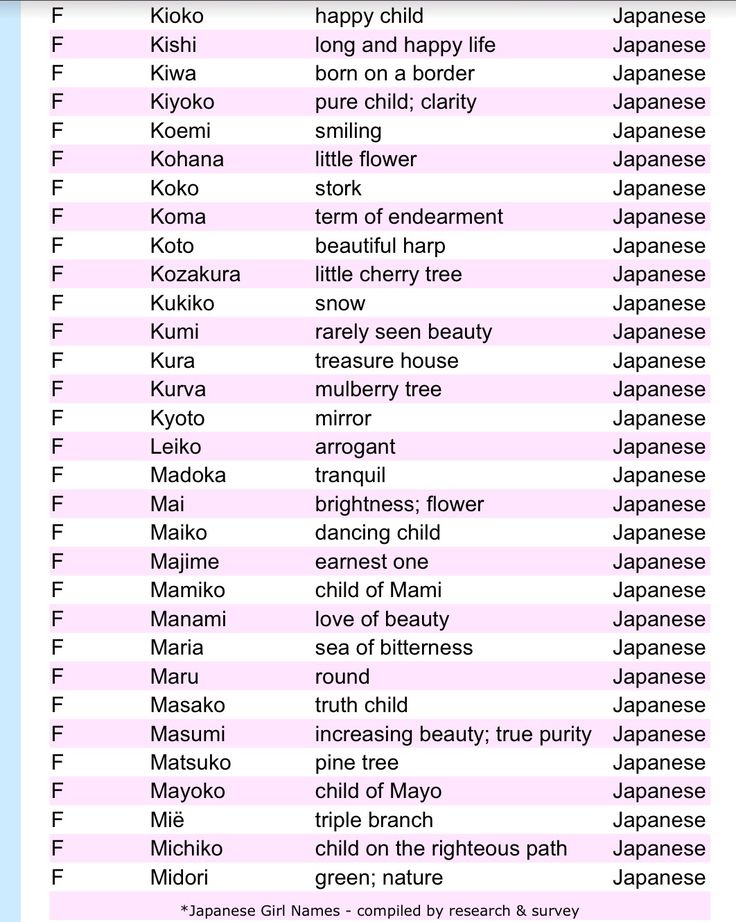
Japanese names in Chinese
Japanese names are usually written in Chinese characters. And the hieroglyphs, like many other things, the Japanese borrowed from the Chinese. Those. Japanese and Chinese will read the same hieroglyph differently. For example, 山田太郎 (Yamada Taro:) the Chinese will read something like «Shantien Tailang», and 鳩山由紀夫 (Hatoyama Yukio) — «Jiushan Youjifu». This is why the Japanese do not understand their names when they read them in Chinese.
Reading Japanese names and surnames
Reading names in Japanese is very difficult. The hieroglyphs of one name can be read in different ways and at the same time the pronunciation of one name can also be written in different ways.
Japanese noun suffixes
In Japan, when addressing a person, it is customary to use surnames or first names (usually Japanese refer to each other by surname) using nominal suffixes. You should not address a person without adding a nominal suffix, it will sound too familiar (like Petrov, Ivanova).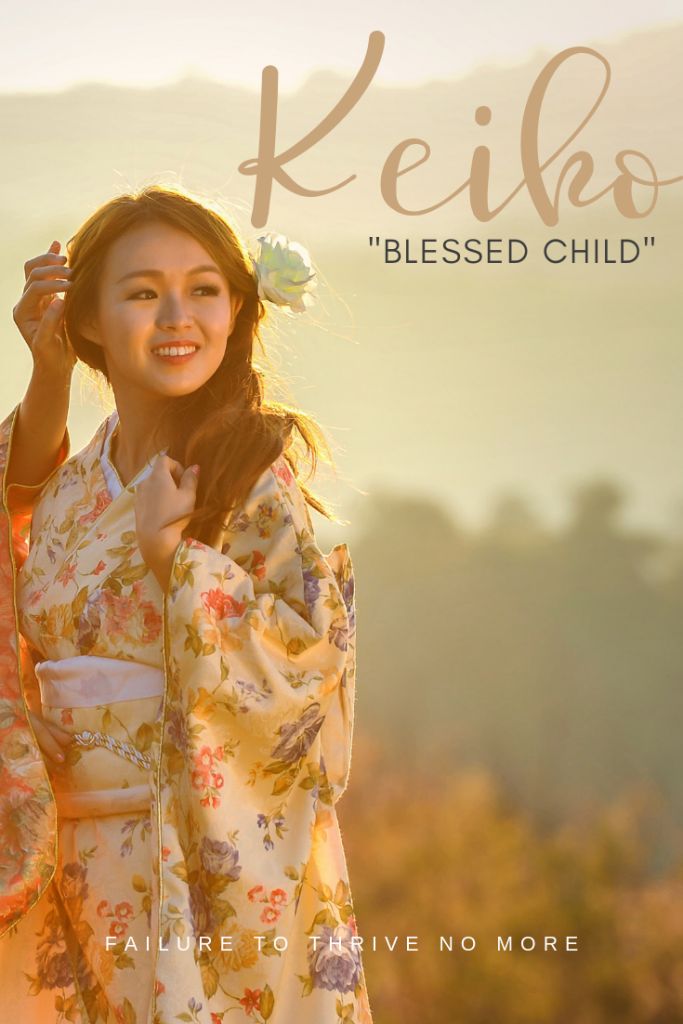
“-san” is a neutral-polite suffix, very close to addressing by name and patronymic. You can use it in almost any situation, especially in female speech, where a woman can even call her husband with this nominal suffix. When referring to a stranger or colleague, you can safely use this Japanese suffix.
«-kun» — this suffix is close to «to you». Those. used when communicating with people of equal social status (buddies, colleagues, friends, classmates), seniors can also address juniors, a boss to subordinates, teachers to students in an informal setting. Usually the suffix -kun is used when referring to men, but the boss may well call a woman with the suffix -kun.
“-chan” is a Japanese diminutive nominal suffix used in close relationships (something like in Russian Nastenka, Katyusha, Vovochka).
«-sama» — a suffix expressing great respect, reverence. For example, when referring to deities, or a fan to his idol, a servant to his master, or in official letters to his clients. Sometimes also to express one’s arrogant attitude towards others when applying this suffix to oneself. Also used for sarcasm.
You can also often find the following suffixes: — sensei — when referring to teachers, doctors, scientists, politicians — sempai — when referring to an older, more experienced (for example, at school to high school students) — kohai — on the contrary, when referring to those who is less experienced, for example, to his followers, but is usually used not as a suffix, but as a separate word.

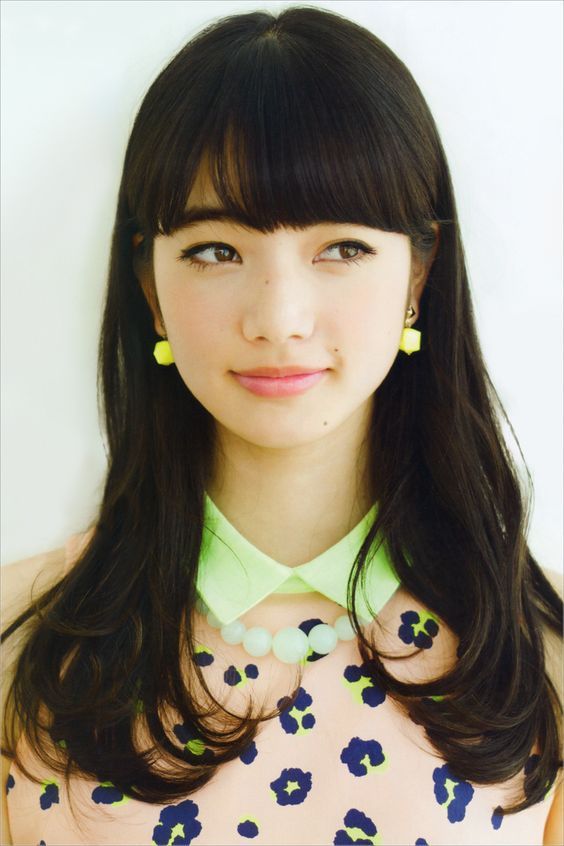 ’ It’s an ideal choice for those immersing their children in different cultures – for example, Nico is a popular name in Greece, Spain, and Italy.
’ It’s an ideal choice for those immersing their children in different cultures – for example, Nico is a popular name in Greece, Spain, and Italy.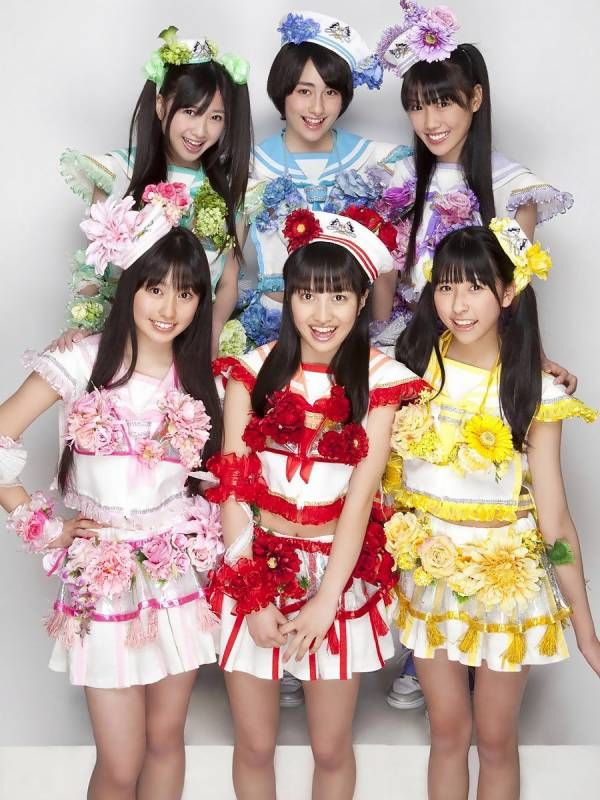 It means ‘reliable and trustworthy.’
It means ‘reliable and trustworthy.’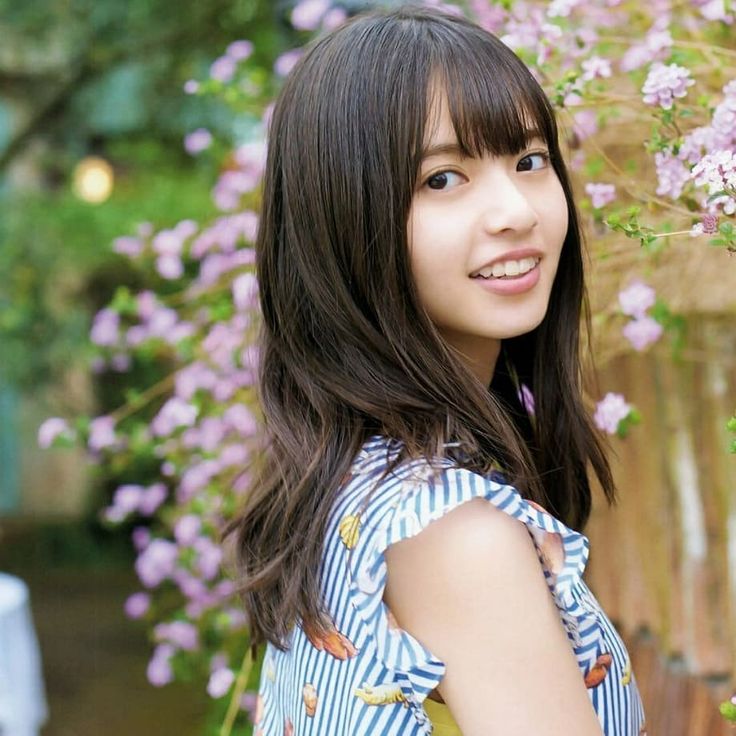 Contrary to images of hearts and flowers, Kana means ‘the one who has the power.’ There’s a miniature CEO right there!
Contrary to images of hearts and flowers, Kana means ‘the one who has the power.’ There’s a miniature CEO right there!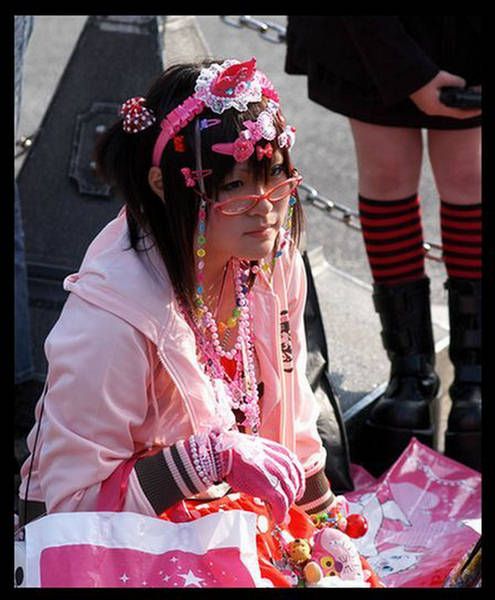

 This charming name is very popular and means «dance or true love».
This charming name is very popular and means «dance or true love». 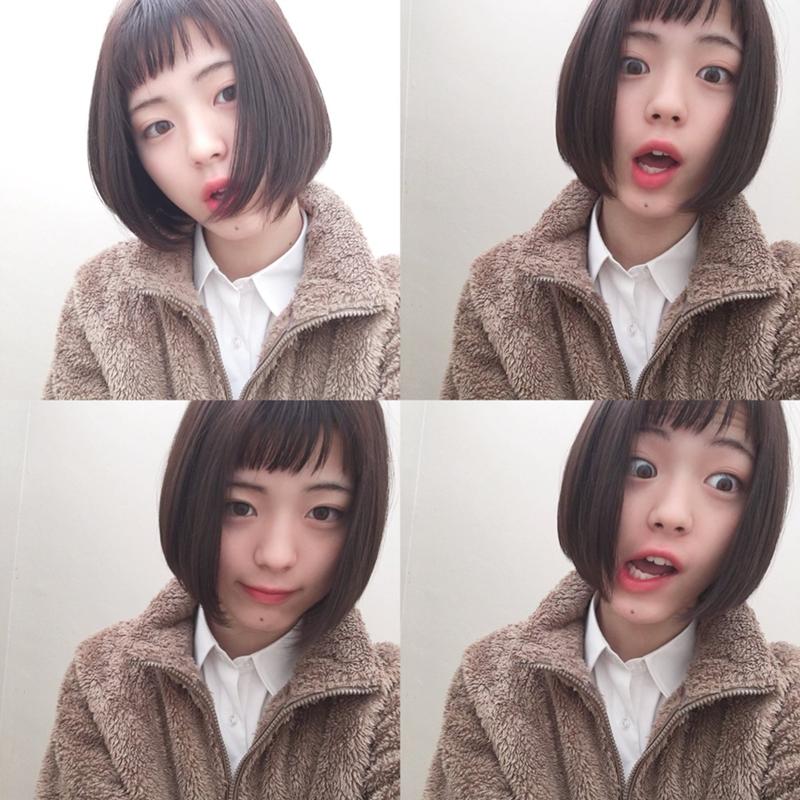 This beautiful name is also used to say «love».
This beautiful name is also used to say «love». 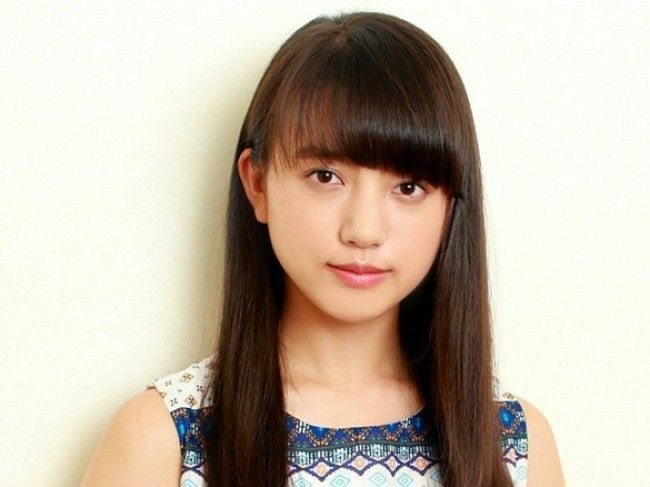 Other variations of the name are Aina, Airi, Aiko, and Aiho.
Other variations of the name are Aina, Airi, Aiko, and Aiho. 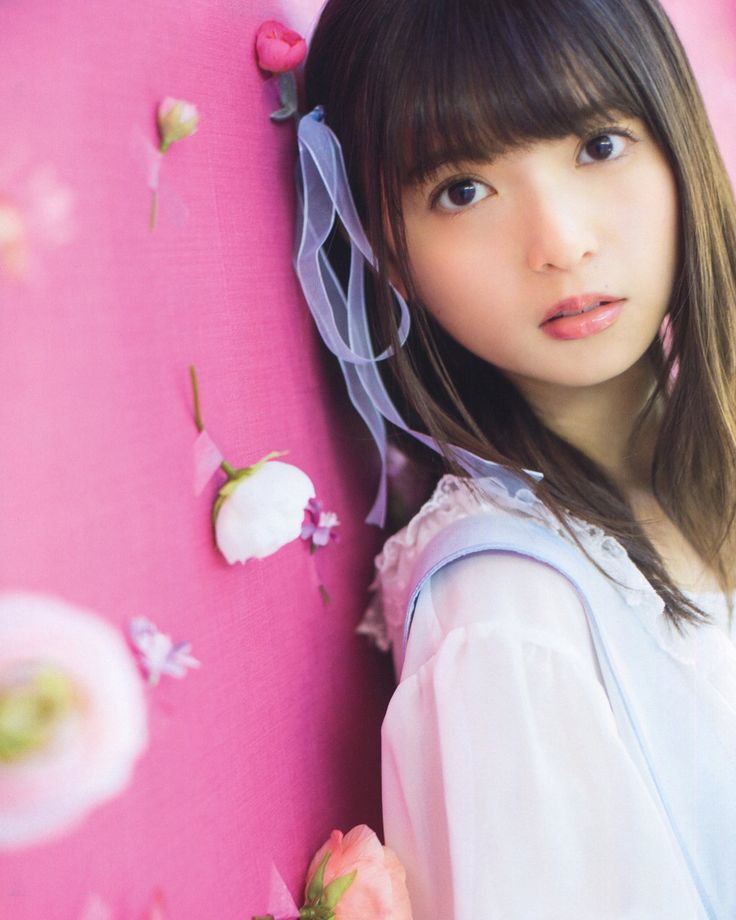 This is the perfect name for a beautiful and sweet girl.
This is the perfect name for a beautiful and sweet girl. 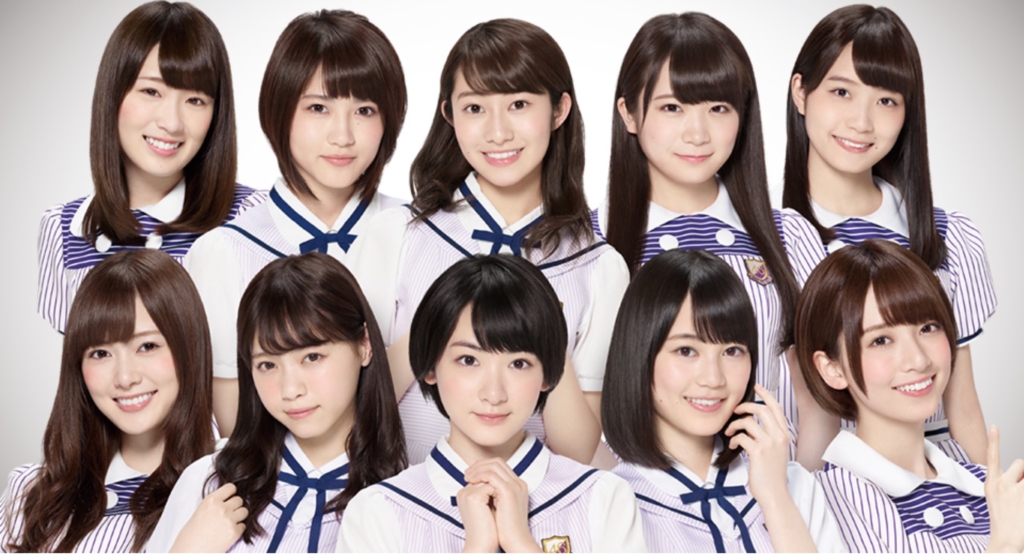 There are several variants of this name: Fimie, Fumiho, Fumina and Fumiyo.
There are several variants of this name: Fimie, Fumiho, Fumina and Fumiyo. 
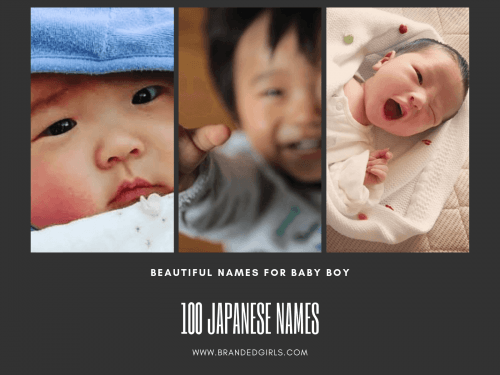
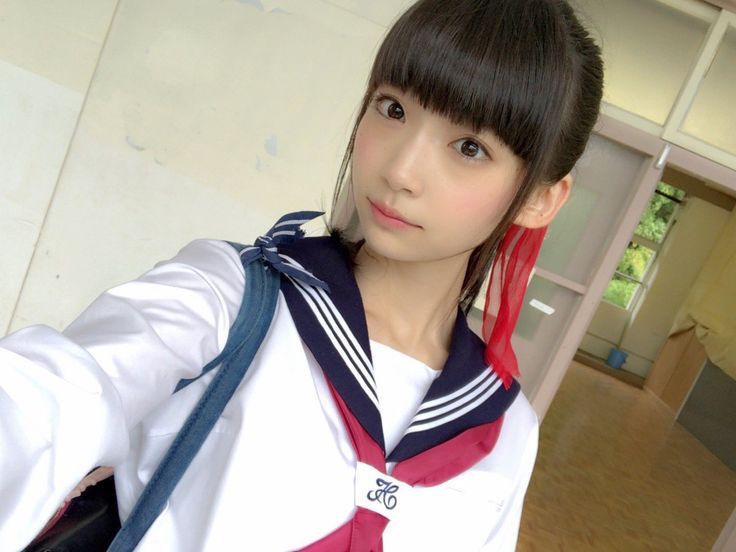
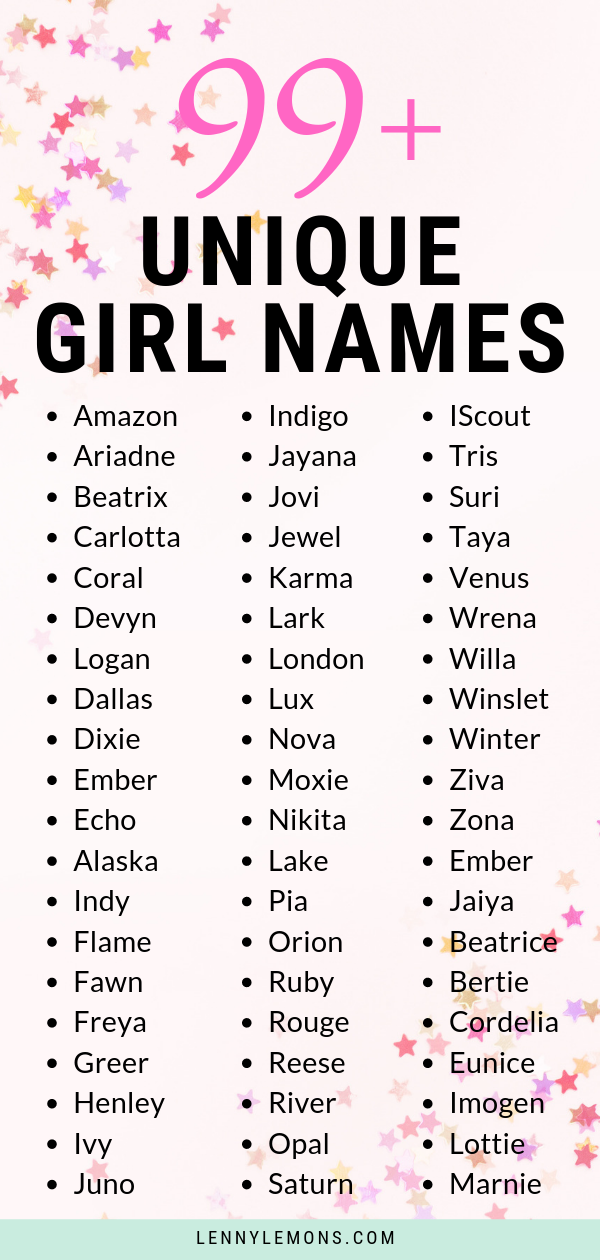 Its popular variant Chiyo is one of the traditional female names in Japan, meaning «a thousand generations».
Its popular variant Chiyo is one of the traditional female names in Japan, meaning «a thousand generations». 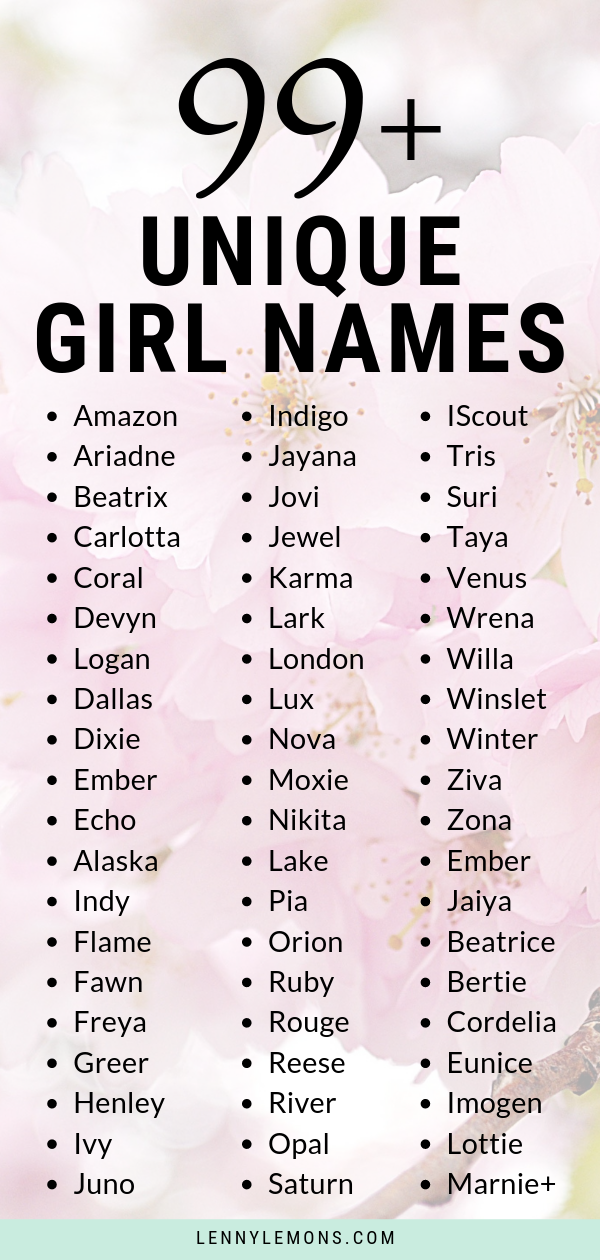 His variant is Hayaka.
His variant is Hayaka. 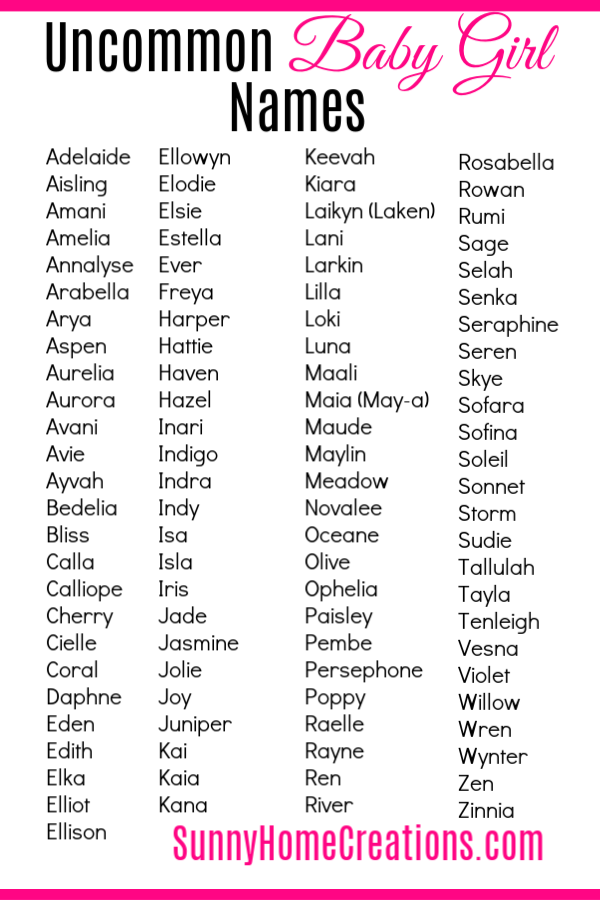 Variants of this name are Kaiko and Kaiyo.
Variants of this name are Kaiko and Kaiyo. 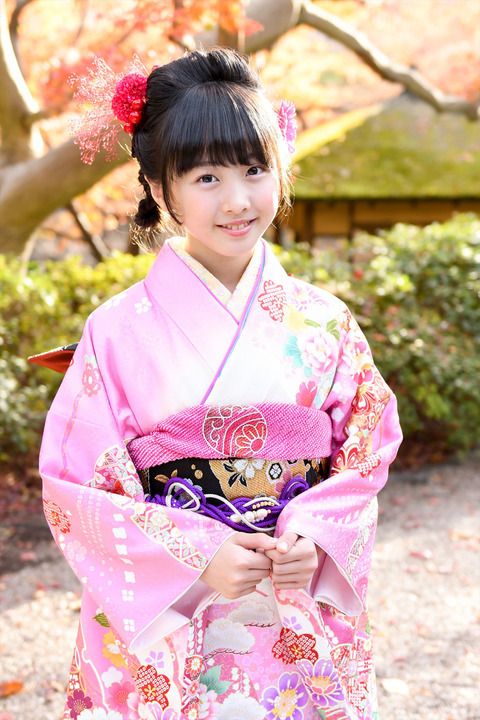 The name has other variations such as Masako and Masayo.
The name has other variations such as Masako and Masayo. 

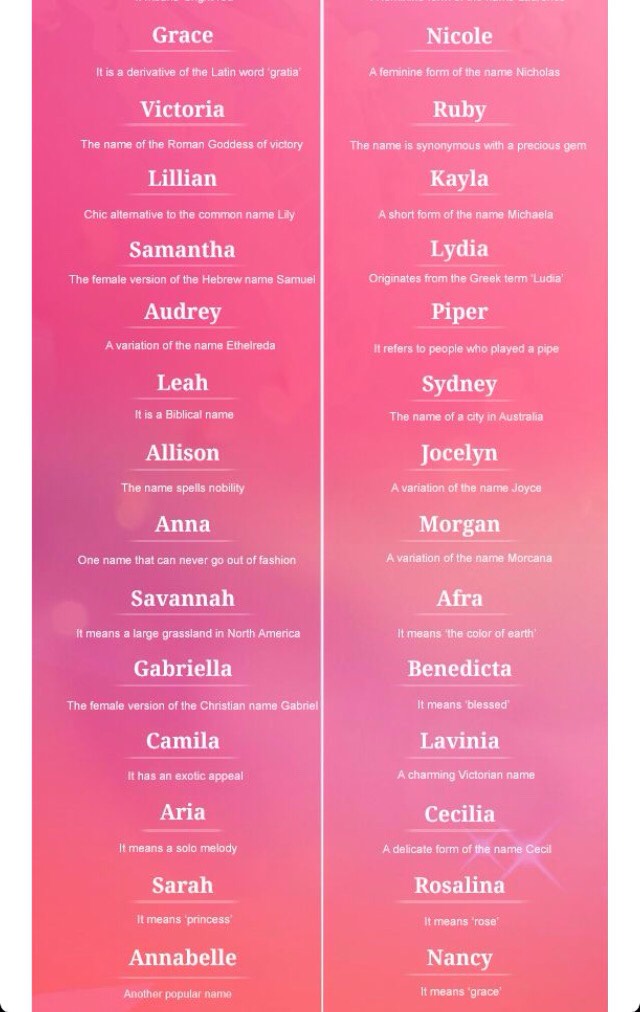 But, knowing the patterns, it is not difficult to determine the source.
But, knowing the patterns, it is not difficult to determine the source. 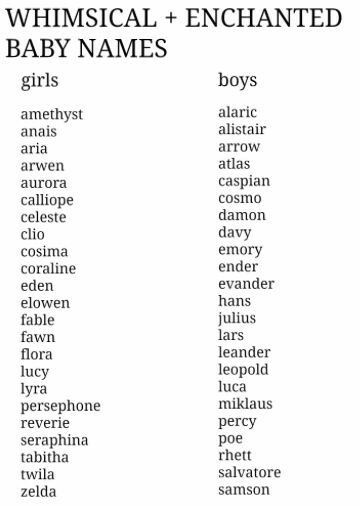 We can say that this is a whole subculture, very reminiscent of the Gothic habitual for Europeans.
We can say that this is a whole subculture, very reminiscent of the Gothic habitual for Europeans. 
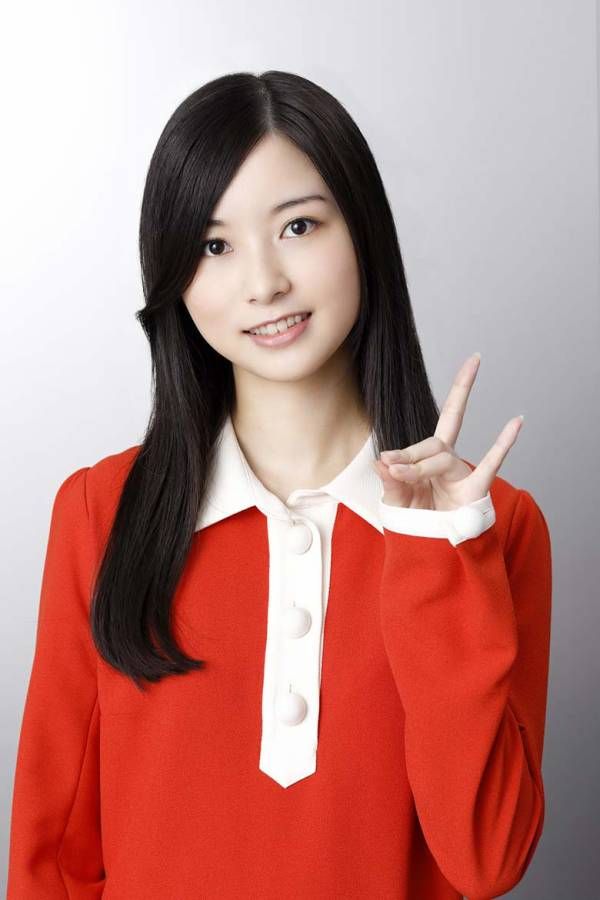 form named Alice
form named Alice 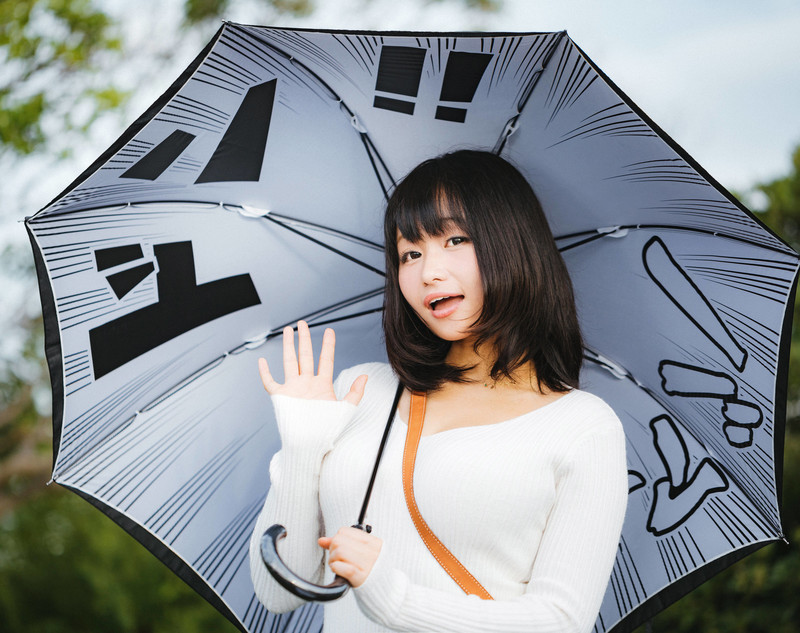 musical instrument «koto»
musical instrument «koto» 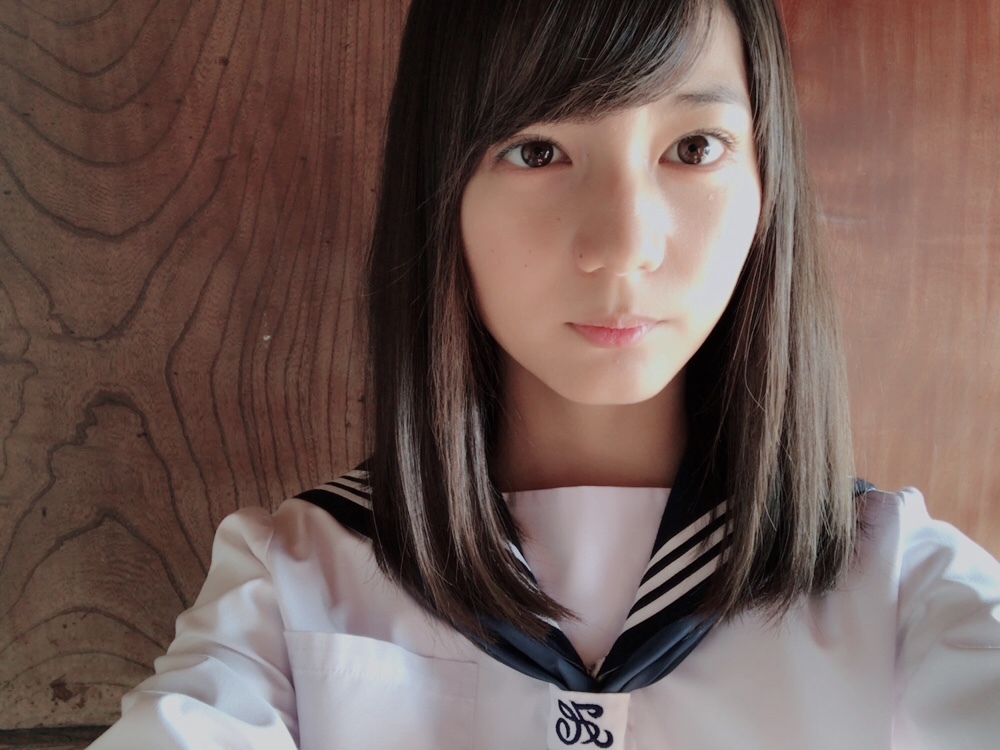 Crafts and old motifs become obsolete and cease to exist. A similar analogy can be made with the names of people. They can either simply lose their popularity for a while, or completely go out of use, leaving behind a small trace.
Crafts and old motifs become obsolete and cease to exist. A similar analogy can be made with the names of people. They can either simply lose their popularity for a while, or completely go out of use, leaving behind a small trace. 
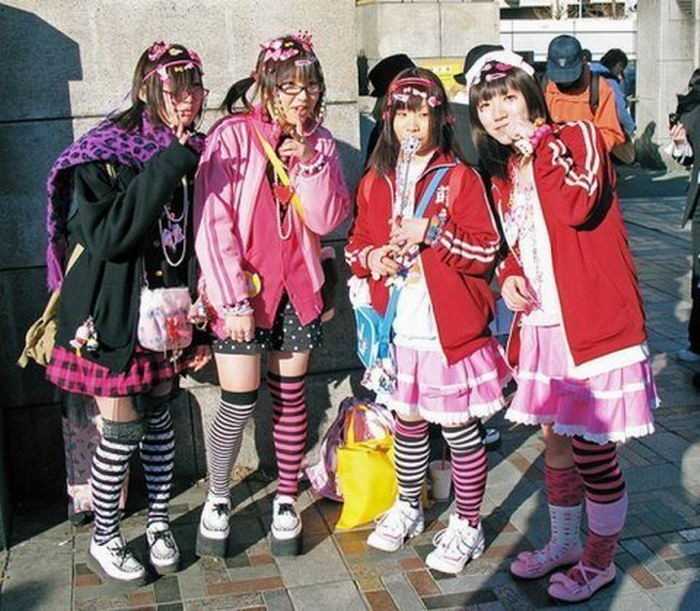 and the like. But in practice, hieroglyphs are almost always written.
and the like. But in practice, hieroglyphs are almost always written. 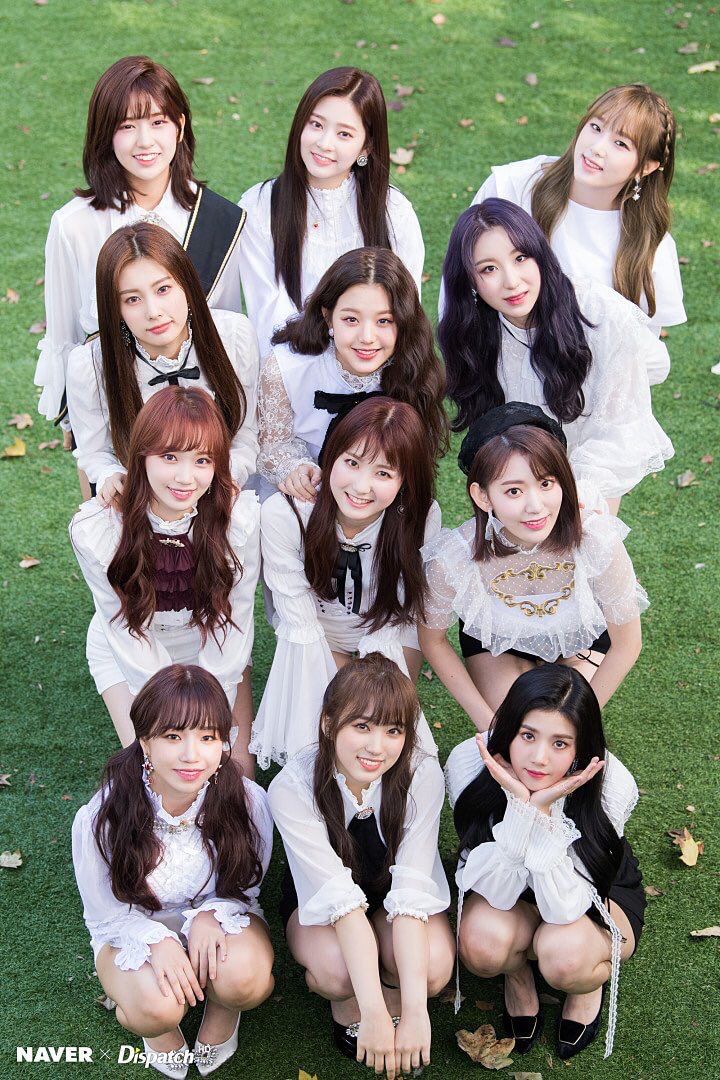 Some people chose historical names, others simply invented, for example, fortune-telling, or turned to priests to choose a surname. This explains the fact that there are a lot of different surnames in Japan, both in pronunciation and spelling, and makes it difficult to read.
Some people chose historical names, others simply invented, for example, fortune-telling, or turned to priests to choose a surname. This explains the fact that there are a lot of different surnames in Japan, both in pronunciation and spelling, and makes it difficult to read. 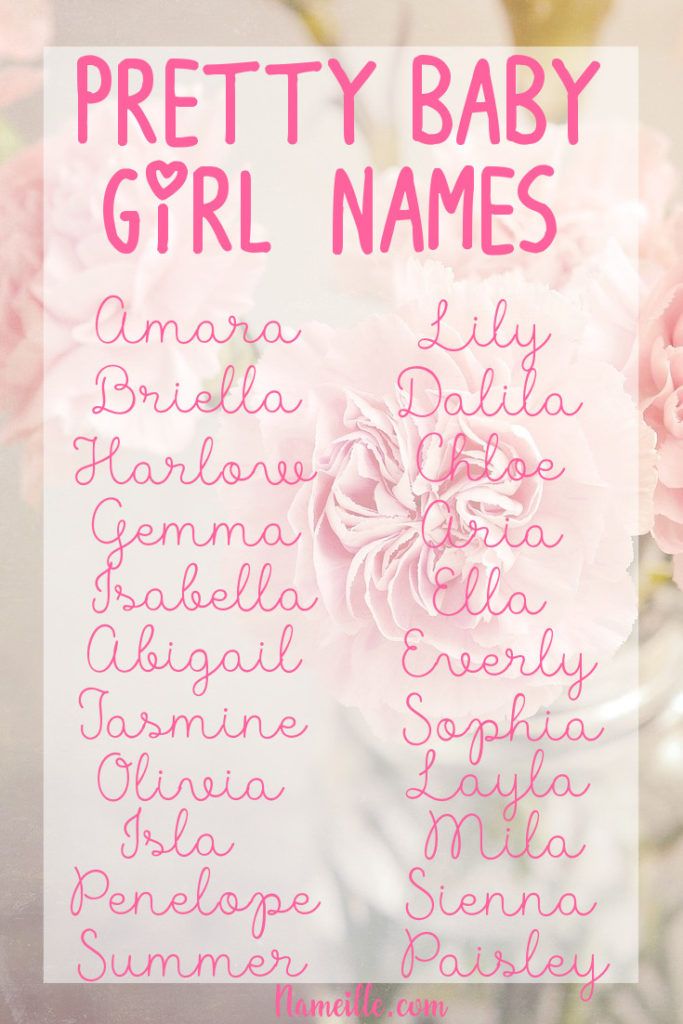 Most Japanese surnames mean various rural landscapes. The following table provides a list of the most common Japanese surnames along with the characters, readings, and their meaning in Russian.
Most Japanese surnames mean various rural landscapes. The following table provides a list of the most common Japanese surnames along with the characters, readings, and their meaning in Russian. 
 .
. 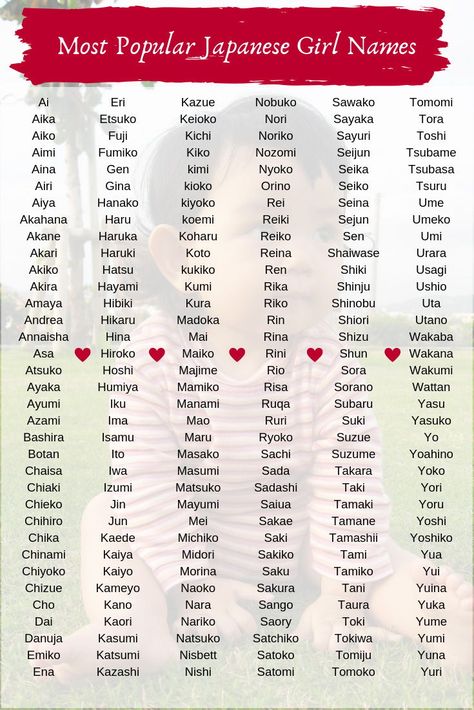
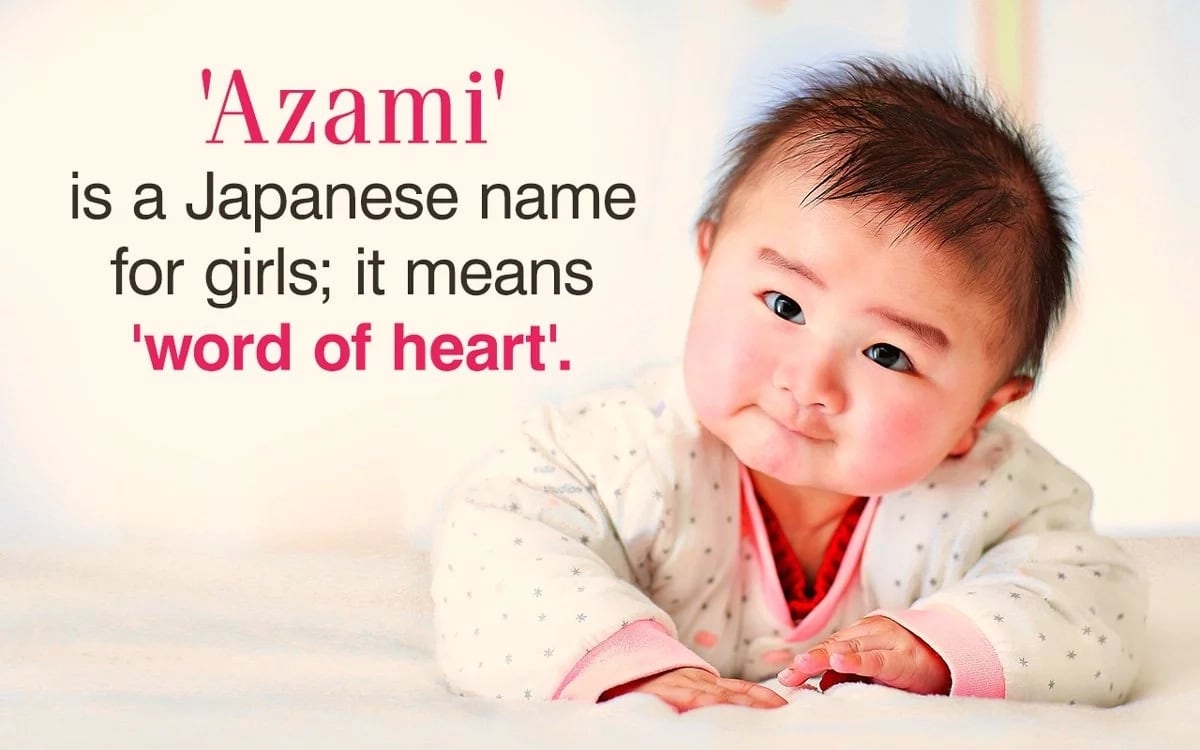 Such names most likely come from the old tradition of naming the girls of noble families in order of birth. Currently, the following characters are commonly used among the numerals: 千 (ti) — «thousand», 三 (mi) — «three», 五 (go) — «five» and 七 (nana) — «seven».
Such names most likely come from the old tradition of naming the girls of noble families in order of birth. Currently, the following characters are commonly used among the numerals: 千 (ti) — «thousand», 三 (mi) — «three», 五 (go) — «five» and 七 (nana) — «seven». 
